If you own a website, you’ve probably seen that little padlock symbol before your domain name. That’s your SSL certificate working quietly in the background encrypting data, protecting customer trust, and making your business look professional. But what happens when it expires? That’s where SSL Renewal India becomes crucial.
Many website owners in India forget to renew their SSL certificates until it’s too late. I’ve seen business owners panic when their site suddenly shows “Not Secure.” It’s not just embarrassing it can affect your Google ranking, customer trust, and even sales. So, let’s talk about how to avoid that situation entirely.
In this comprehensive guide, we’ll explore everything about SSL Renewal India, including free SSL renewal, auto SSL renew, EV SSL India, and useful HTTPS certificate tips to help you stay ahead in 2025.
Understanding SSL Renewal in India
Before we jump into renewals, let’s start with the basics. SSL stands for Secure Sockets Layer. It’s the technology that ensures data shared between your website and your visitors remains encrypted and safe from hackers.
Every SSL certificate has a validity period, typically one year. Once it expires, your site starts displaying warnings like “Your connection is not private.” That’s when the SSL renewal process begins.
In India, many hosting companies and domain providers such as GoDaddy, Hostinger, BigRock, and Namecheap offer automatic SSL renewals, but not all users enable it. That’s why understanding manual and auto SSL renew processes can save you from downtime or lost customers.
Why SSL Renewal Matters for Indian Websites
Here’s something many Indian businesses underestimate: SSL renewal is not just about encryption. It’s about trust. Whether you’re running an eCommerce store in Bangalore or a blog in Delhi, an expired certificate can damage your brand’s reputation overnight.
When your SSL expires, browsers like Chrome and Firefox will instantly flag your site as unsafe. Your visitors will see red warnings, and most will exit immediately. You lose traffic, credibility, and ranking.
Google’s algorithm also considers HTTPS security as a ranking signal. So timely SSL renewal in India directly affects your SEO performance.
Let me tell you, I’ve seen small businesses drop from page one to page four just because their SSL expired unnoticed.
Free SSL Renewal Options You Can Use
Everyone loves free tools and yes, you can get free SSL renewal in India too. Let’s Encrypt is the most popular option. It’s a non-profit Certificate Authority offering free SSL certificates for up to 90 days, with easy renewal scripts available through hosting panels like cPanel or Plesk.
Most Indian hosting providers have built-in integrations with Let’s Encrypt or ZeroSSL, making free SSL renewal as simple as one click.
However, there’s a small catch: these certificates are basic Domain Validation (DV) SSLs. They’re perfect for blogs, personal sites, and small businesses, but large eCommerce or fintech platforms might prefer EV SSL India options for stronger authentication.
Still, for 90% of small websites, free SSL renewal works beautifully if automated properly.
EV SSL India - Do You Really Need It?
If your website handles financial transactions or sensitive customer data, you might have heard of EV SSL India which stands for Extended Validation SSL. This is the top-tier SSL that verifies your business identity before issuing the certificate.
When customers click the padlock icon, they can see your company name verified by a trusted Certificate Authority like DigiCert or Sectigo. This creates strong trust especially in India, where users are still cautious about online payments.
But do you need it?
If you’re running an online store, government portal, or banking service, absolutely yes.
If you just have a blog or portfolio, a standard SSL with auto SSL renew enabled will be sufficient. Remember, EV SSL India certificates come with higher cost and validation steps, but the credibility they bring is unmatched.
How Auto SSL Renew Can Simplify Your Life
Most modern hosting panels now offer auto SSL renew, and honestly, it’s a lifesaver. Imagine never worrying about expiry dates, alerts, or manual renewals again.
Auto renewal means your SSL certificate will automatically refresh before it expires, usually 30 days in advance.
Platforms like cPanel, Cloudflare, and Namecheap automatically handle renewal using ACME protocols.
If you’re running multiple domains (say, your main website, a blog, and a client portal), setting up auto SSL renew ensures all your subdomains stay secure without you lifting a finger.
Still, it’s wise to check logs occasionally. Some renewals may fail if DNS settings change or if your hosting panel has expired API credentials.
“In India’s fast-moving digital world, SSL renewal isn’t a technical chore, it's a trust commitment to your visitors. Keeping your SSL active is like keeping your shop open and secure every day.”
HTTPS Certificate Tips for 2025
When it comes to HTTPS certificate tips, 2025 brings new updates from browsers and security standards.
Here are a few that Indian website owners should remember:
- Use a 2048-bit key - It’s the current standard for security strength.
- Enable HSTS (HTTP Strict Transport Security) - Forces browsers to use HTTPS connections.
- Monitor expiry dates - Even with auto-renewal, double-check once a quarter.
- Use reputable Certificate Authorities - Cheap SSLs from unverified sources can cause browser warnings.
- Redirect HTTP to HTTPS - So all old links still function correctly.
These small steps can make a huge difference to your site’s stability and trust.
SSL Expiry Alerts and How to Manage Them
If there’s one thing website owners in India tend to ignore, it’s those little renewal reminder emails. We all get so many notifications that SSL expiry alerts often slip through the cracks until one day, the site suddenly says “Not Secure.”
That’s why setting up proper SSL expiry alerts can be a game-changer.
Most Certificate Authorities (CAs) send you alerts 30, 15, and 7 days before expiry. However, it’s smart to have secondary alerts via your hosting provider, IT team, or even automated tools like Cron jobs or uptime monitors that send WhatsApp or Slack notifications.
Some webmasters in India use services like UptimeRobot or StatusCake to track SSL expiry across multiple domains. You can set it up in five minutes and trust me, it can save you hours of panic later.
A quick checklist to manage SSL expiry alerts:
- ✅ Register SSL with your primary business email, not a personal one.
- ✅ Keep a backup contact in your Certificate Authority profile.
- ✅ Don’t rely on a single reminder automate it.
- ✅ Keep a record of expiry dates in your Google Calendar.
Just imagine you run a small eCommerce site in Hyderabad, and one Sunday morning your customers start seeing “unsafe connection” warnings. That small alert you missed could cost you a day’s sales. Better safe than sorry.
Step-by-Step Process for SSL Renewal India
If your SSL certificate is nearing expiry, renewing it is pretty simple but it’s essential to do it correctly. Let’s break down the step-by-step SSL renewal process for Indian websites in 2025.
Step 1: Check Your Current SSL Status
Start by checking your SSL certificate’s expiry date. You can do this by clicking the padlock icon on your browser or by using free tools like SSL Checker or DigiCert’s Certificate Utility.
Step 2: Choose the Right Renewal Type
Depending on your website and budget, decide whether to go for:
- Free SSL Renewal (via Let’s Encrypt or ZeroSSL)
- DV/OV SSL (Domain/Organization Validation)
- EV SSL India (for maximum trust and compliance)
Step 3: Generate a CSR (Certificate Signing Request)
This step applies mostly to manual renewals. You can generate a CSR through your hosting panel (like cPanel or DirectAdmin). Make sure your organization name, domain, and contact details are accurate.
Step 4: Validate Ownership
Your CA will send a verification email to confirm domain ownership. Click the verification link or upload the required file to your hosting account.
Step 5: Install the New SSL Certificate
Once approved, download and install the renewed SSL certificate in your hosting panel. If you’re using auto SSL renew, this step is automatic.
Step 6: Verify Installation
Visit your website using HTTPS and check for the padlock symbol. Run a quick test using an online SSL analyzer to confirm there are no errors.
And there you go your site is secure again for another year.
Common Mistakes to Avoid During Renewal
Even experienced web admins can slip up during SSL renewal. Here are some of the most common mistakes I’ve seen among Indian website owners:
- Forgetting to back up old certificates - It’s good practice to keep previous SSL records, especially for troubleshooting.
- Not updating CA records - If your contact email changes, you may miss important alerts.
- Installing the wrong SSL - Mixing up domain and wildcard SSLs is a common blunder.
- Ignoring intermediate certificates - Without them, your SSL might install but still show browser warnings.
- Not forcing HTTPS redirects - This can lead to mixed content errors and SEO ranking issues.
Avoid these, and you’ll save yourself a lot of frustration later.
Why Timely Renewal Matters for SEO and Trust
This might sound obvious, but it’s worth emphasizing timely SSL renewal has a direct impact on your SEO. Google treats HTTPS as a trust signal, and any downtime or expired certificate can reduce your visibility in search results.
Even a few hours of SSL downtime can cause Google’s crawler to flag your pages as insecure. When that happens, your page authority and click-through rate (CTR) can drop significantly.
Also, let’s not forget user psychology. Indian visitors today are far more aware of security indicators. They will quickly leave any site that shows a “Not Secure” warning, especially when making payments or submitting forms.
Your SSL is your digital handshake. Keep it active and trustworthy.
Top Tools for SSL Monitoring and Auto Renewal
If you manage multiple domains, it’s worth investing in tools that handle auto SSL renewal and monitoring. Here are some reliable options widely used in India:
| Tool | Type | Key Features |
|---|---|---|
| Let’s Encrypt | Free | Auto renewal via ACME, simple integration |
| ZeroSSL | Free/Paid | Wildcard support, custom validity |
| DigiCert CertCentral | Paid | Enterprise-grade automation, expiry alerts |
| Cloudflare | Free | Universal SSL, CDN-level protection |
| SSLForFree | Free | Easy manual and automatic renewals |
These services can handle renewals seamlessly, especially when you’re managing client sites or multiple subdomains.
Real-Life Example: A Missed Renewal in Mumbai
Let me share a quick story. A local restaurant owner in Mumbai launched an online ordering system during the pandemic. Business was booming, but one morning customers started calling the website saying “Not Secure.”
Turns out, the SSL certificate expired two days earlier, and he didn’t notice. Even though it was fixed in a few hours, the restaurant lost dozens of orders that morning.
It’s a small reminder that even a short SSL lapse can have real business consequences. Since then, he’s been using auto SSL renew and hasn’t faced the issue again.
Expert HTTPS Certificate Tips for Long-Term Security
Let’s go beyond renewal and talk about maintaining your SSL in top shape year-round. These HTTPS certificate tips are especially useful for Indian SMBs and digital agencies:
- Audit your SSL quarterly – Don’t just set and forget. Review configuration and expiry dates every few months.
- Enable OCSP stapling – It improves performance by reducing certificate validation time.
- Implement SSL pinning (for apps) – If you have a mobile app, SSL pinning prevents MITM attacks.
- Renew early – Don’t wait until the last week. Renewing 30 days early ensures zero downtime.
- Educate your team – If multiple people manage your site, make sure everyone knows how SSL renewal works.
A little proactive management goes a long way toward keeping your brand reputation strong.
(FAQs) About SSL Renewal India
Q1. How often should I renew my SSL certificate?
Most SSL certificates in India are valid for one year. Renew them before expiry to maintain HTTPS protection.
Q2. Can I switch from a paid SSL to a free SSL during renewal?
Yes, you can. However, you may need to generate a new CSR and reconfigure settings depending on your hosting provider.
Q3. What happens if my SSL expires before renewal?
Your site will show “Not Secure” warnings, and visitors may lose trust. Google may also temporarily lower your ranking.
Q4. How can I enable auto SSL renew on cPanel?
Simply go to SSL/TLS Status → Run AutoSSL. Make sure your domain points correctly and DNS is valid.
Q5. Is EV SSL India better for SEO?
Not directly, but EV SSL builds more trust with users, leading to higher click-through rates and better conversions.
Q6. Can I get SSL expiry alerts on my phone?
Yes, use tools like UptimeRobot or StatusCake. They can send expiry reminders via SMS, WhatsApp, or email.
Final Thoughts: Stay Protected, Stay Trusted
The web is evolving fast, and 2025 will be no different. Cyber threats are growing, browsers are tightening rules, and users are more cautious than ever. In such times, SSL renewal India isn’t just a technical step, it's a business responsibility.
Whether you go for free SSL renewal or invest in EV SSL India, the key is consistency. Automate renewals, monitor expiry dates, and apply smart HTTPS certificate tips regularly.
Your website is your online storefront. Keeping it secure is the best way to show professionalism, protect your customers, and maintain a competitive SEO edge.
So, next time your hosting provider sends an SSL renewal reminder don’t ignore it. Think of it as a simple yet powerful way to protect your brand’s digital future.

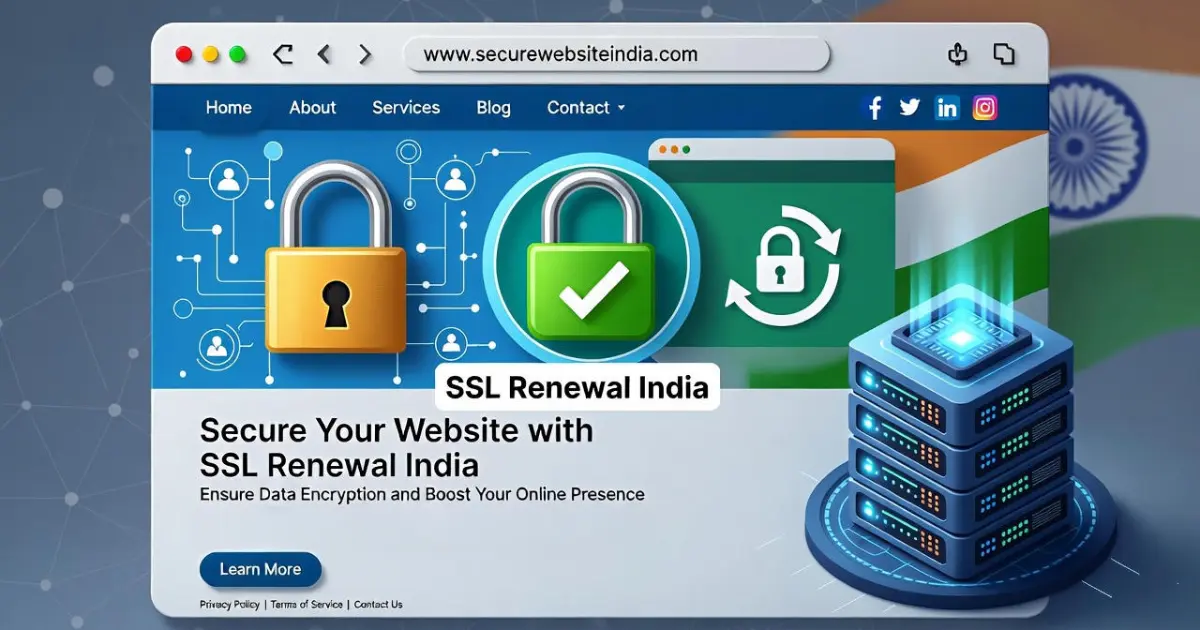
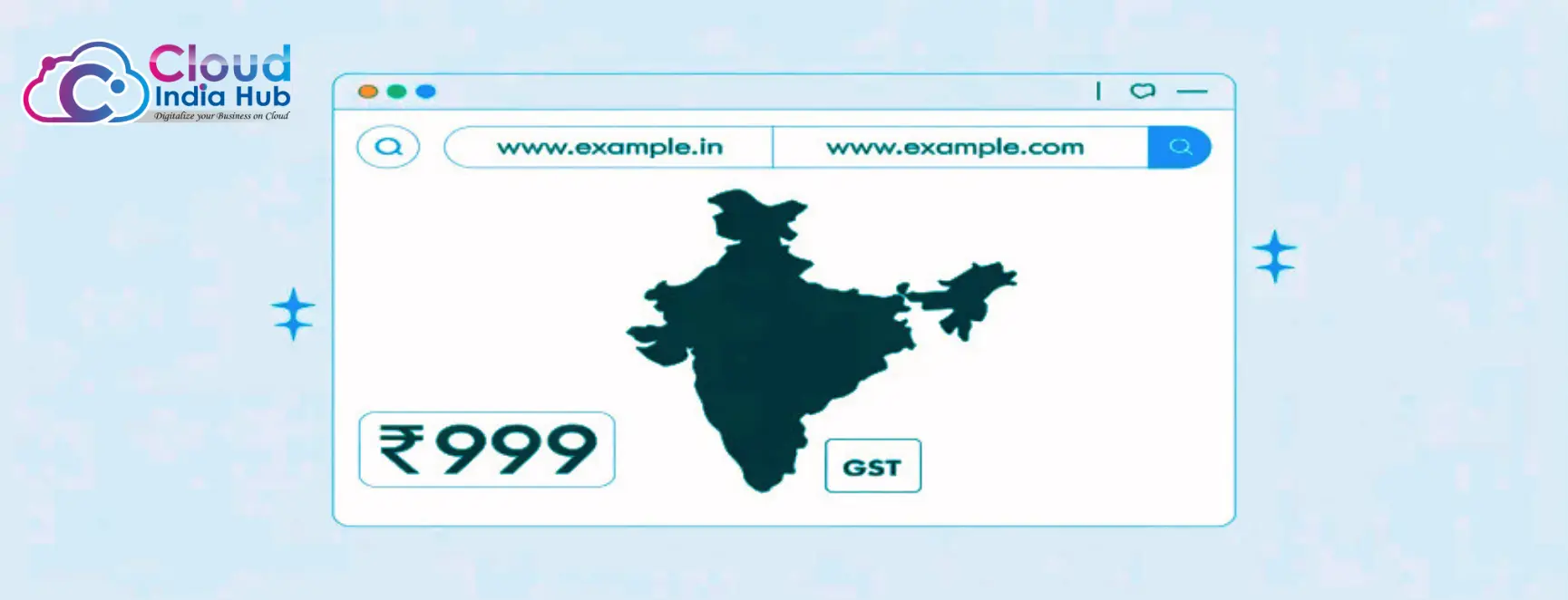
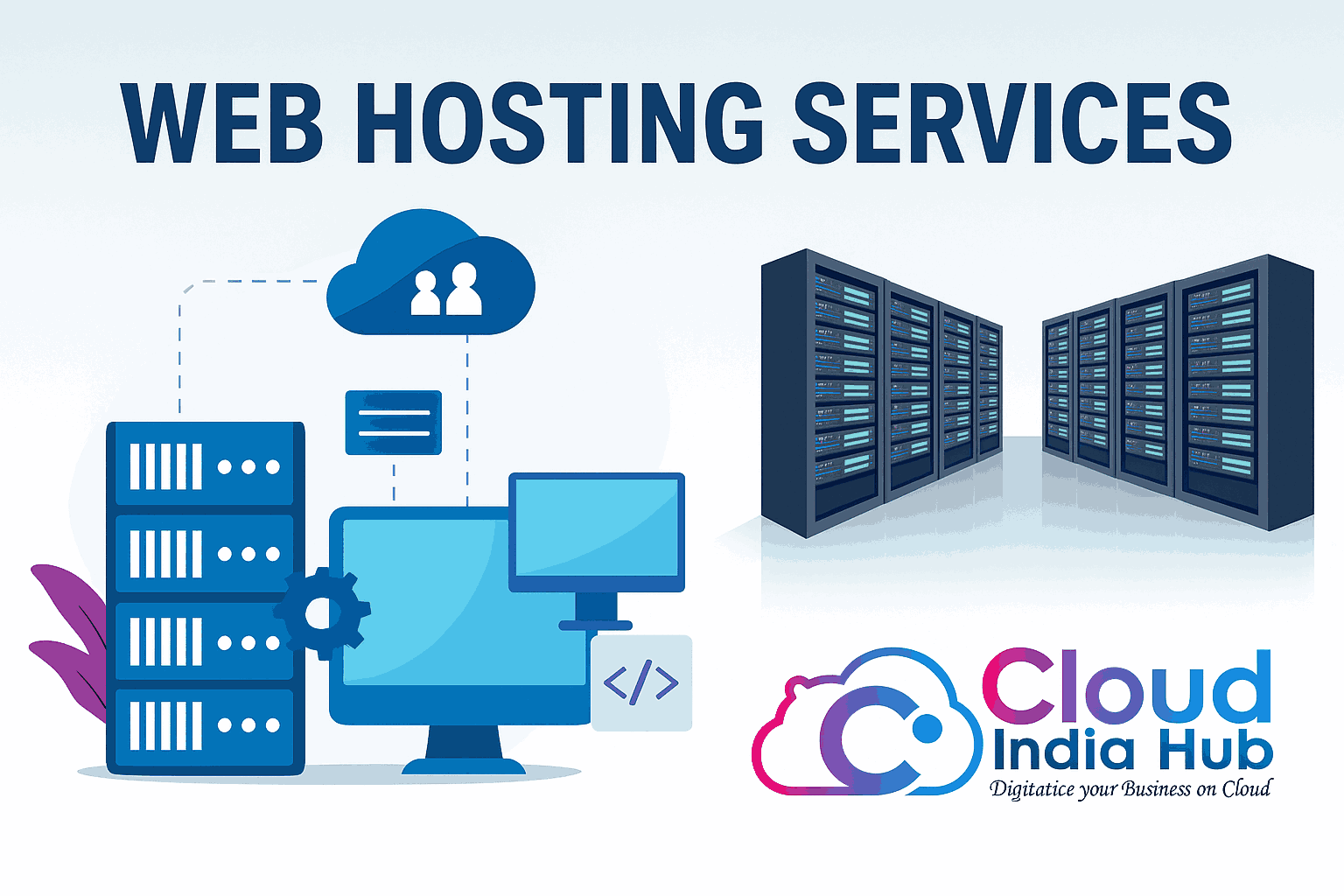
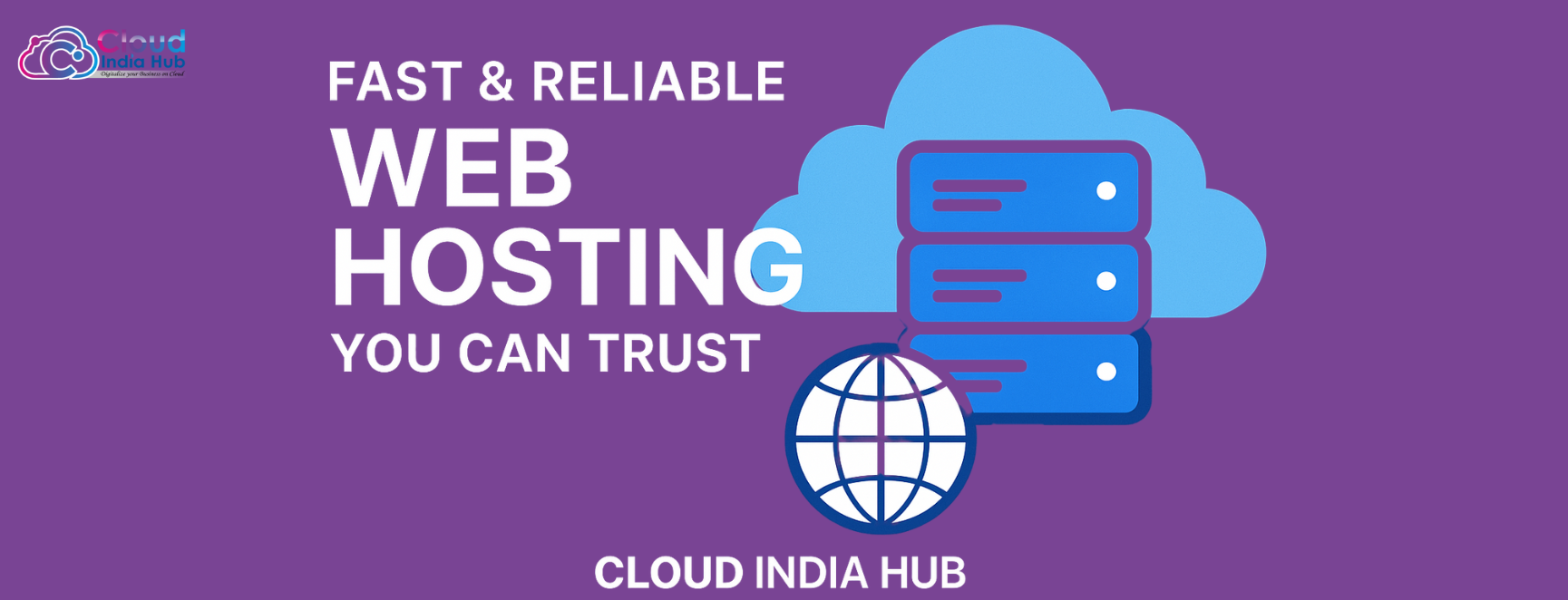





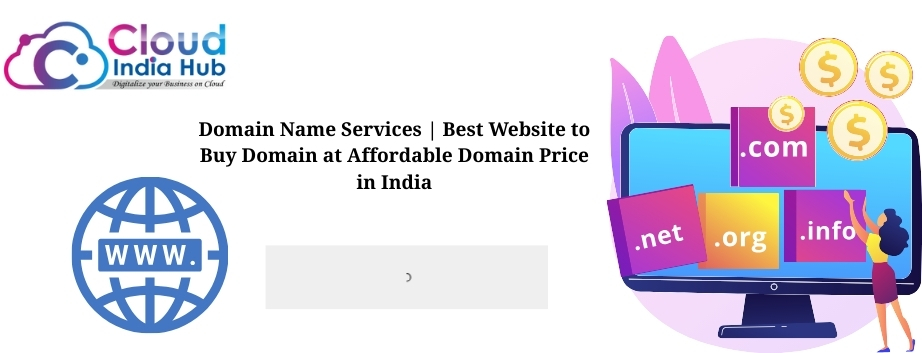

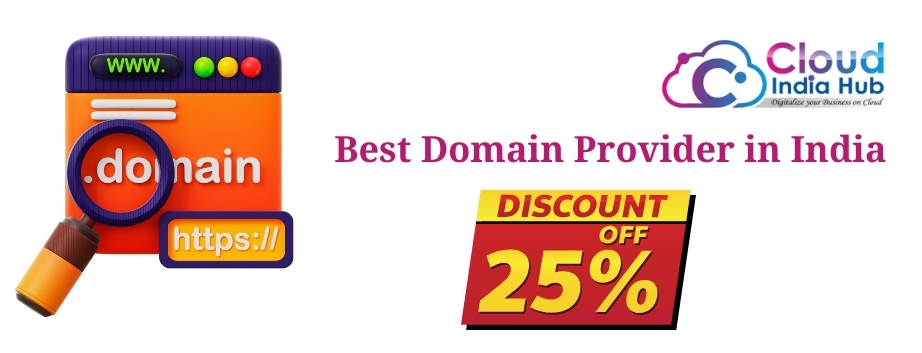
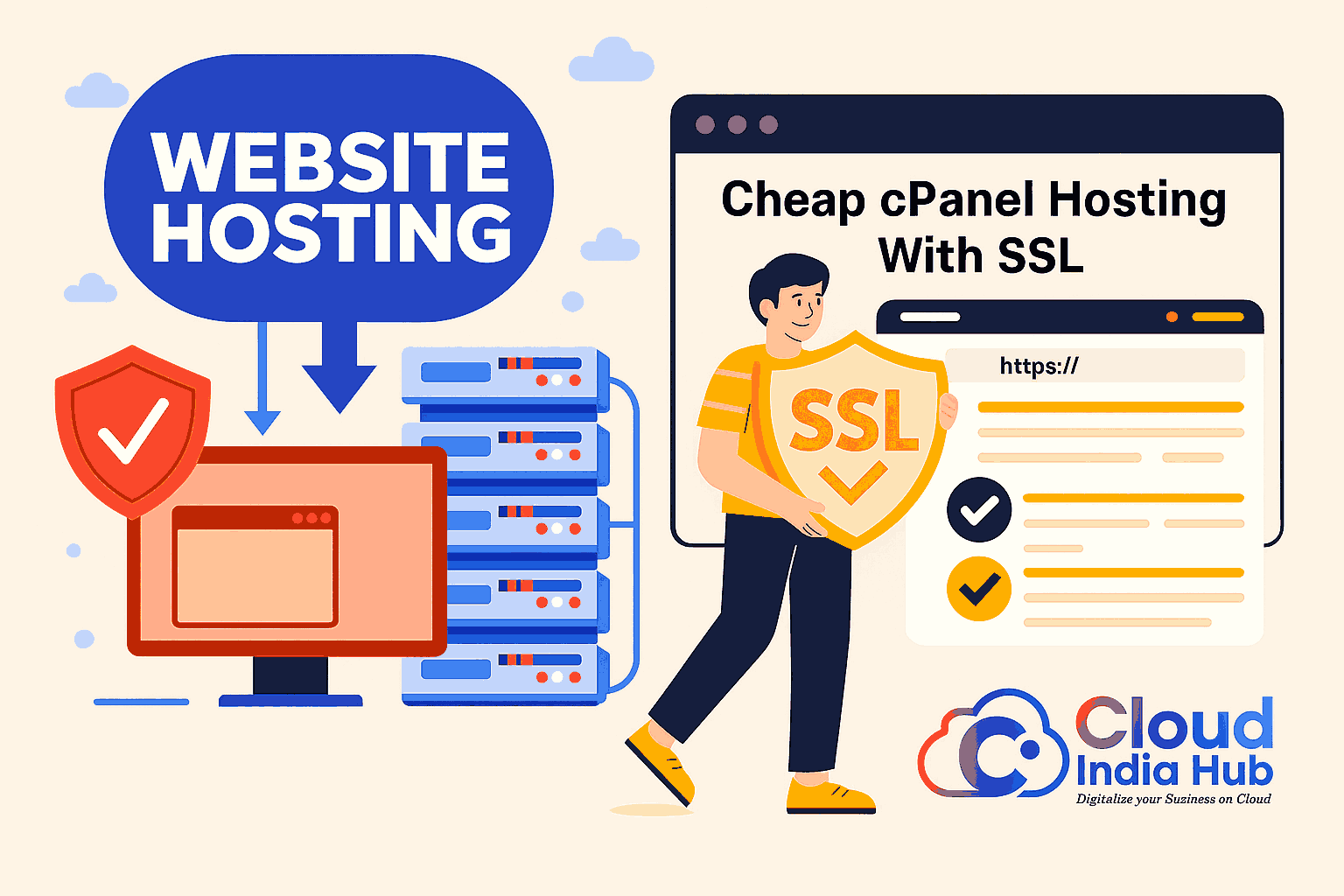
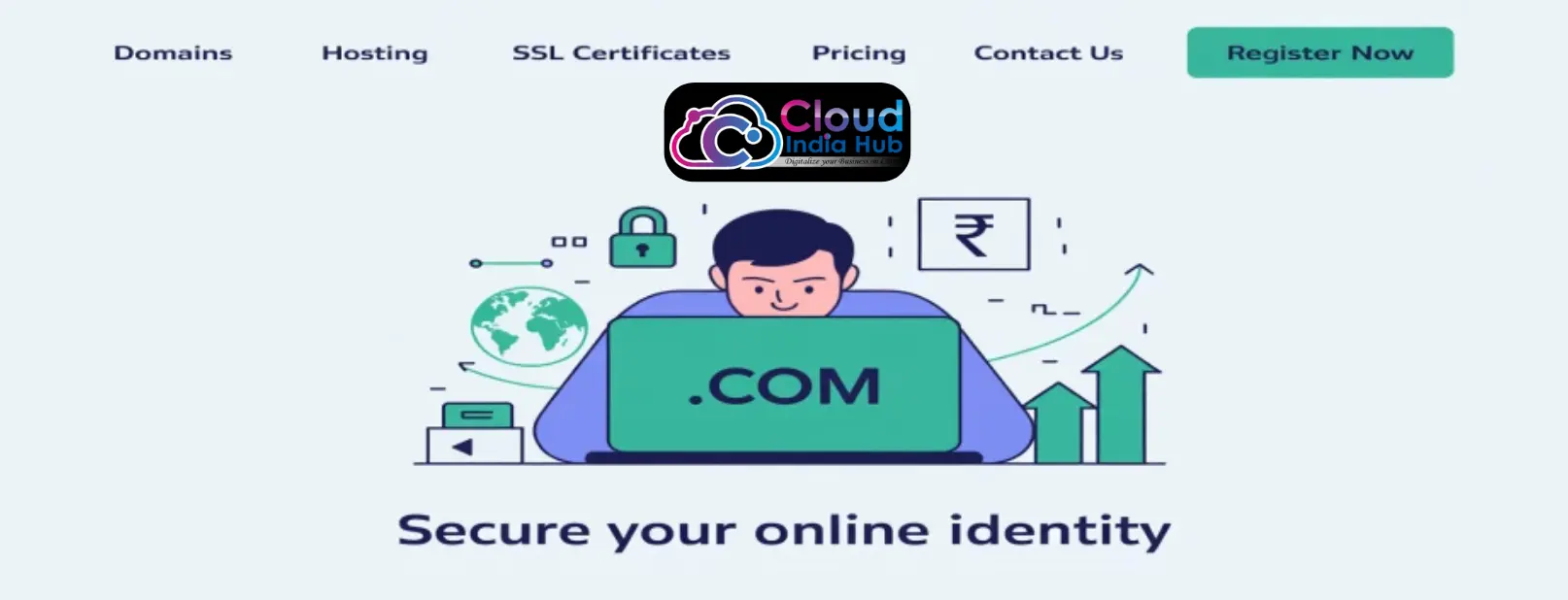
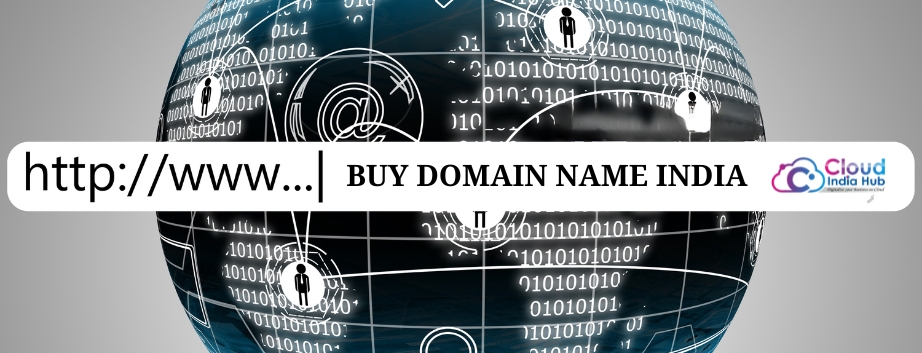
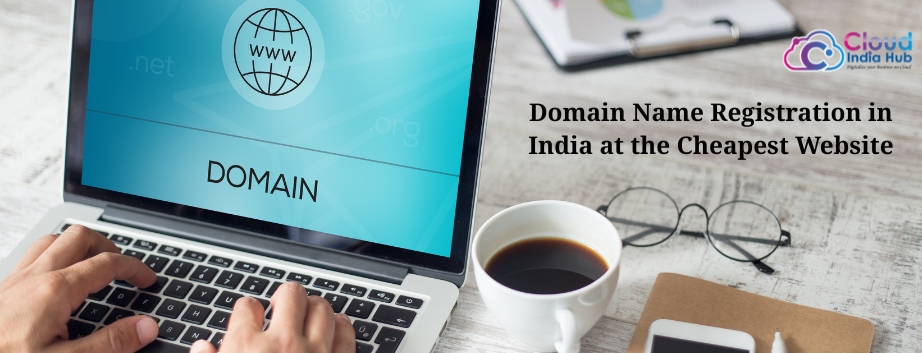


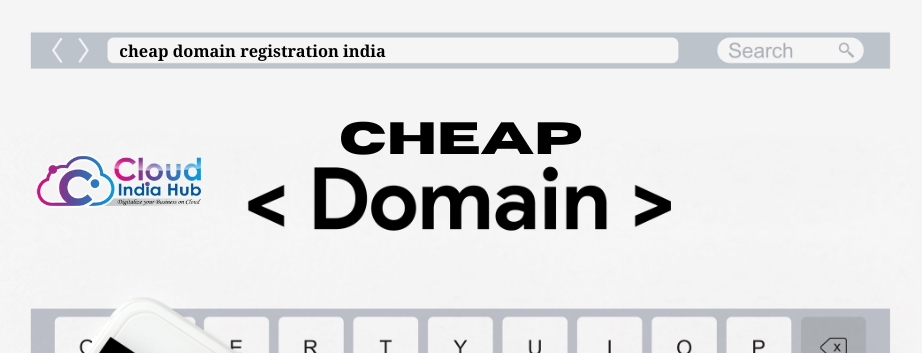
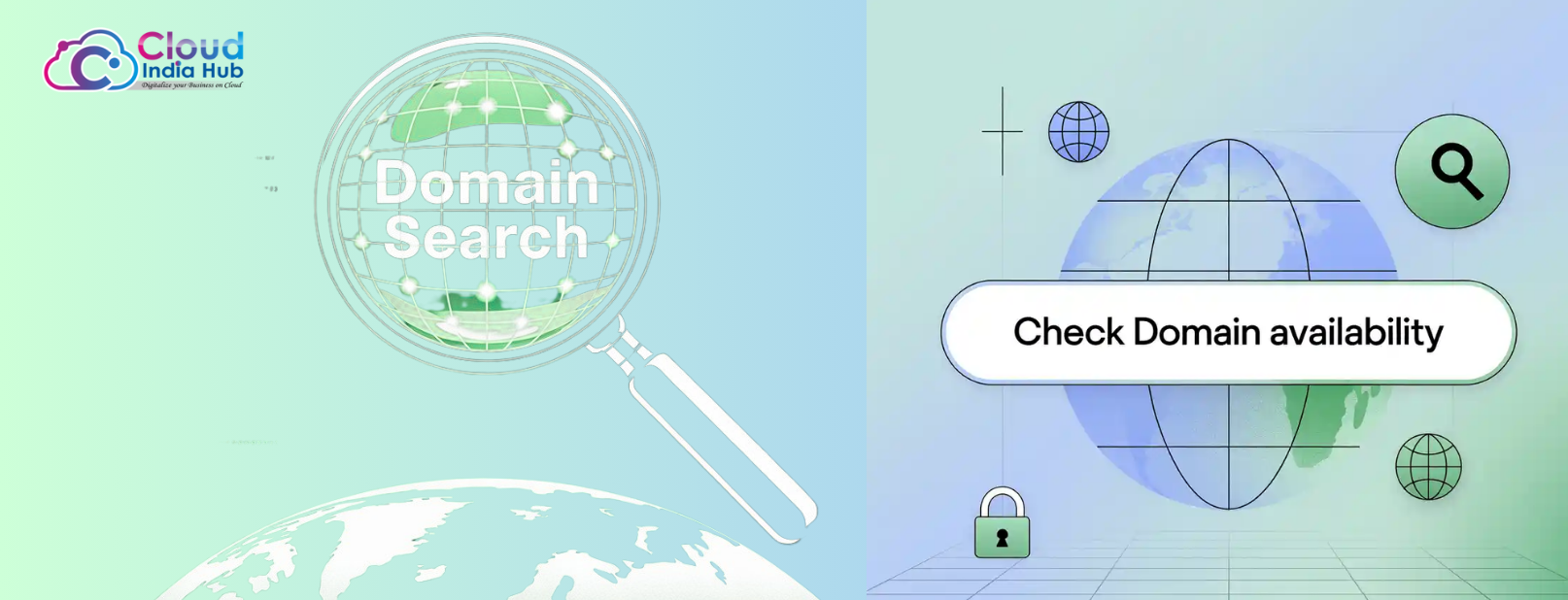
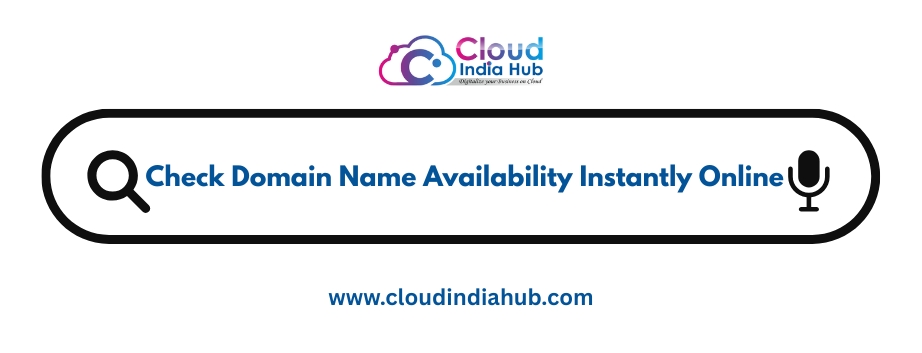


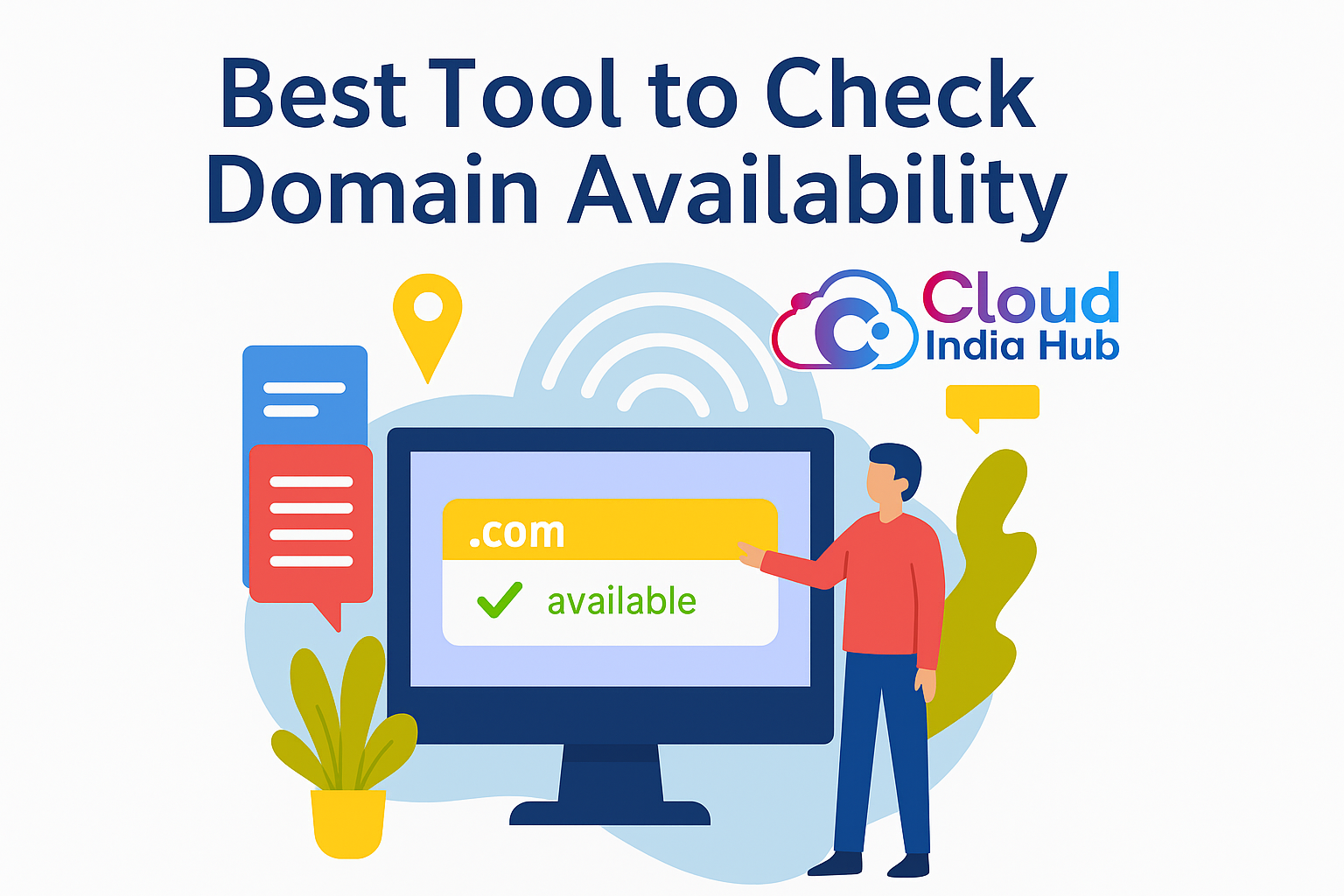


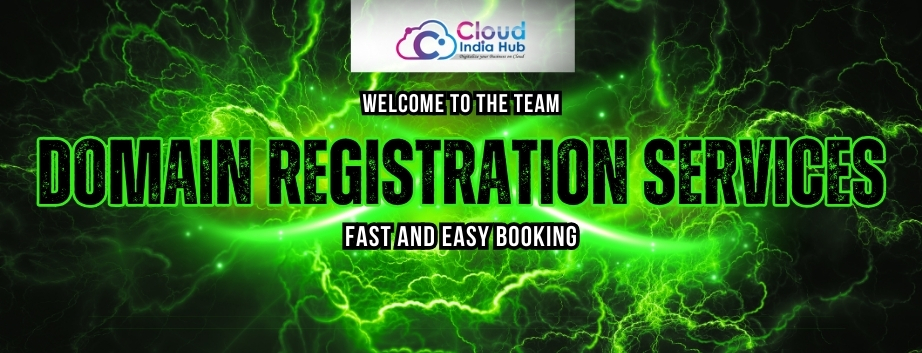
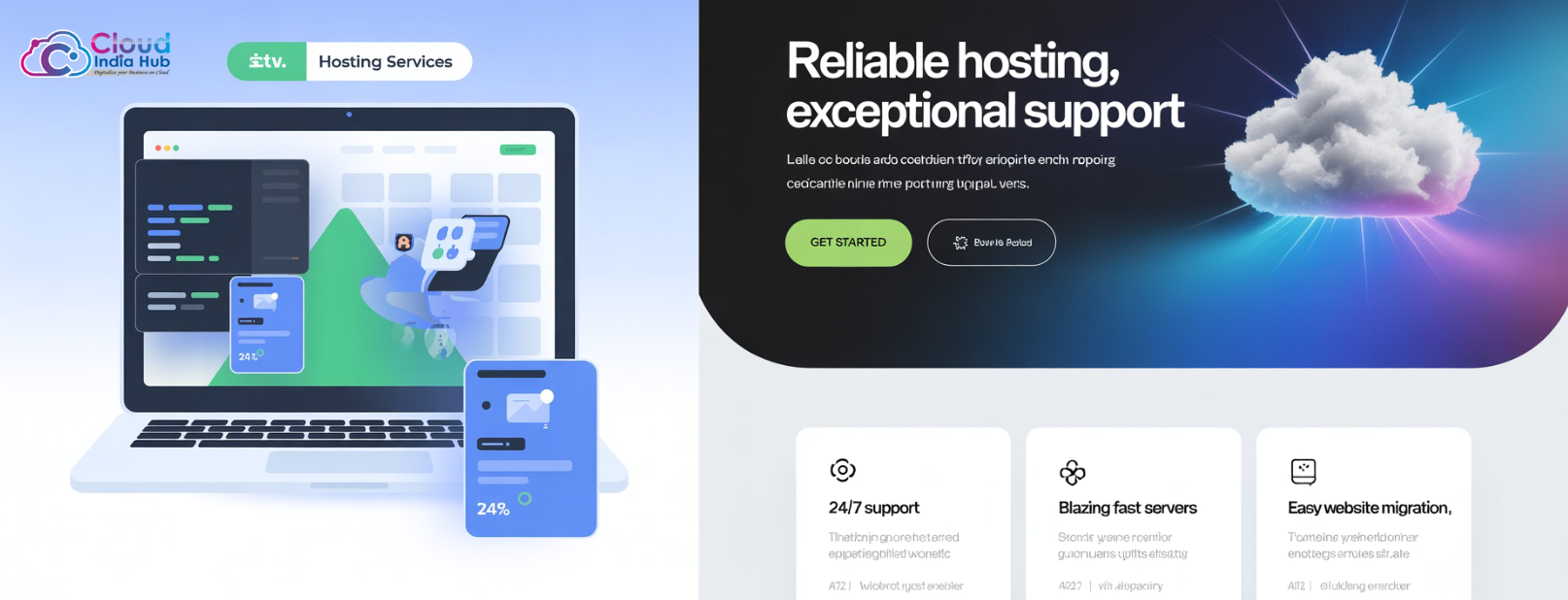
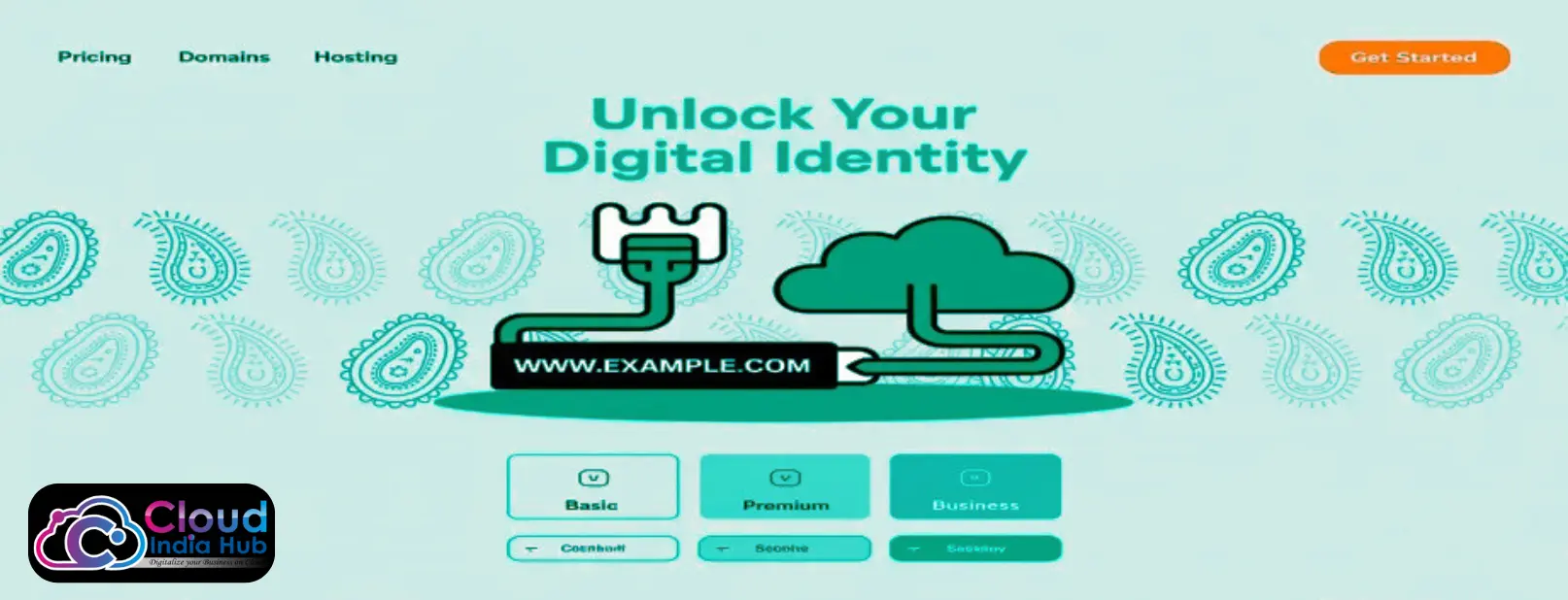
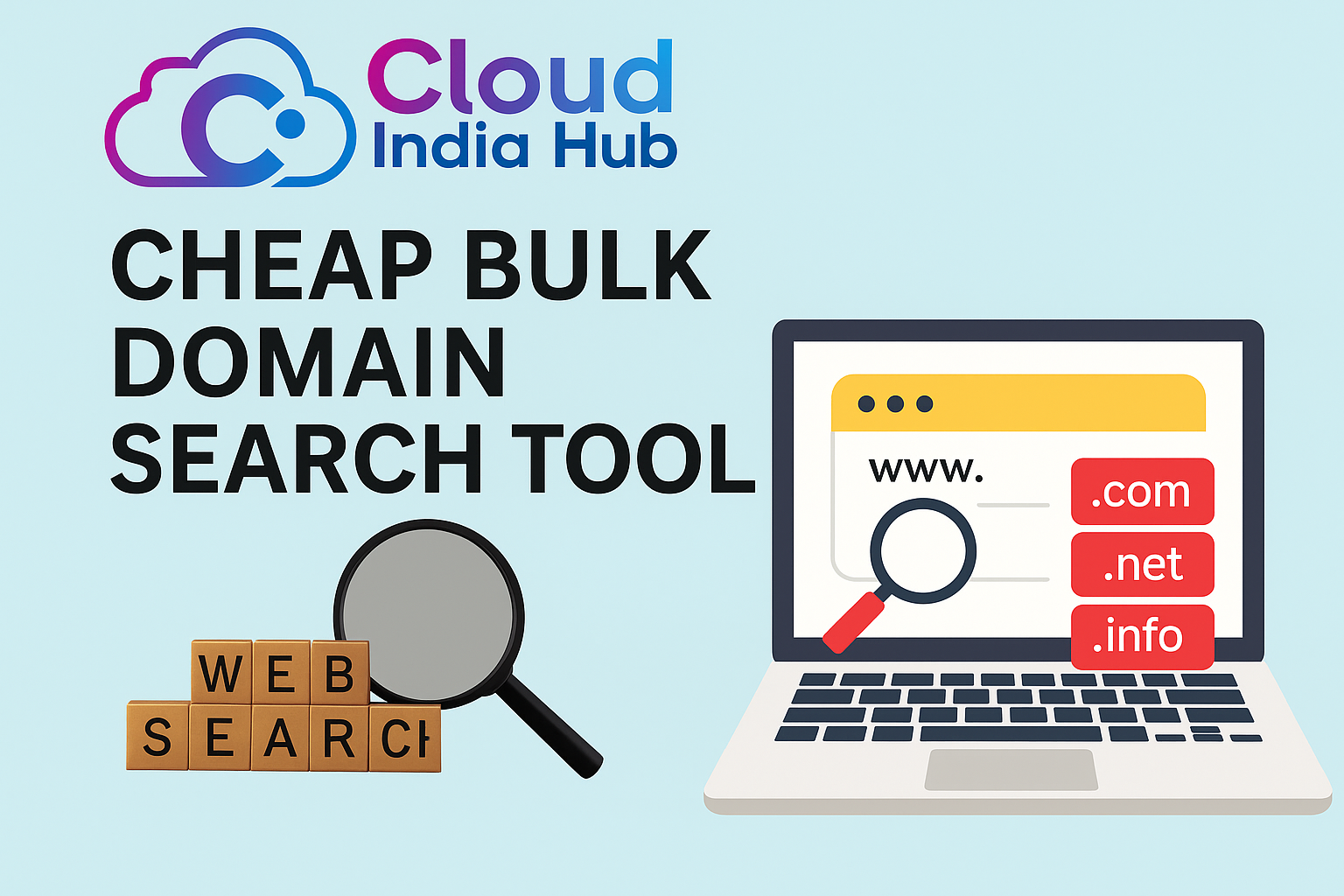

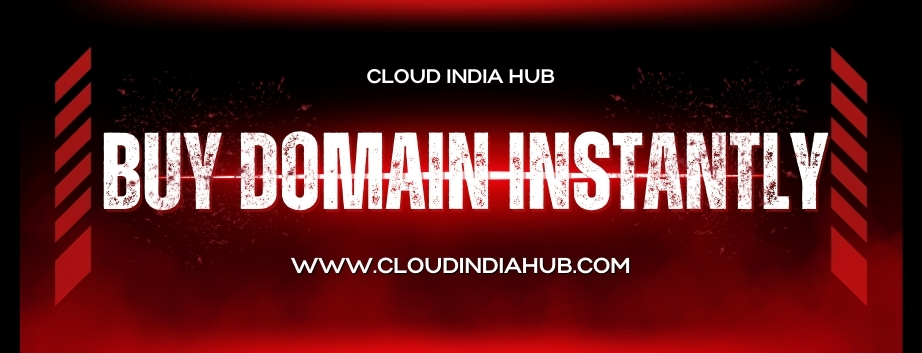





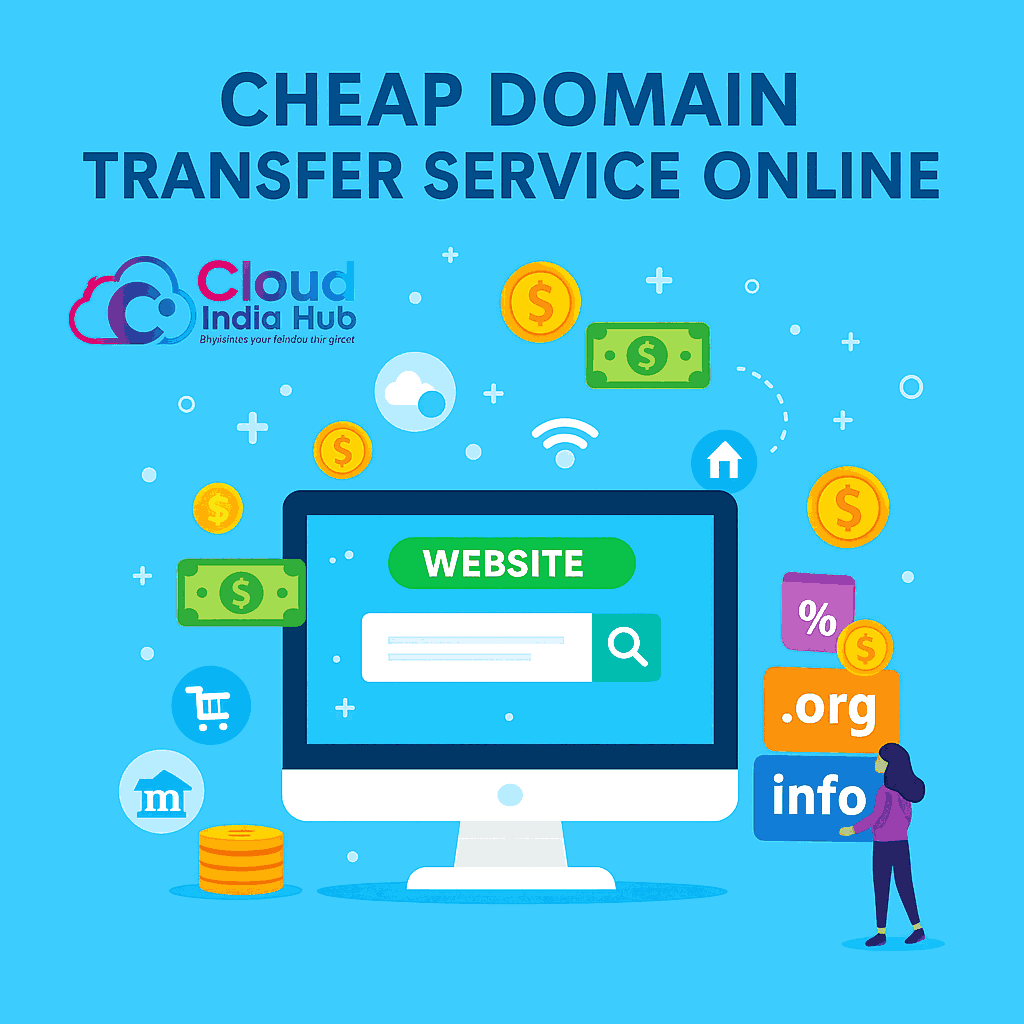



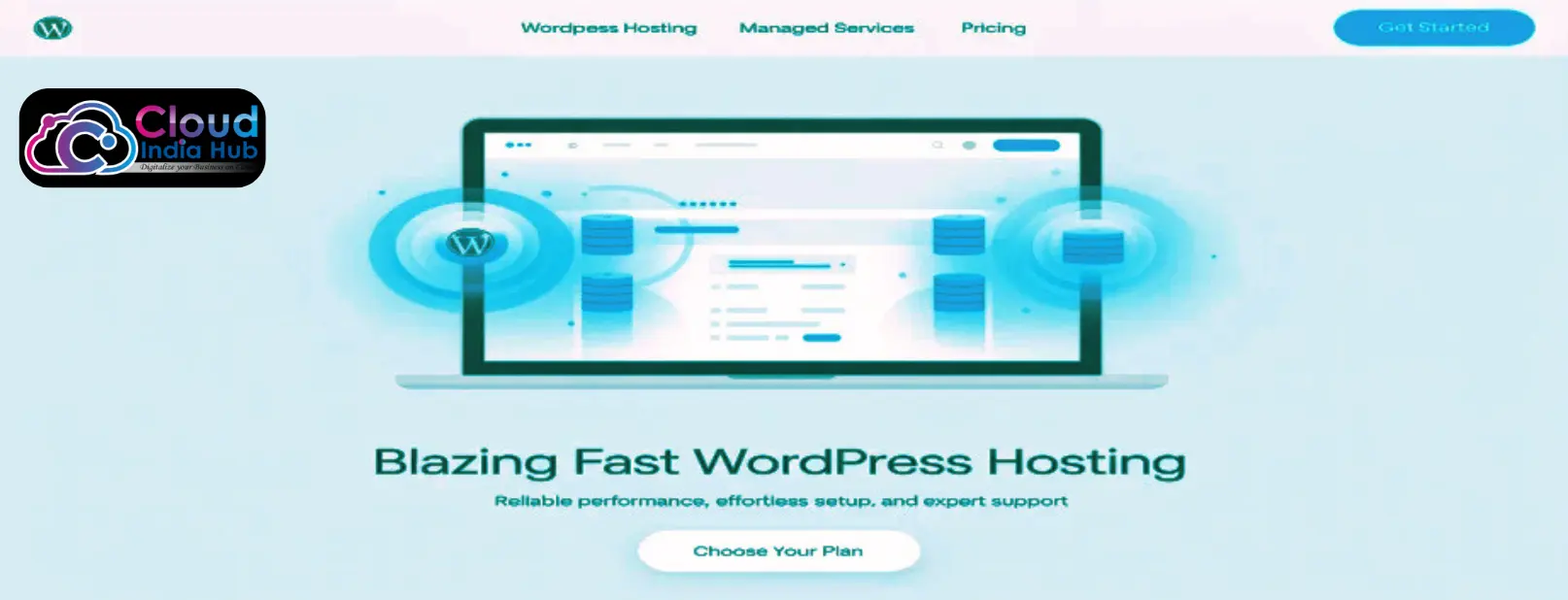
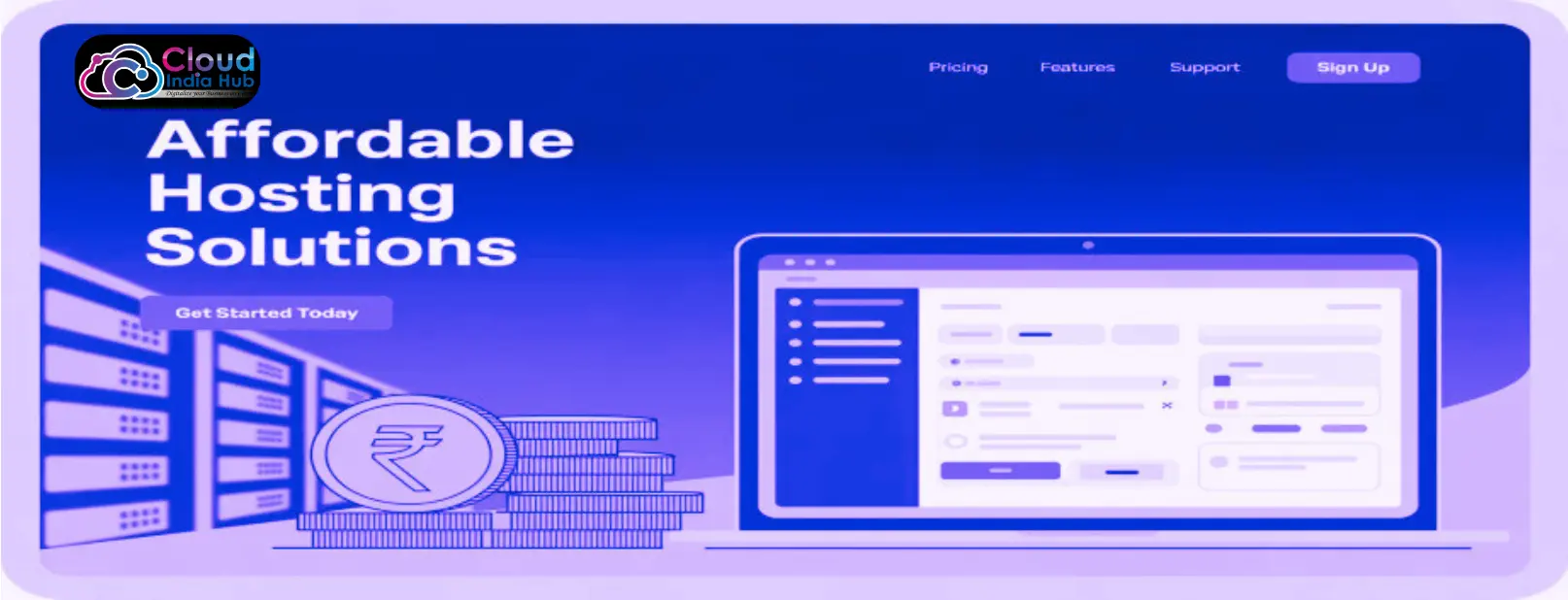
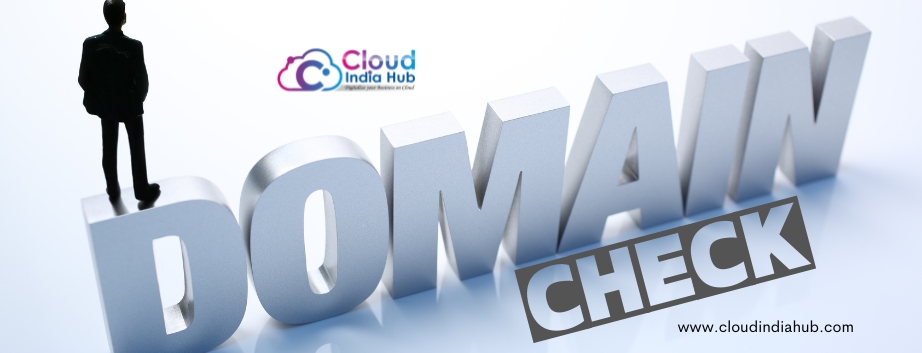



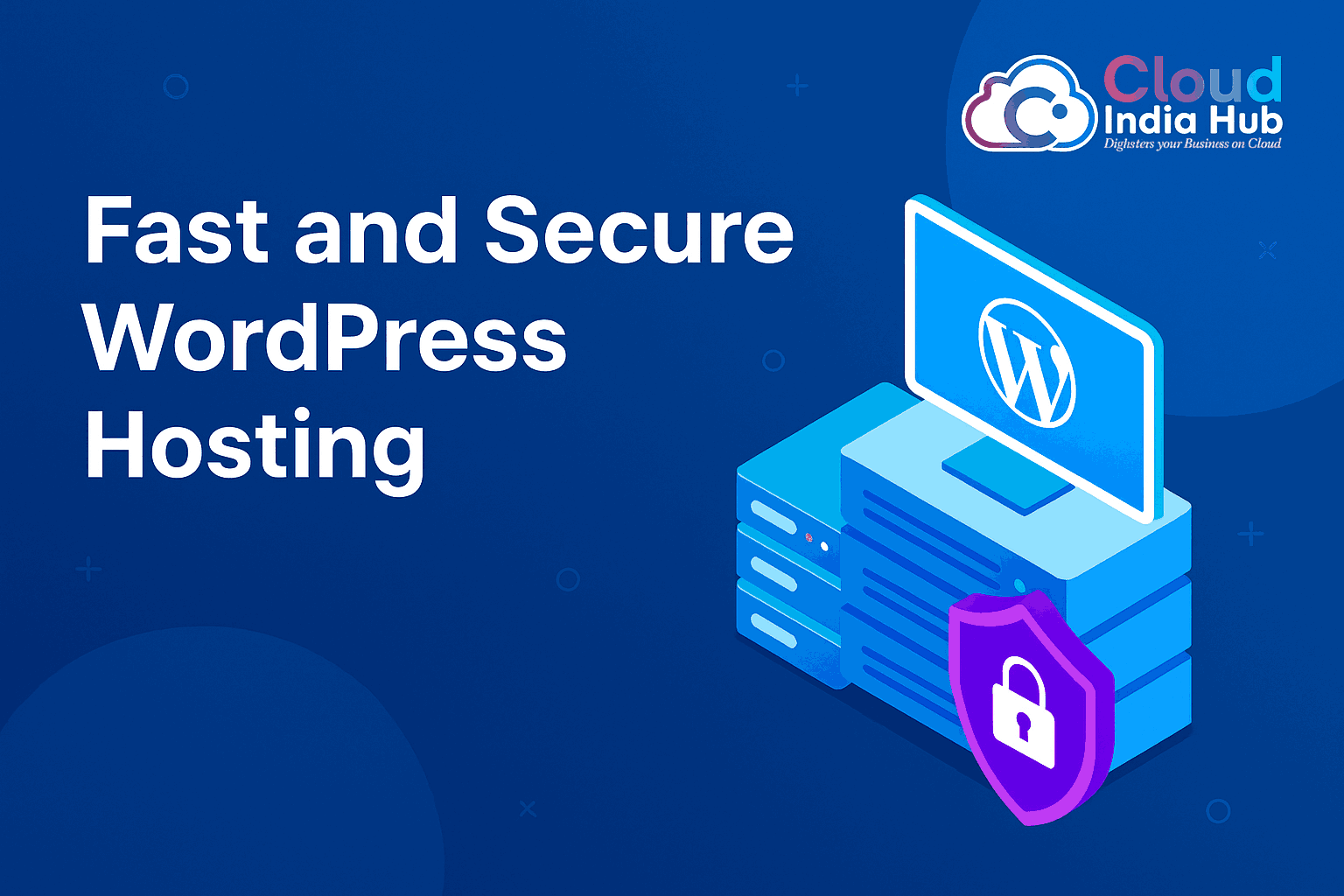
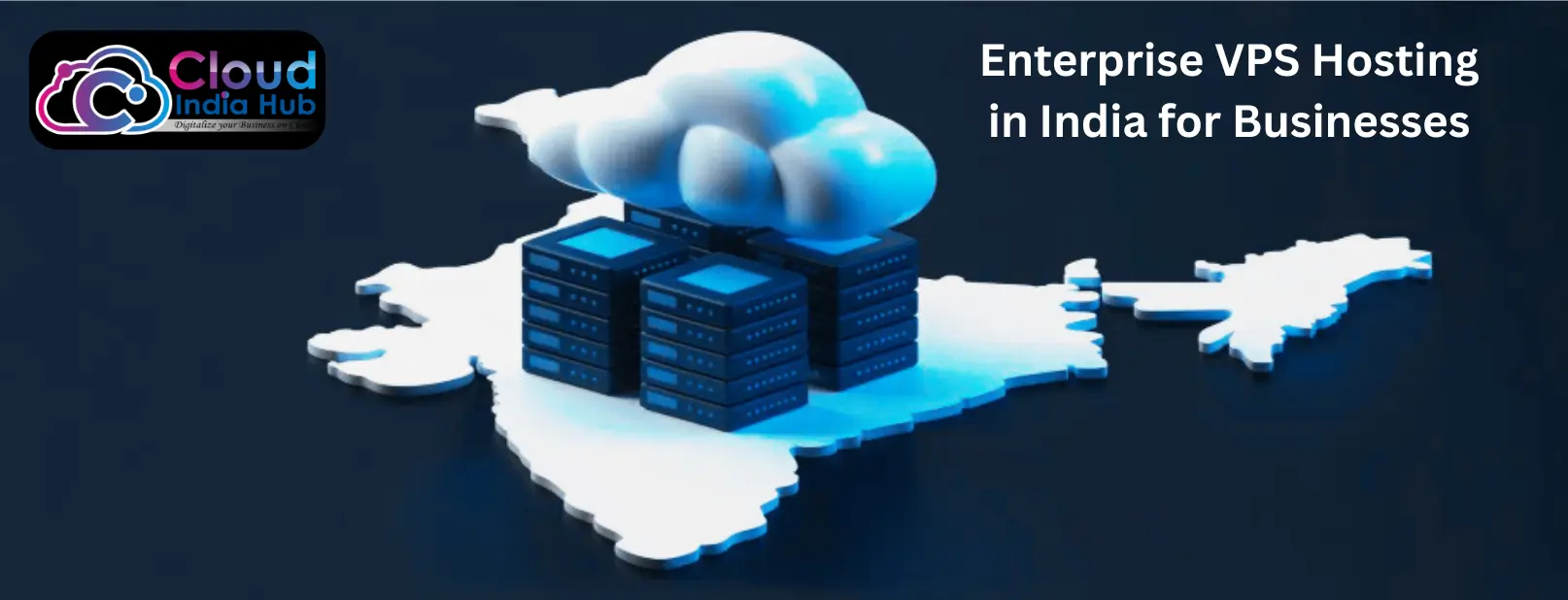
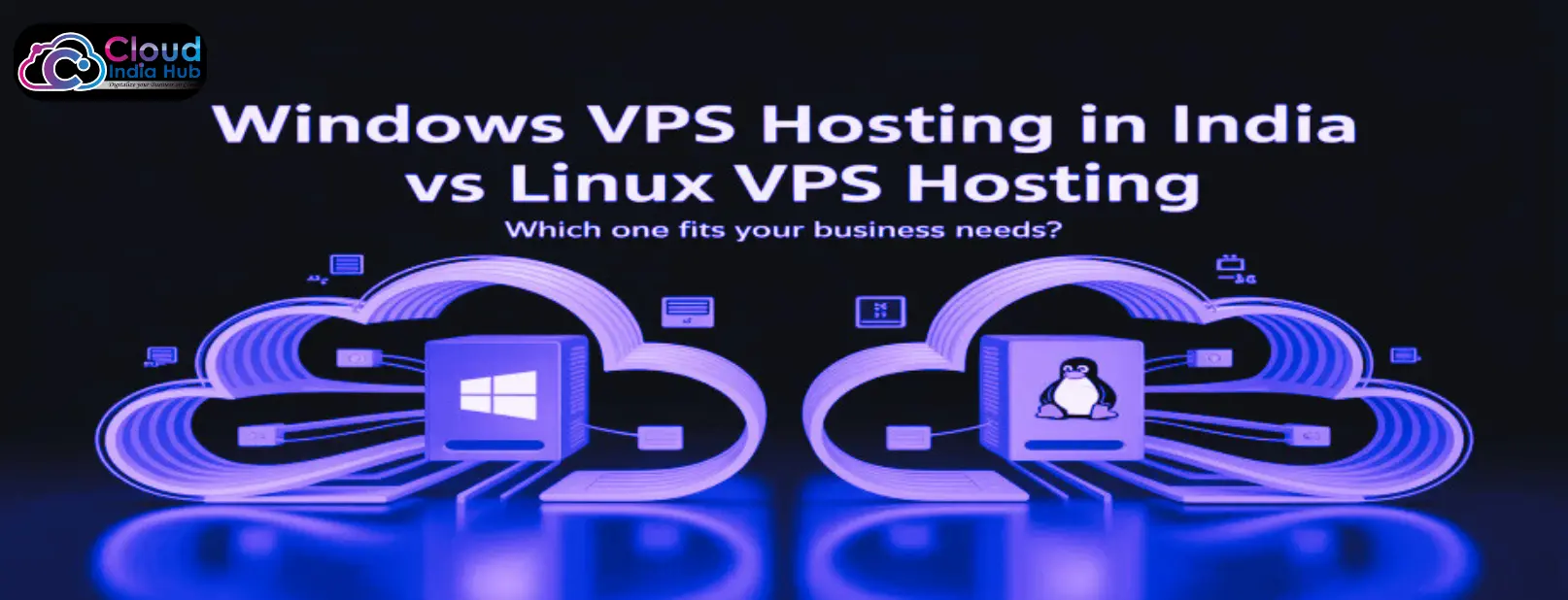
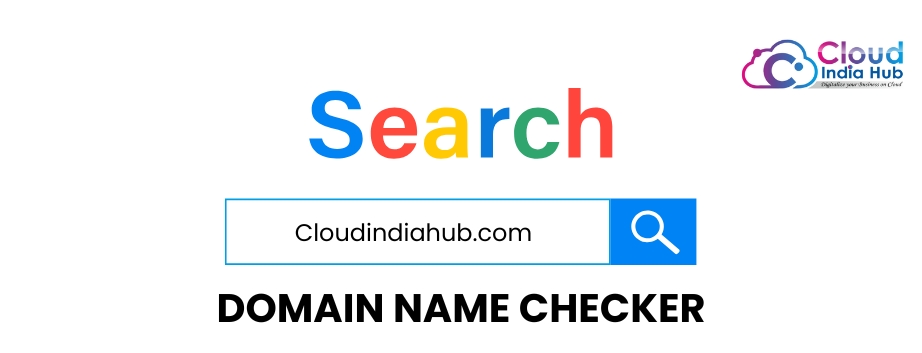

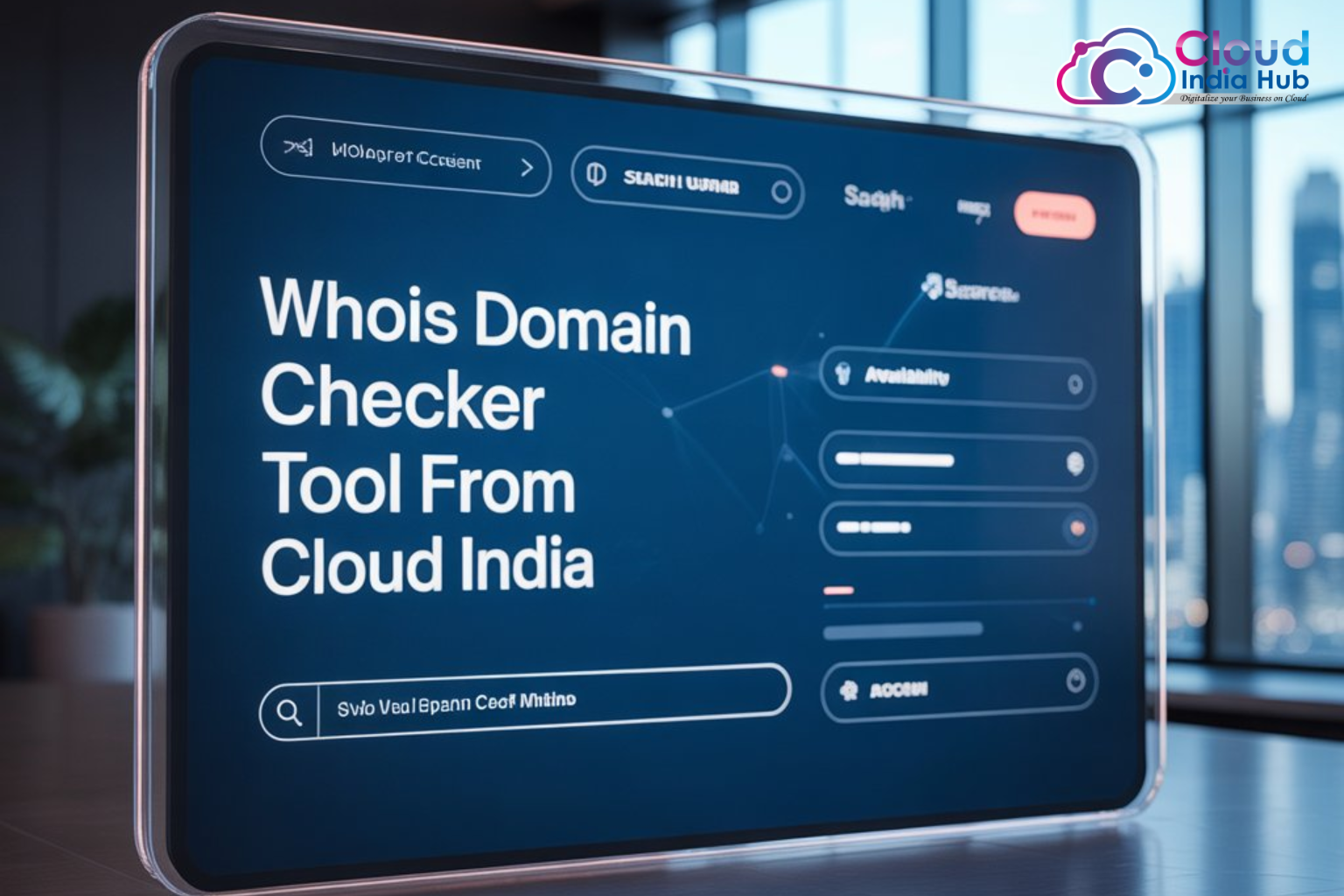
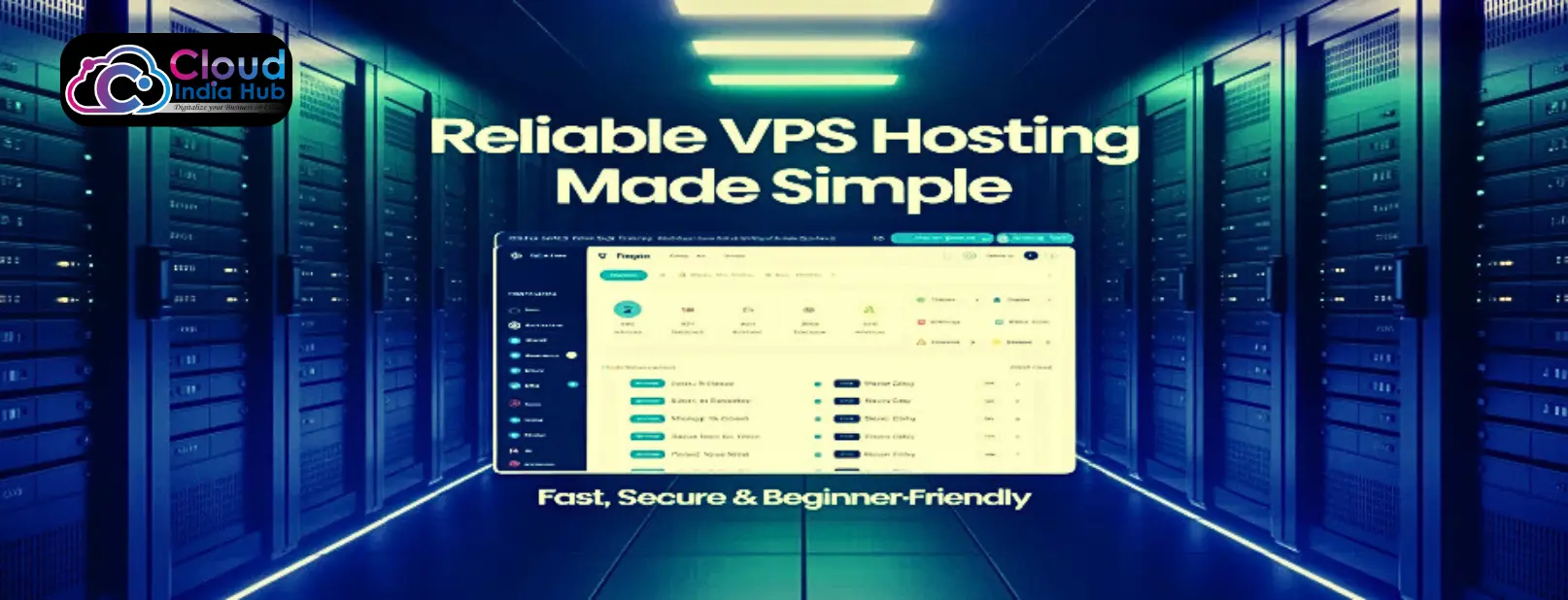


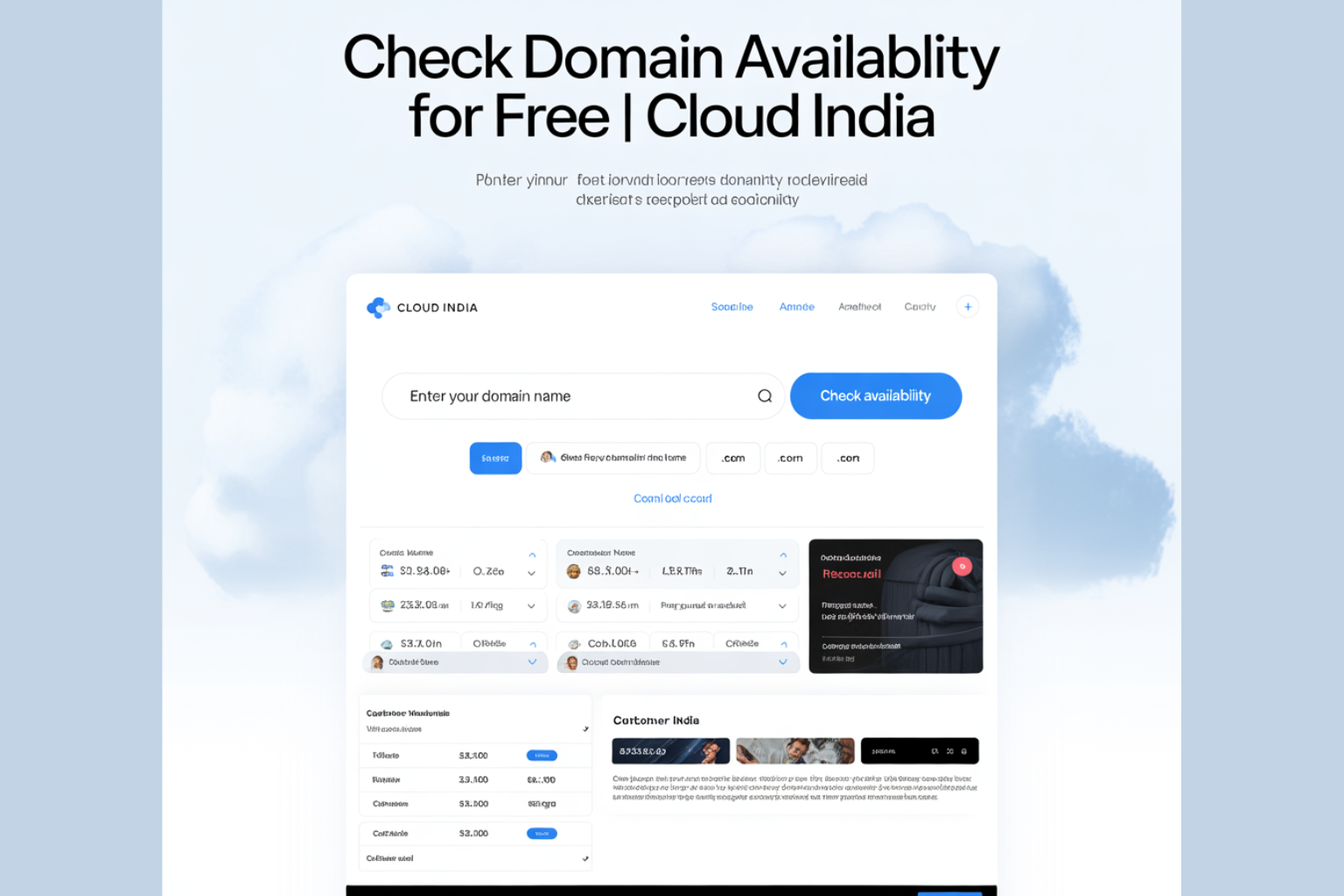

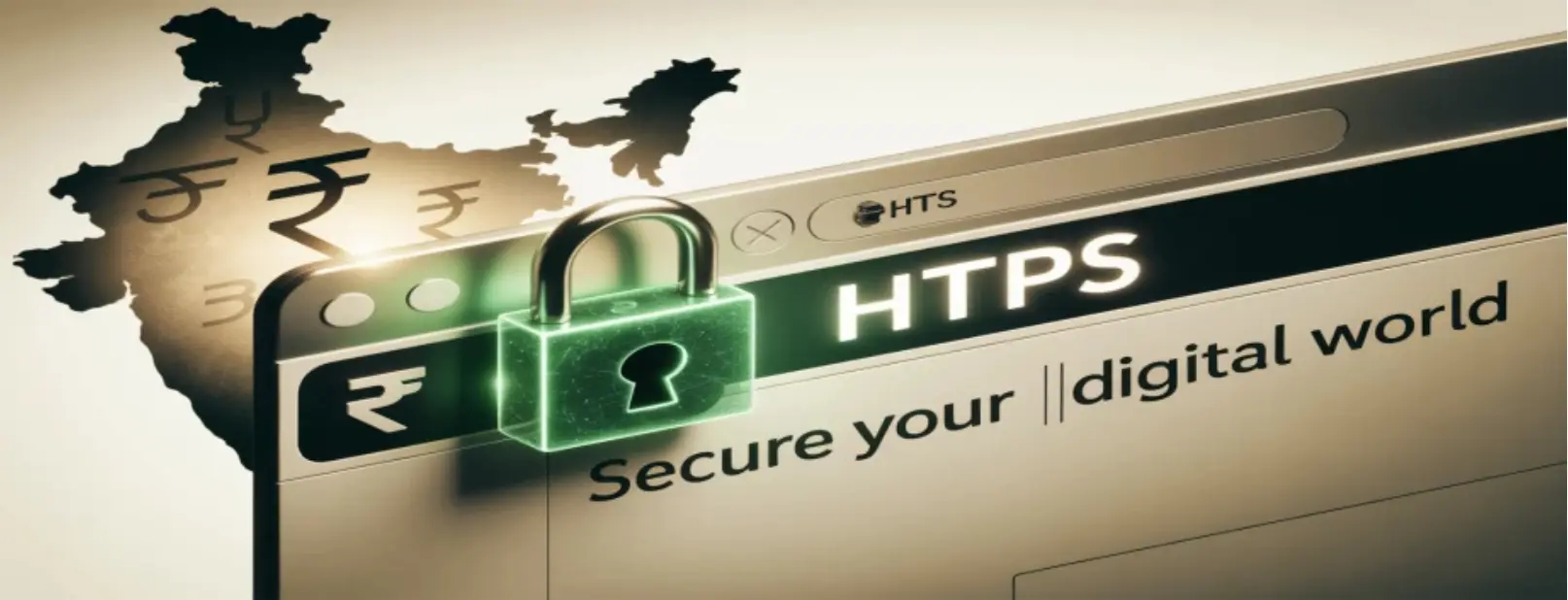

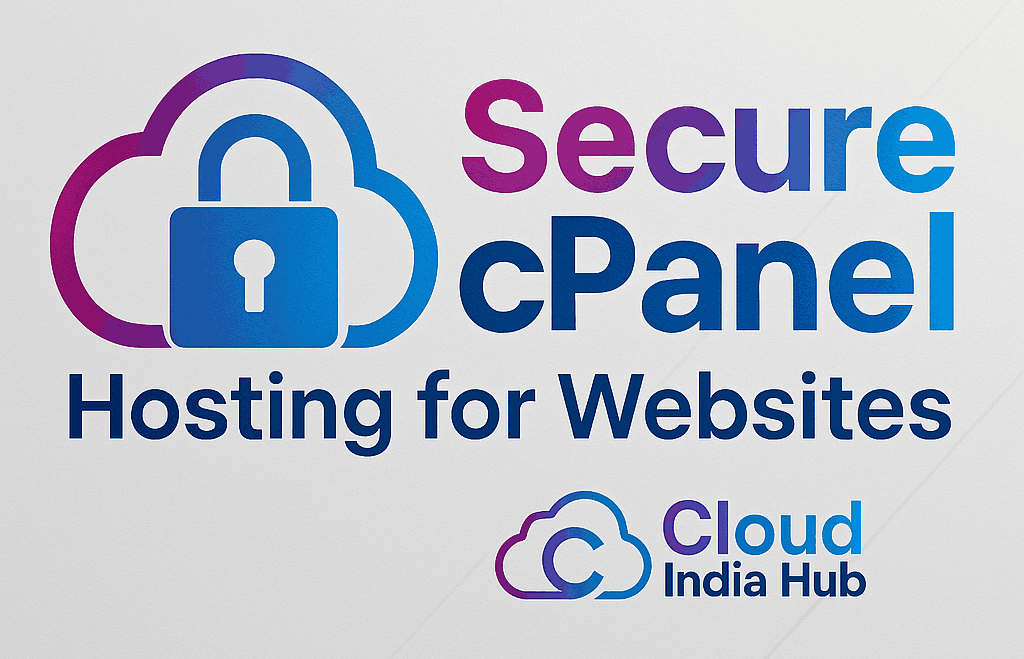

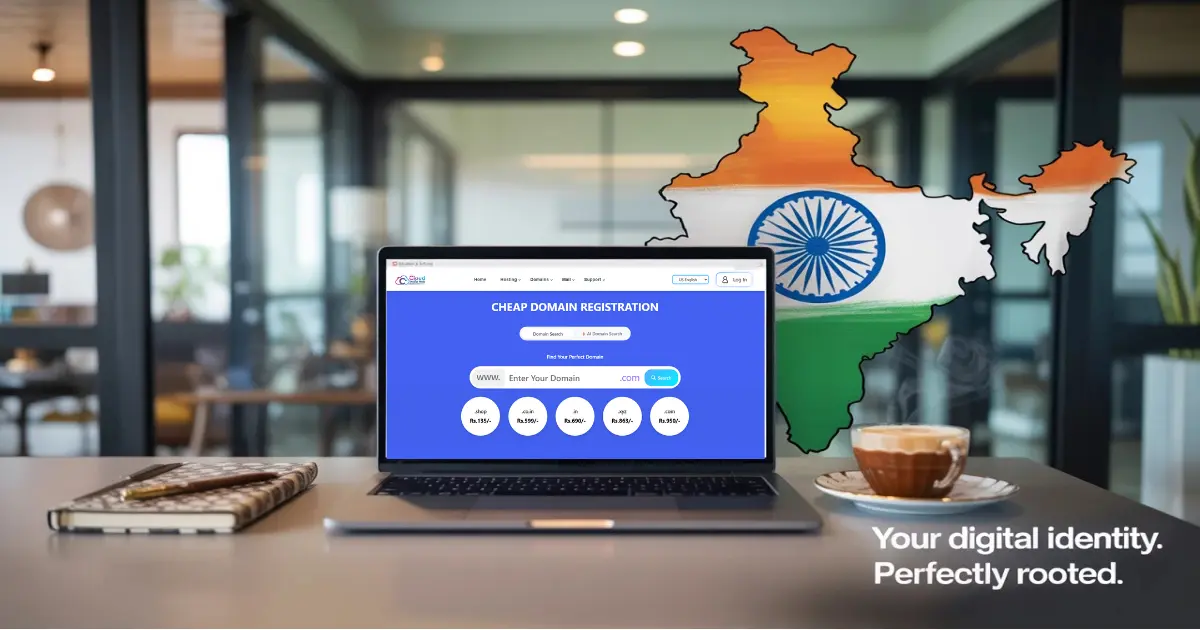


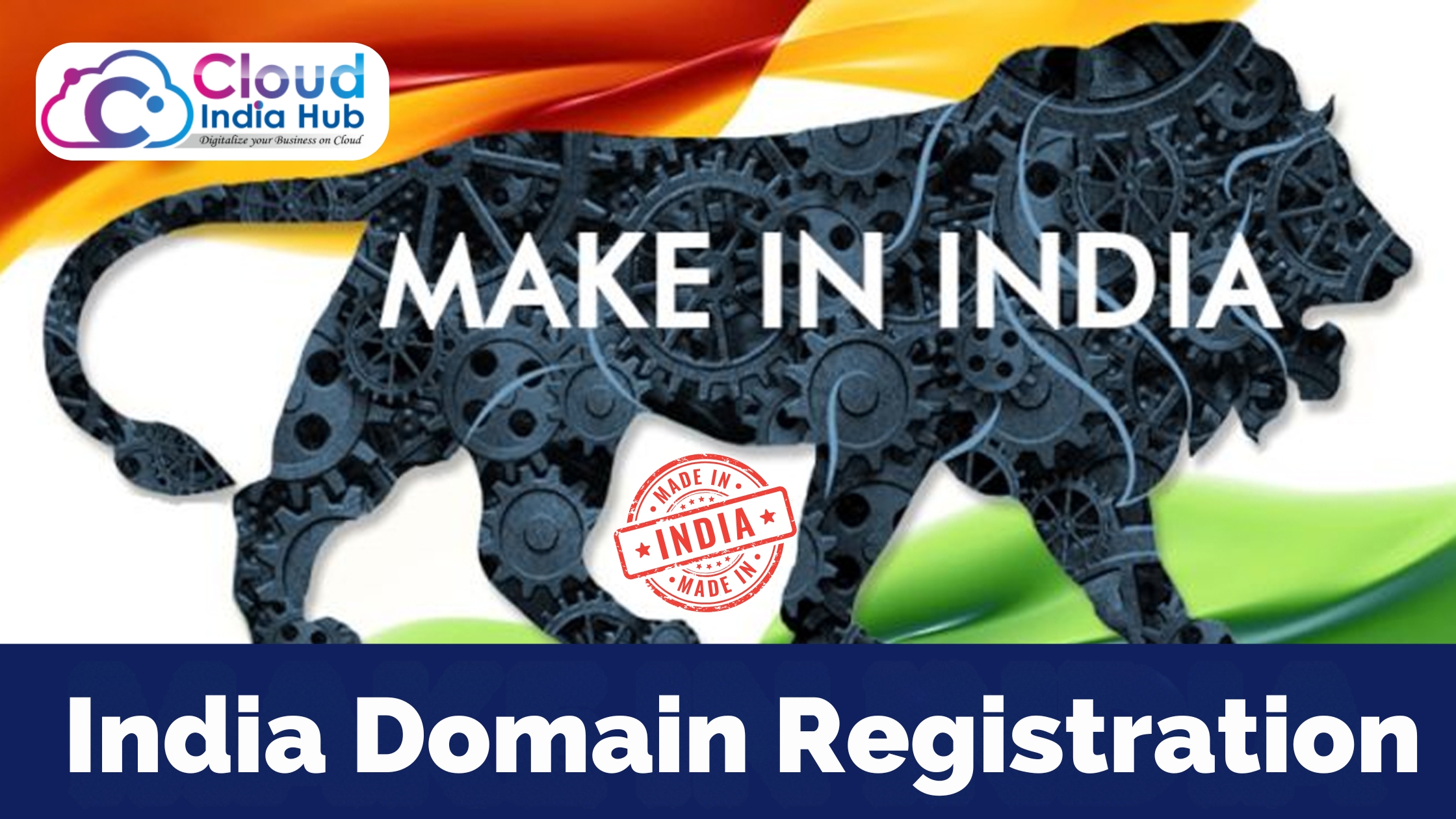
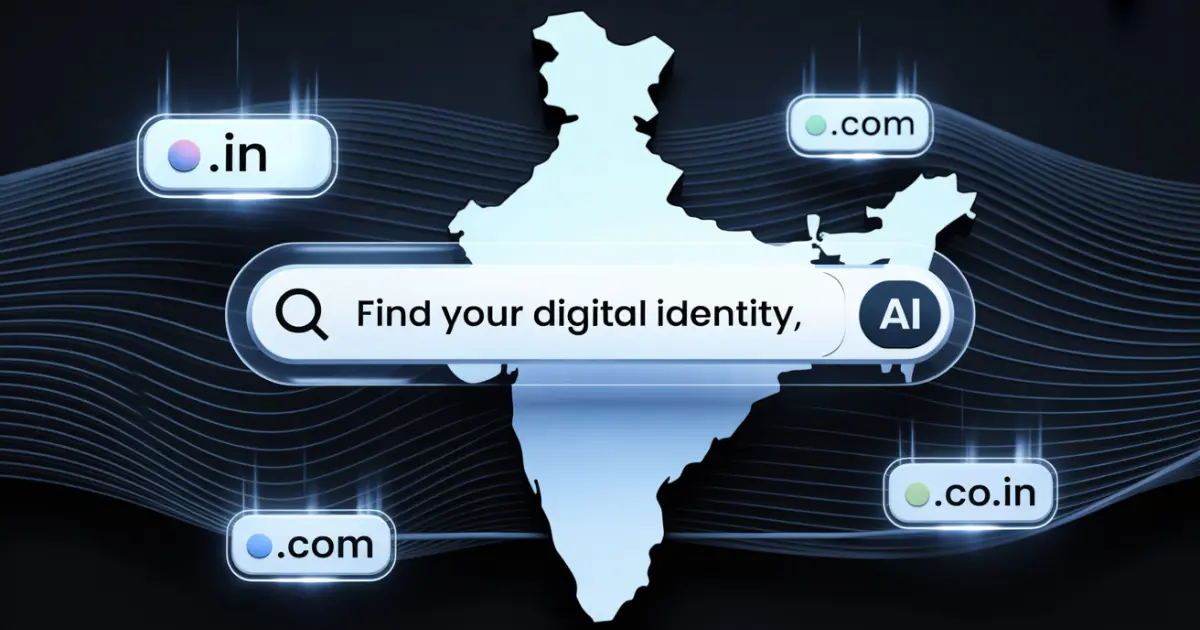
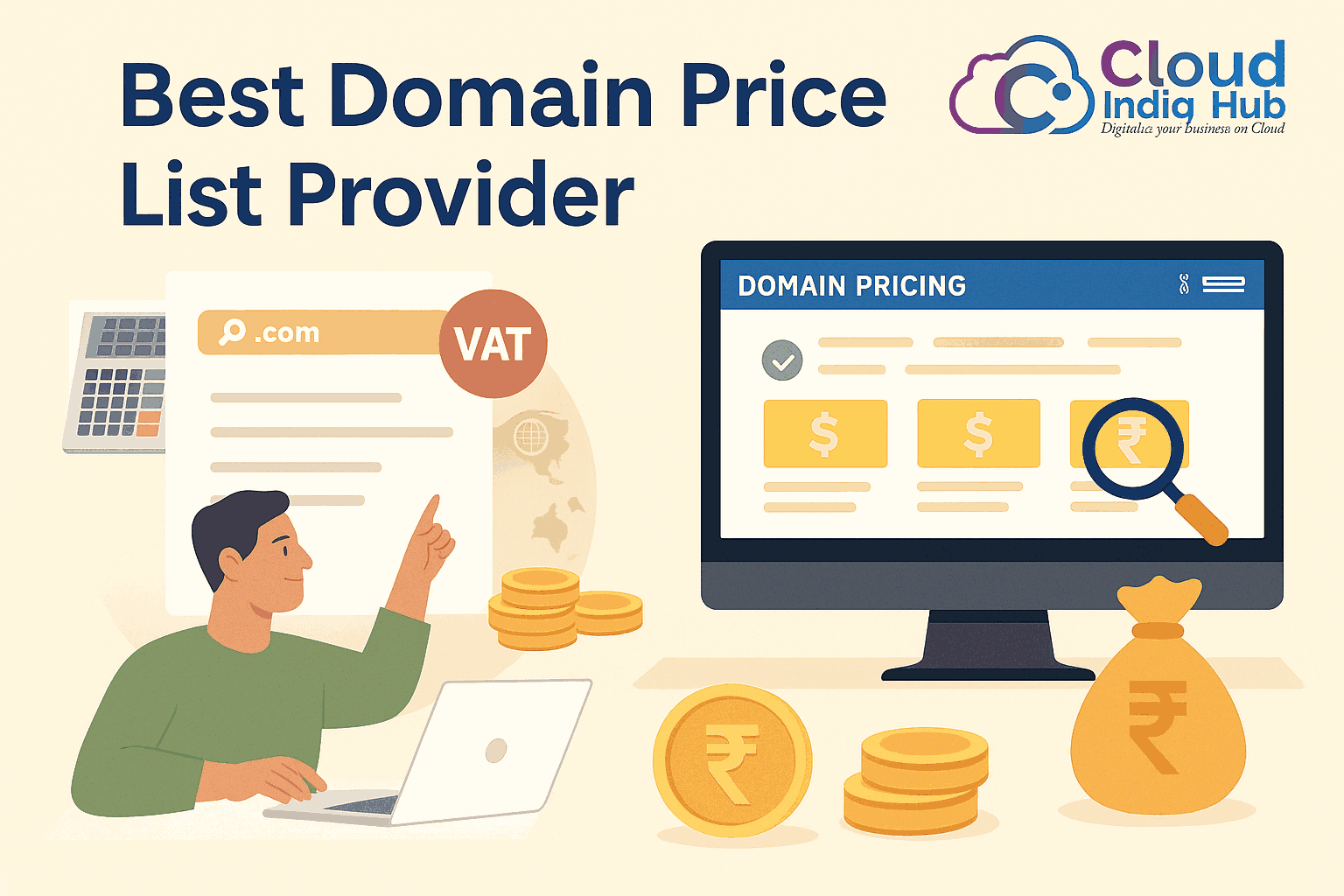
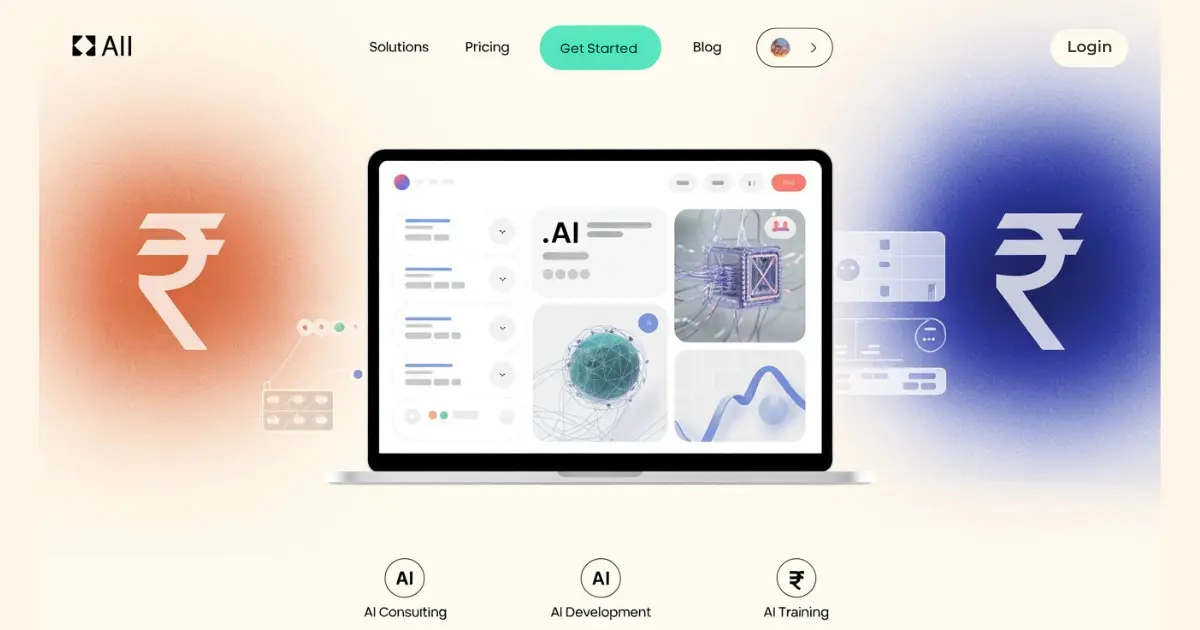
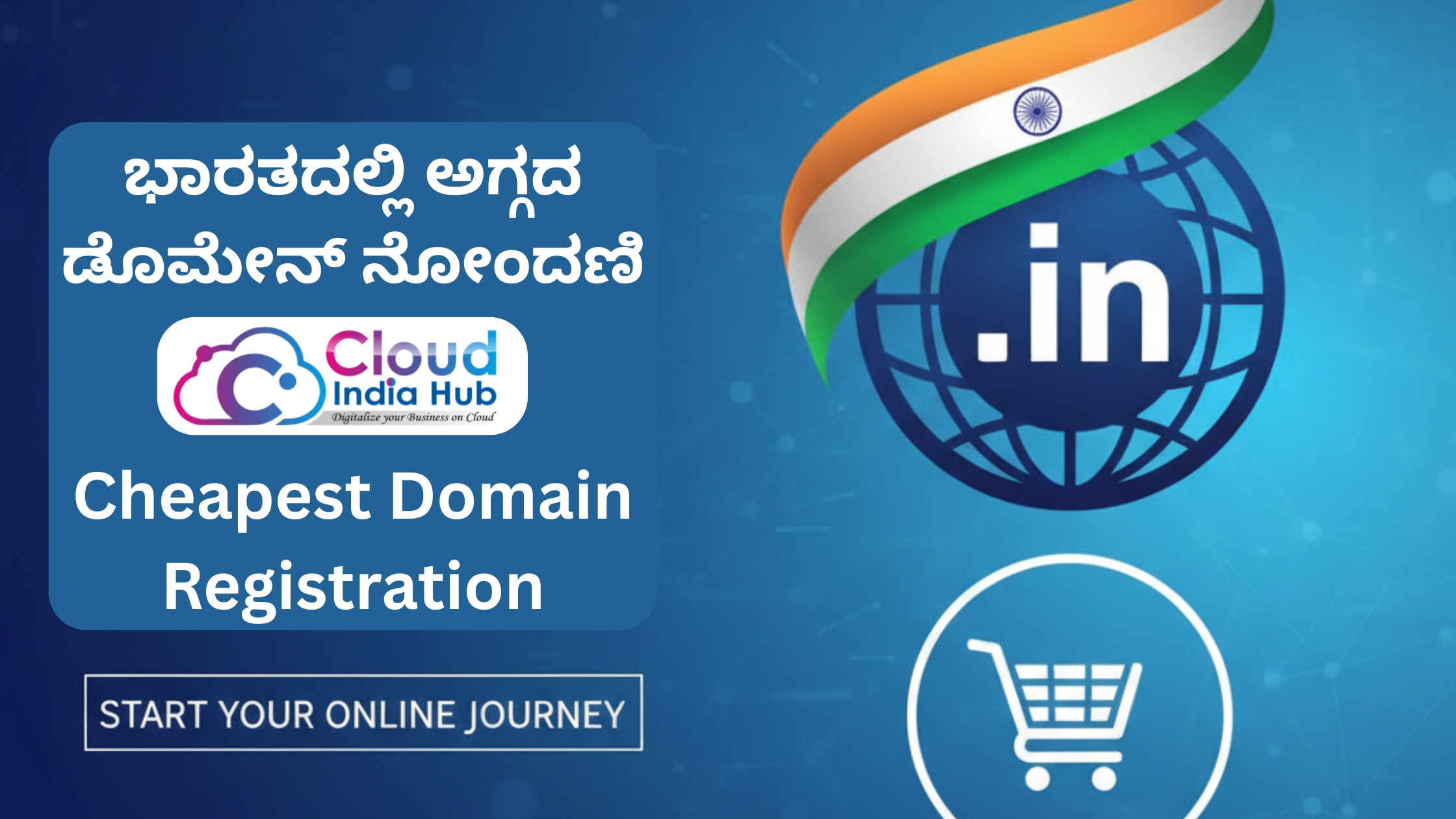
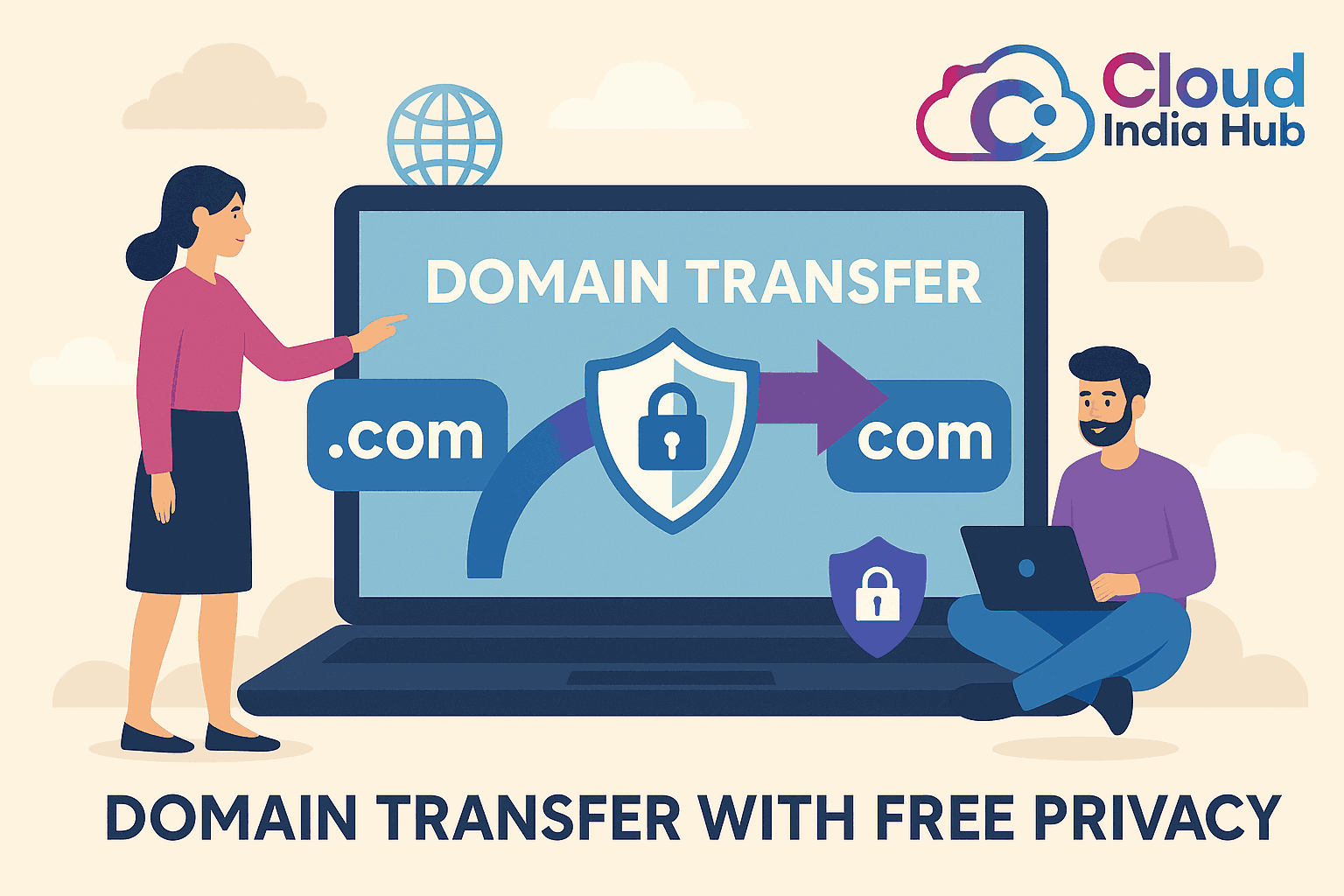
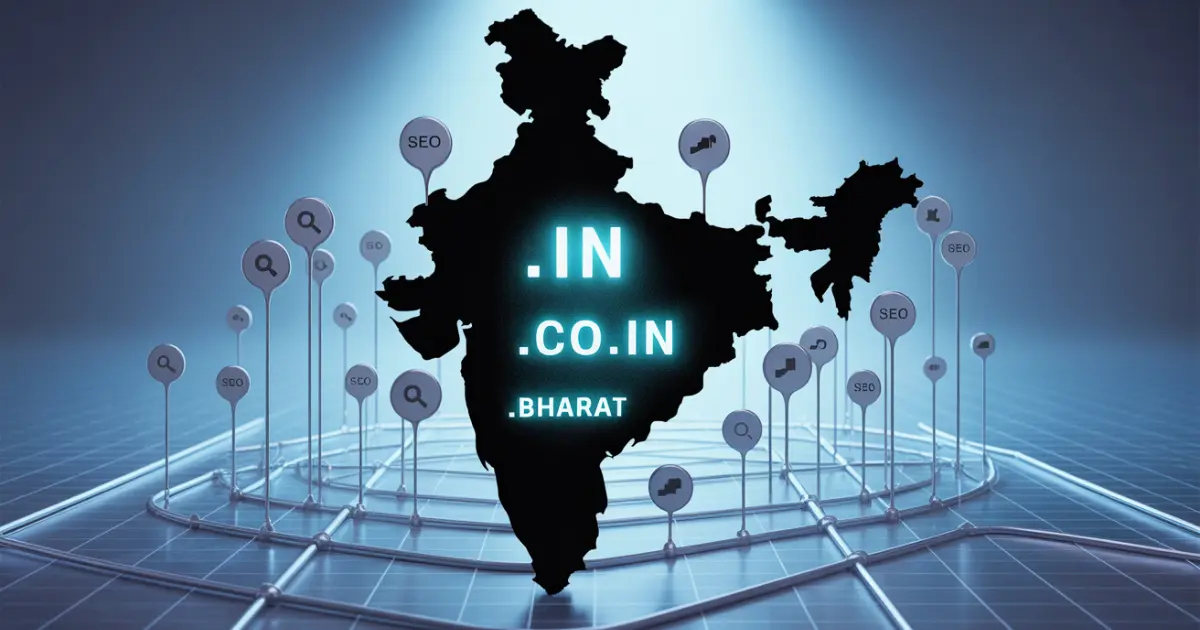
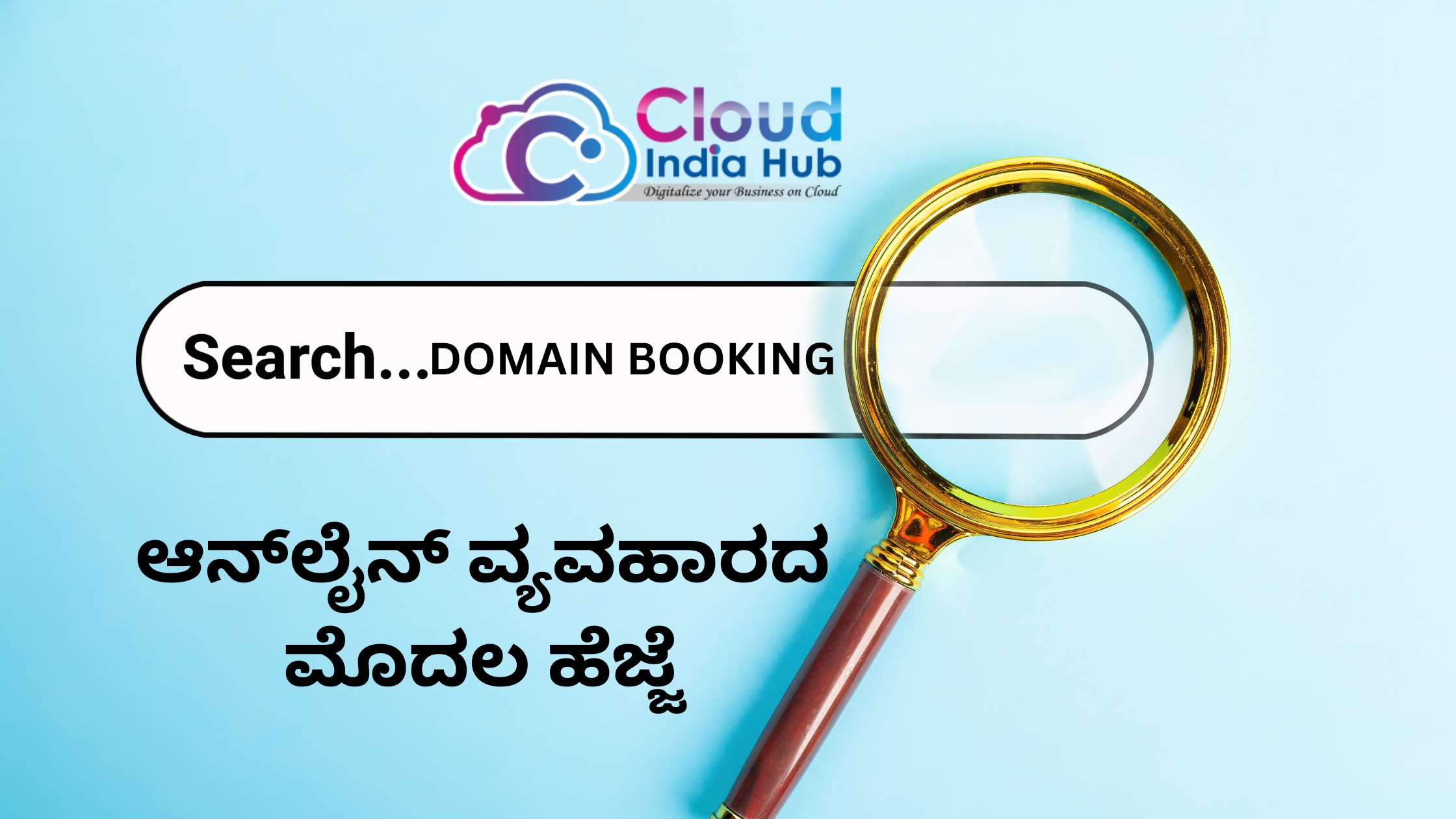
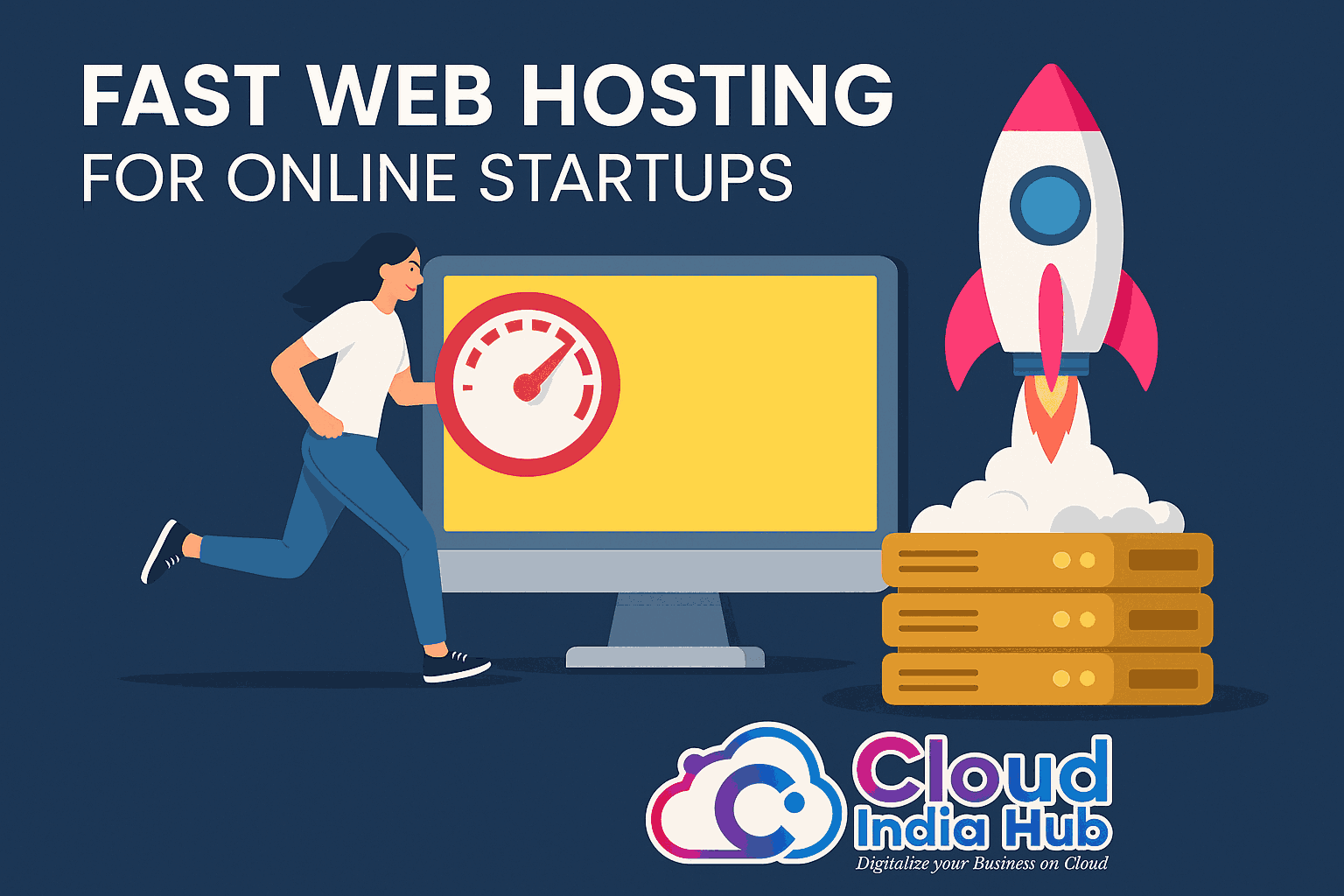
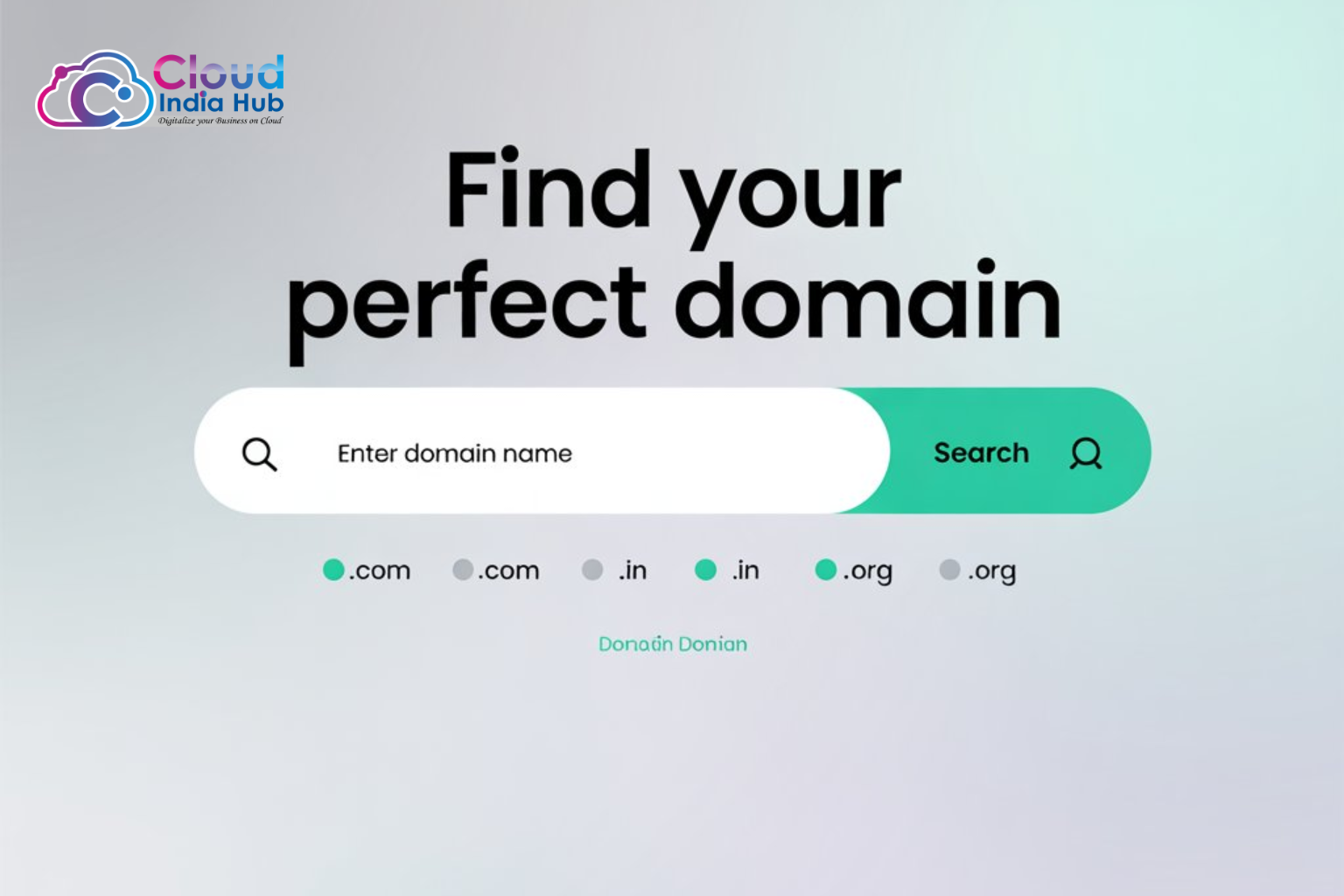
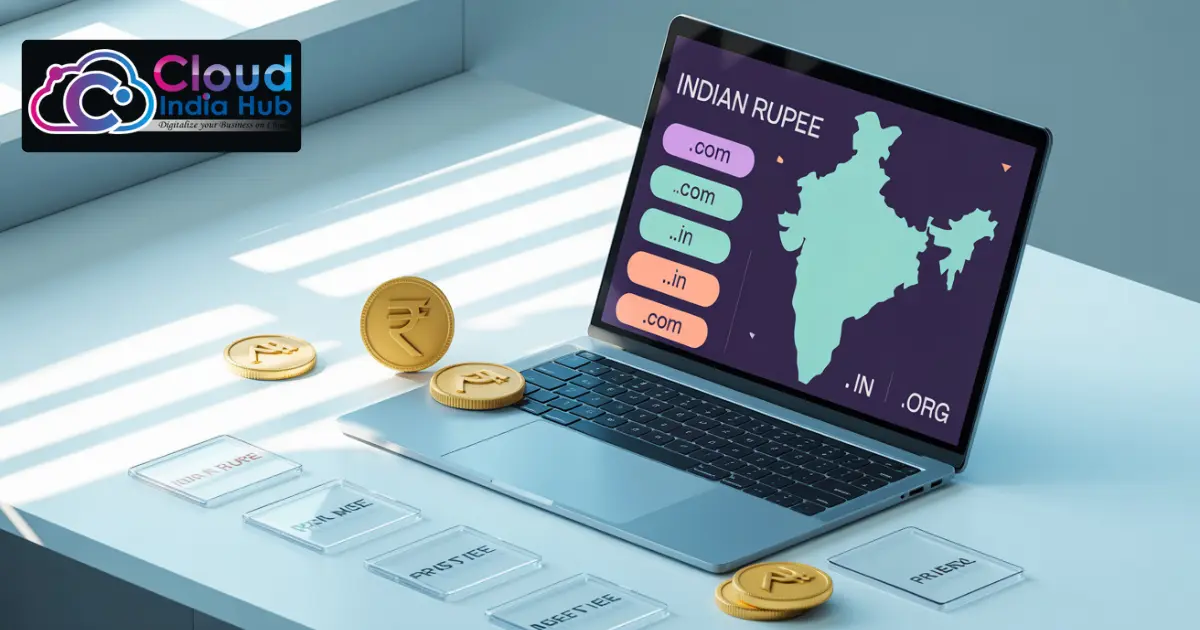


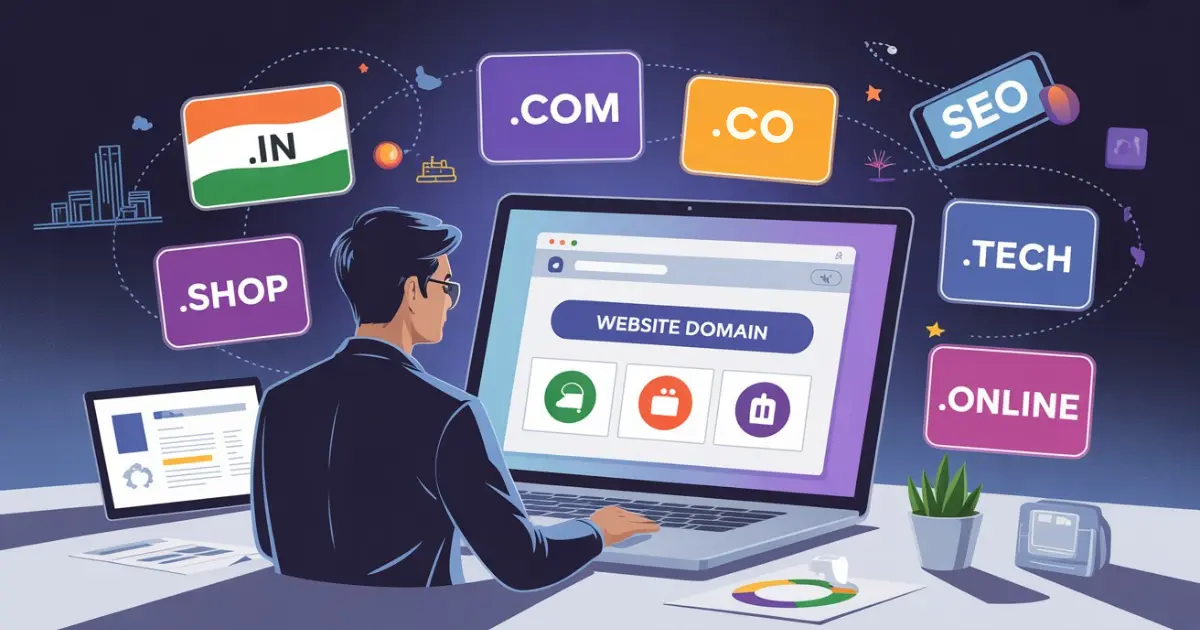

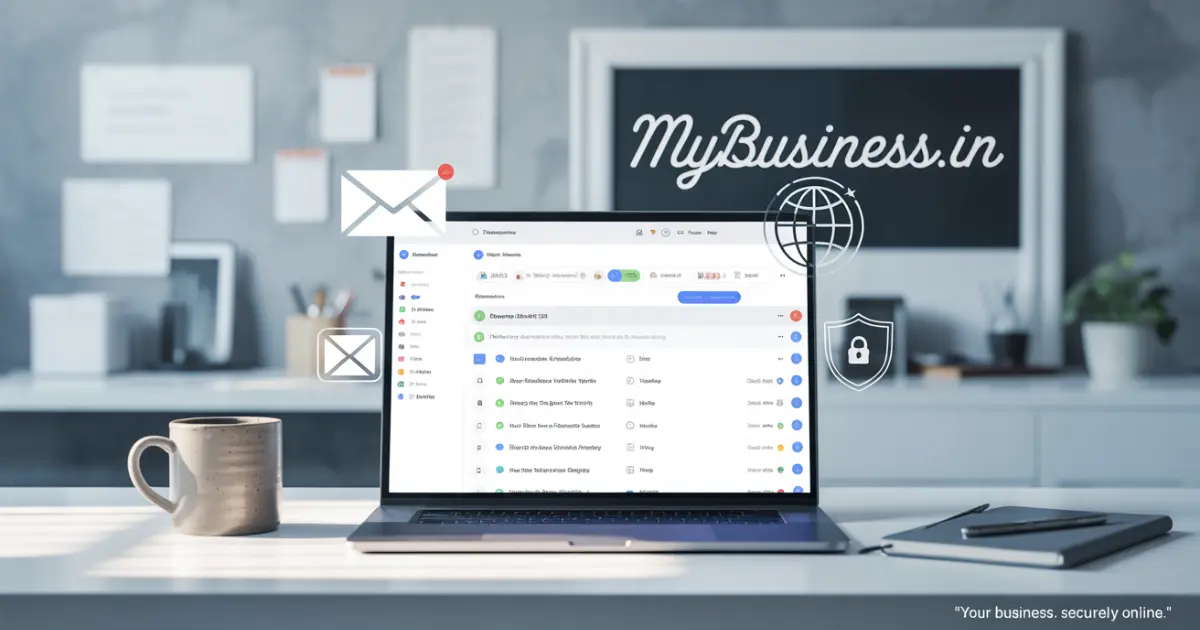








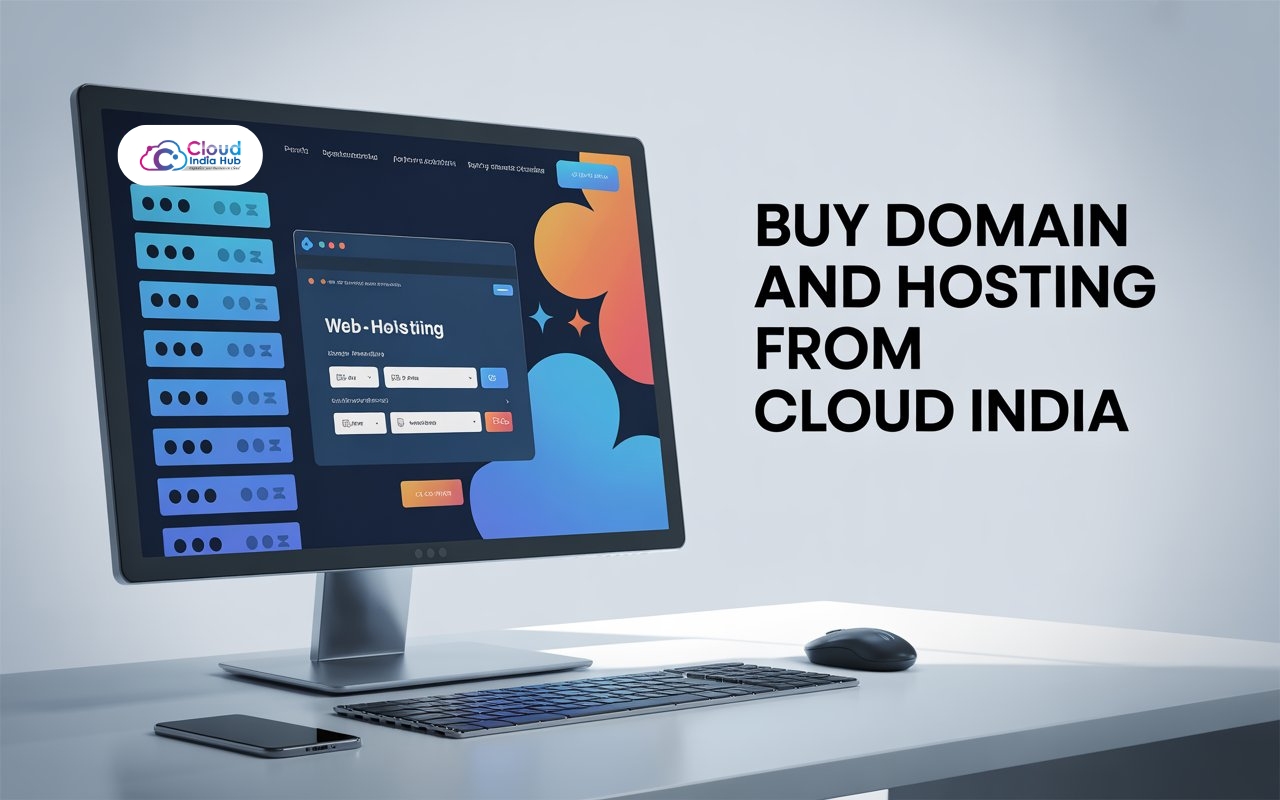
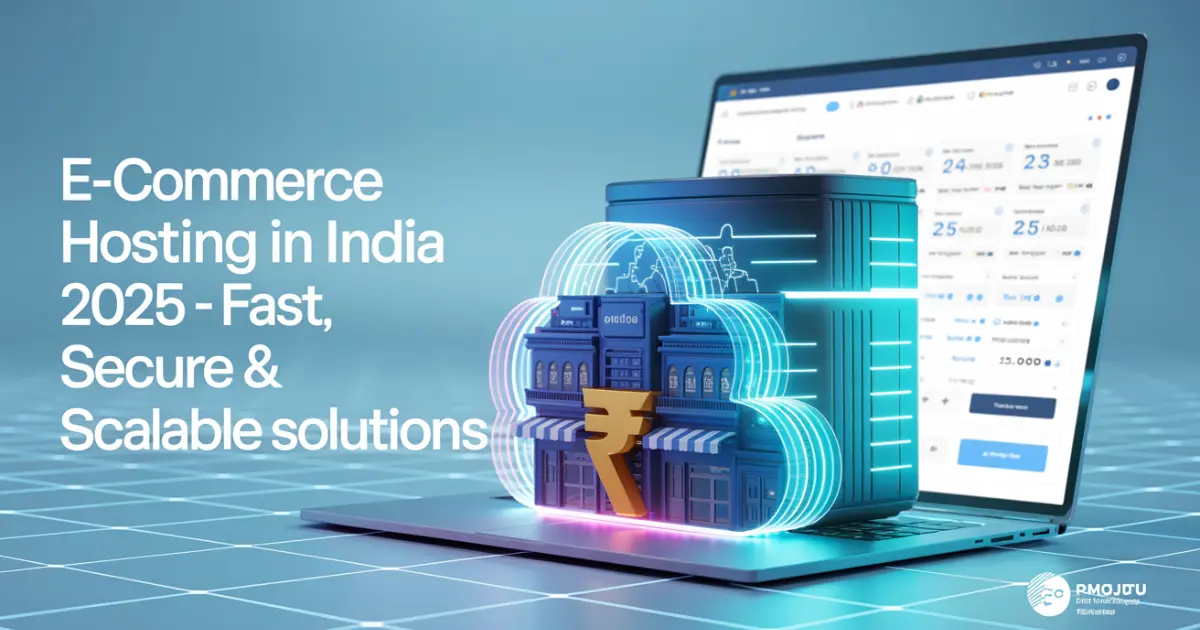
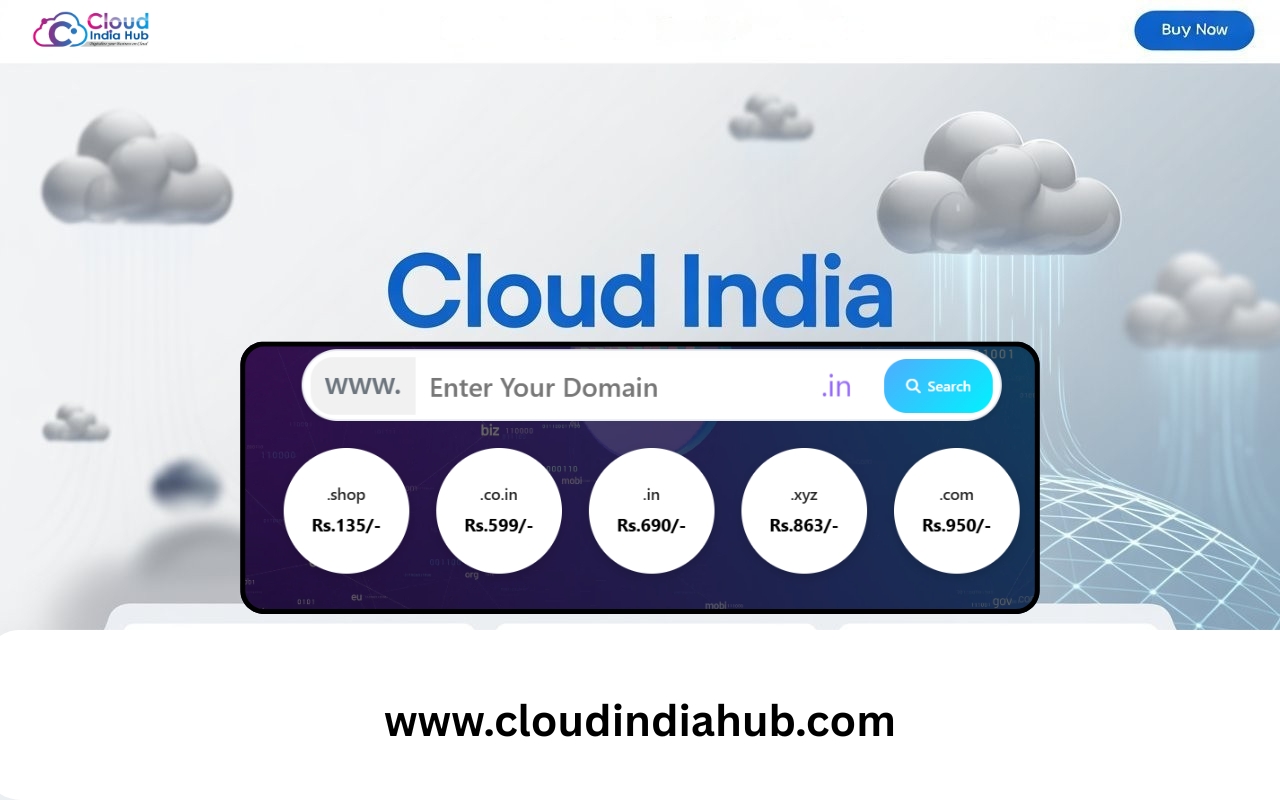
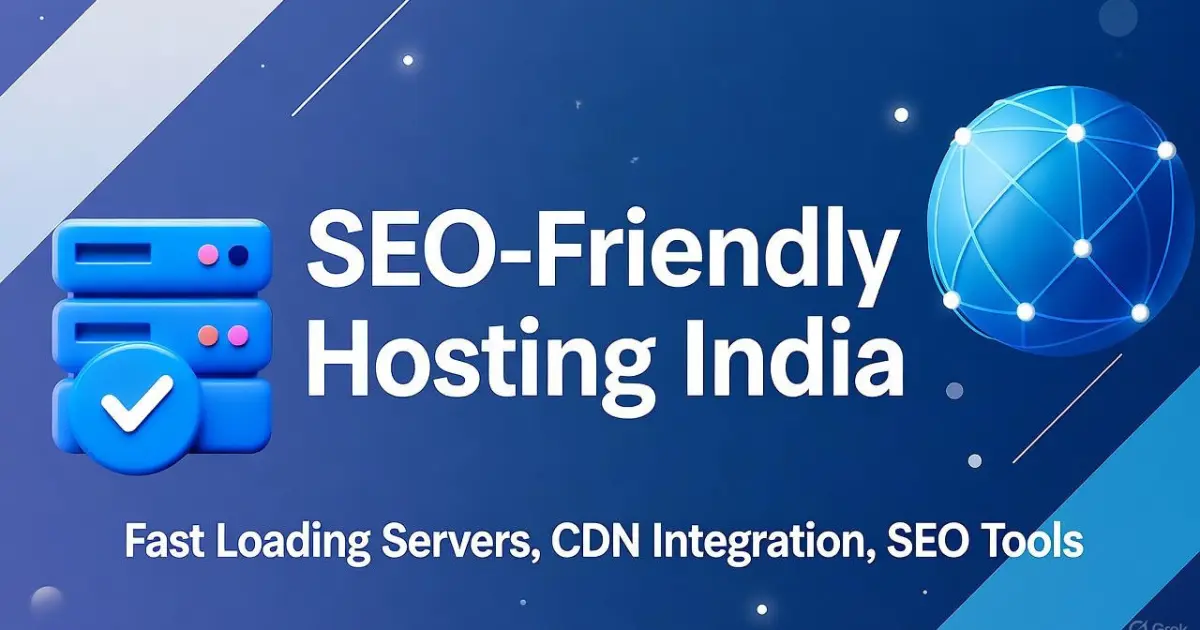

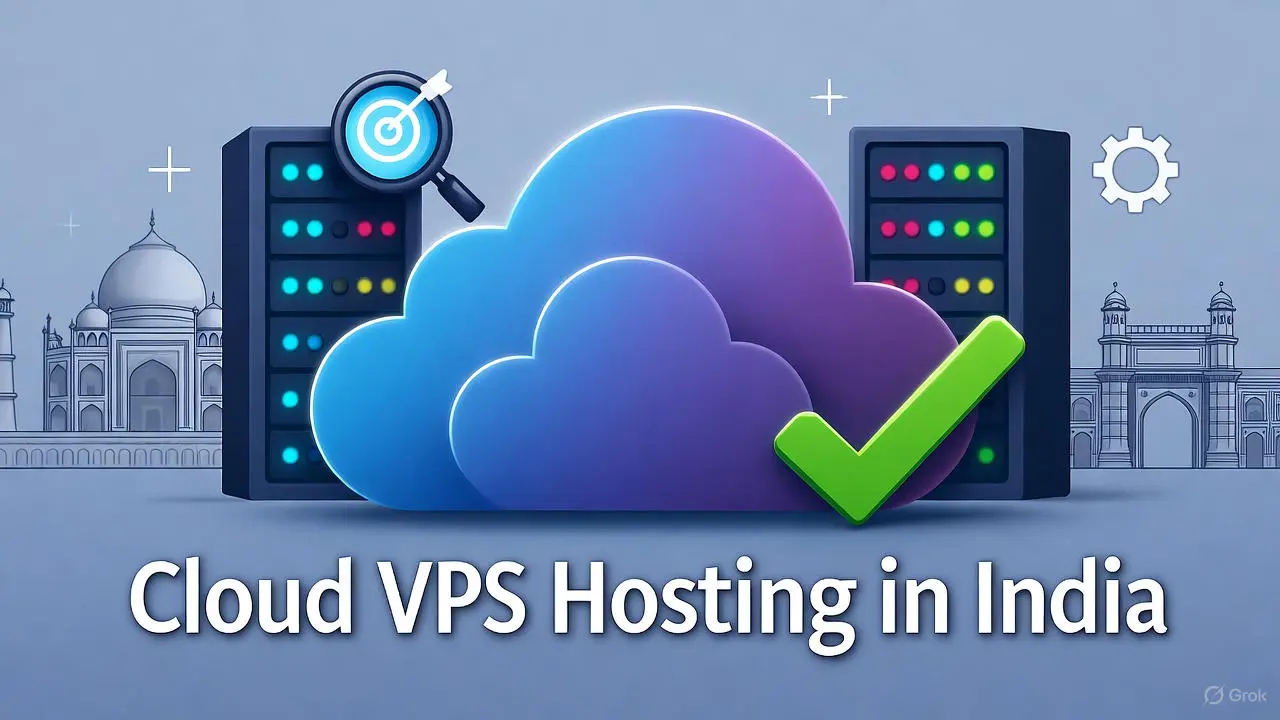
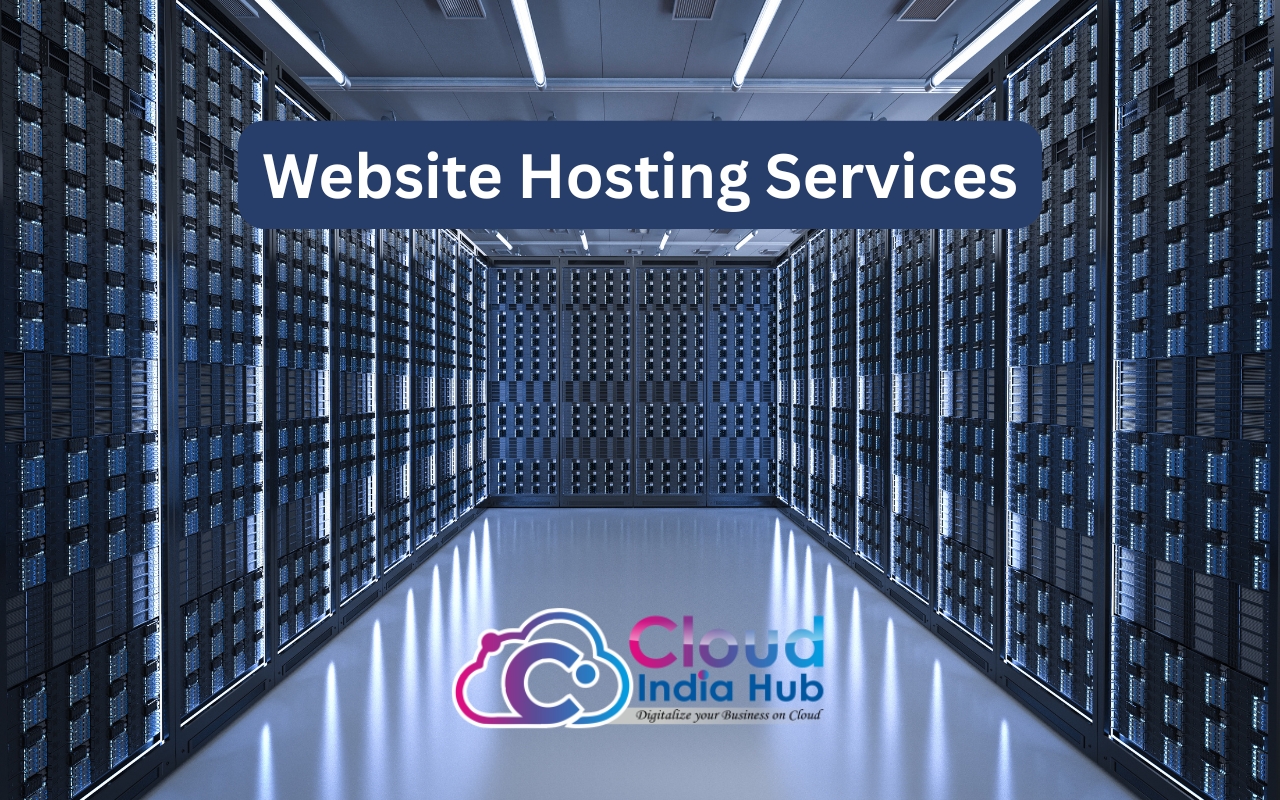
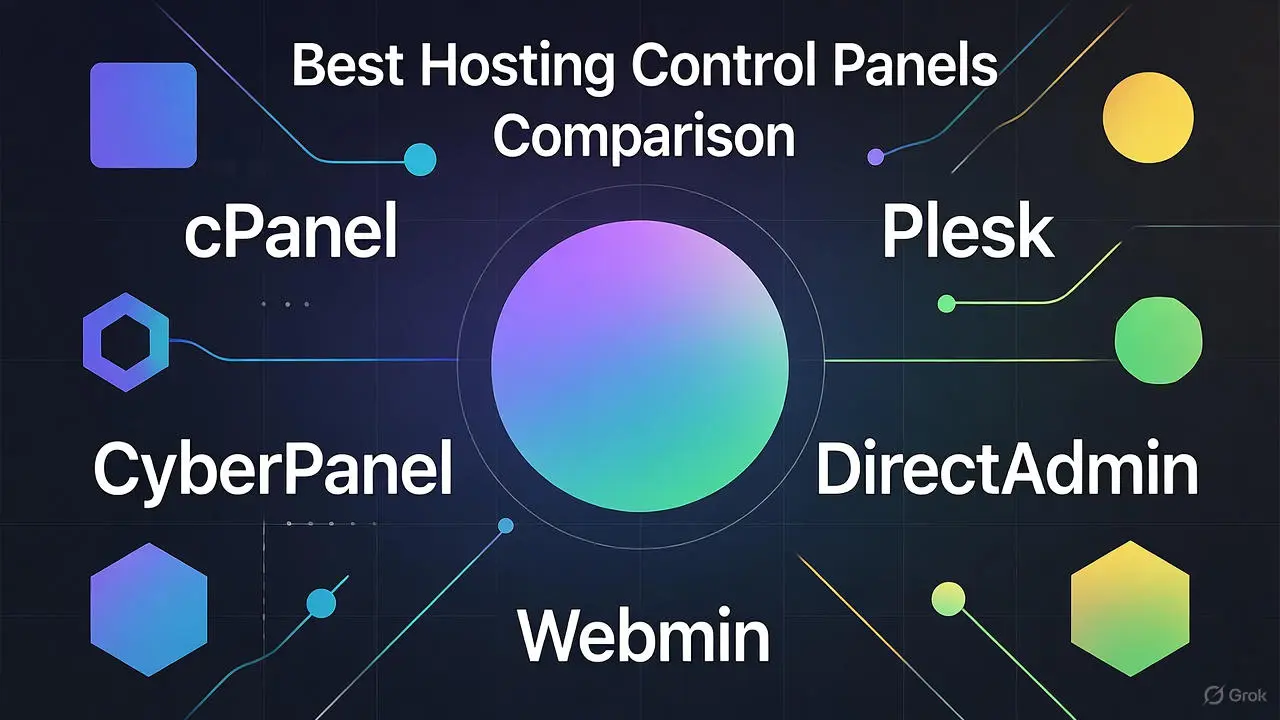


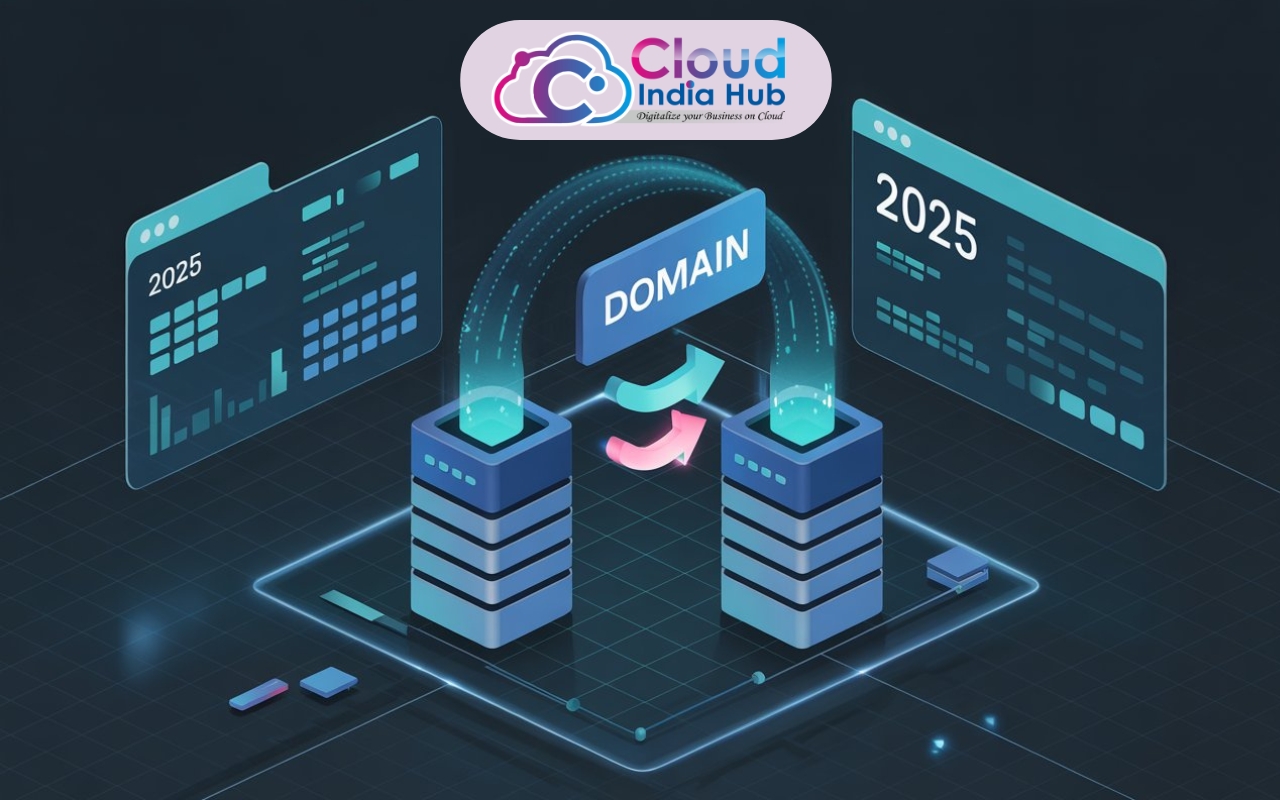


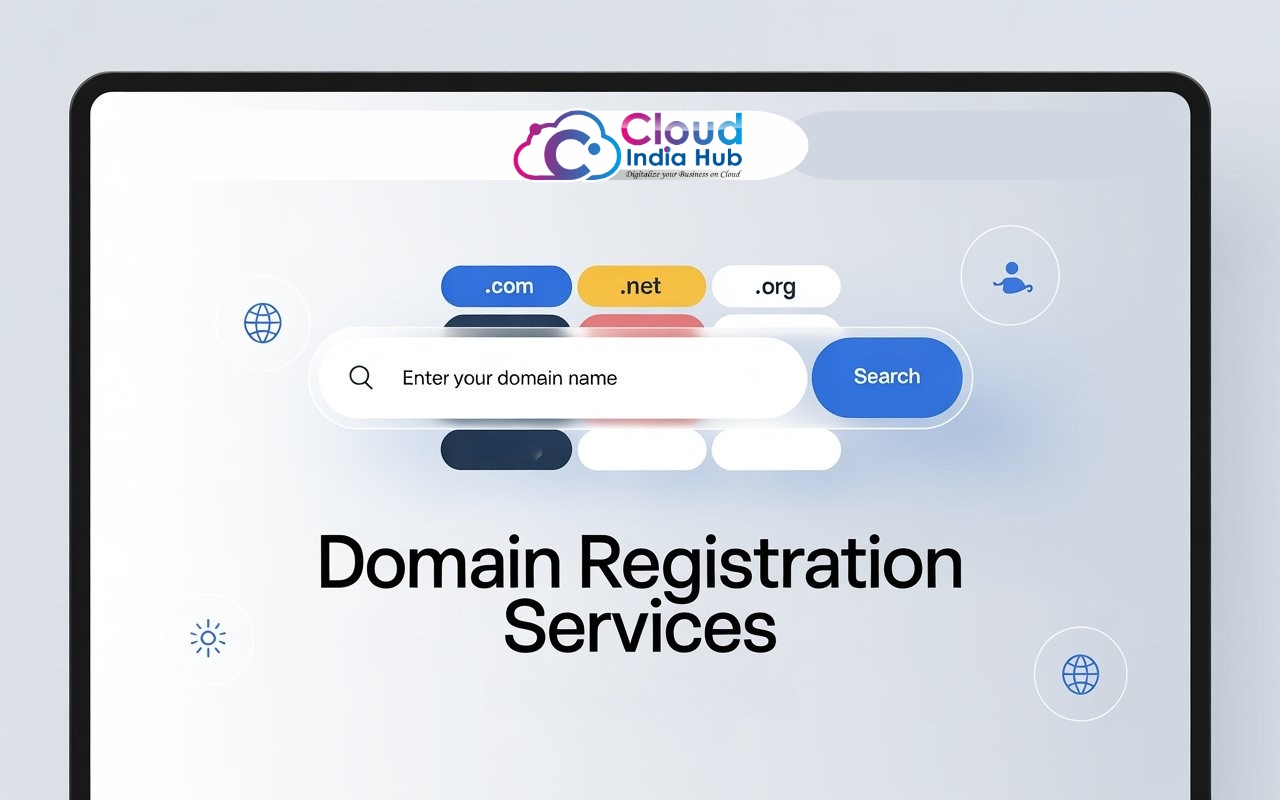
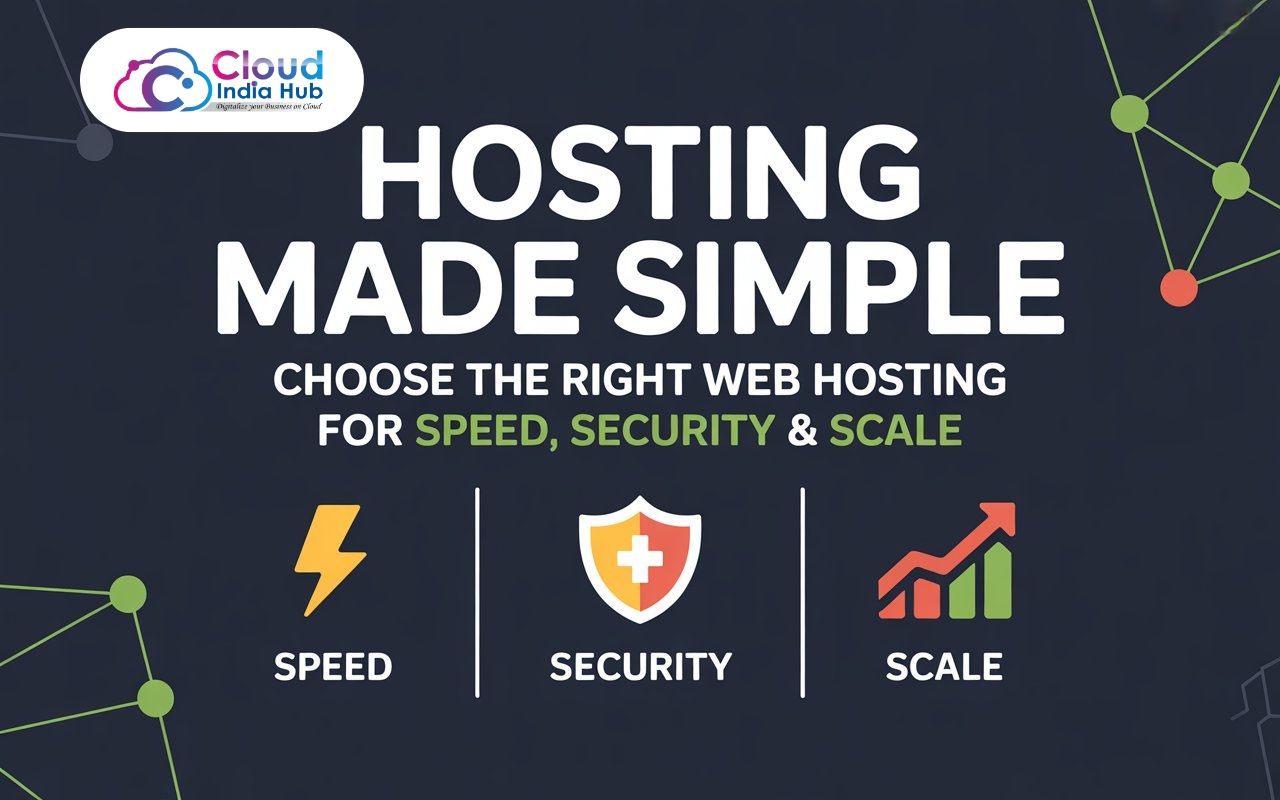
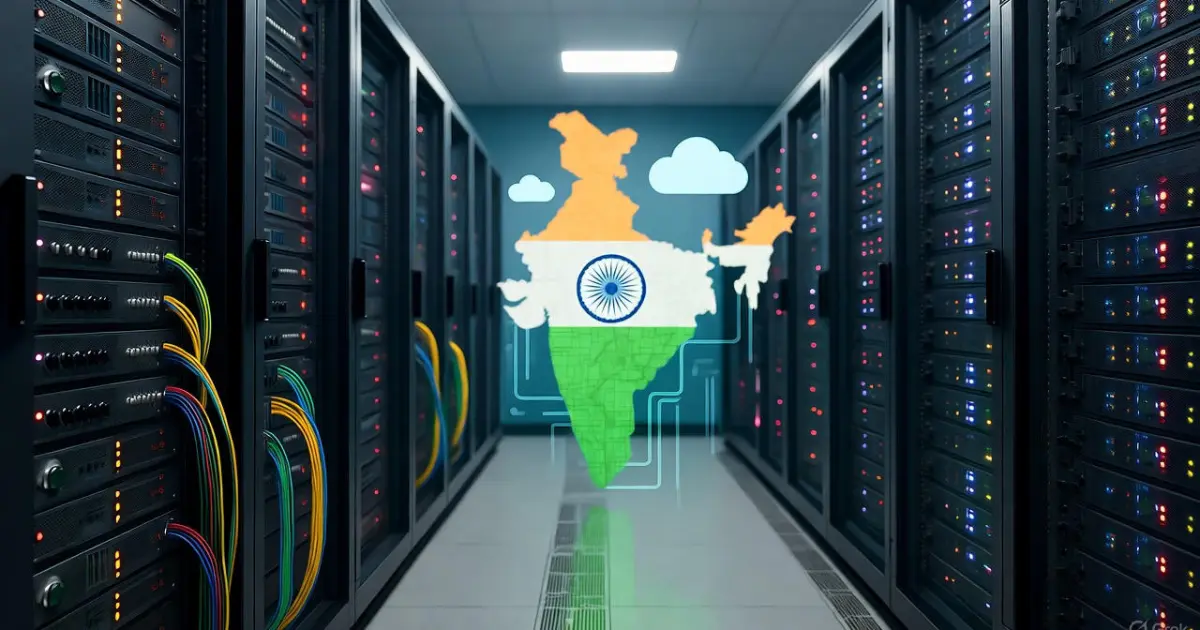
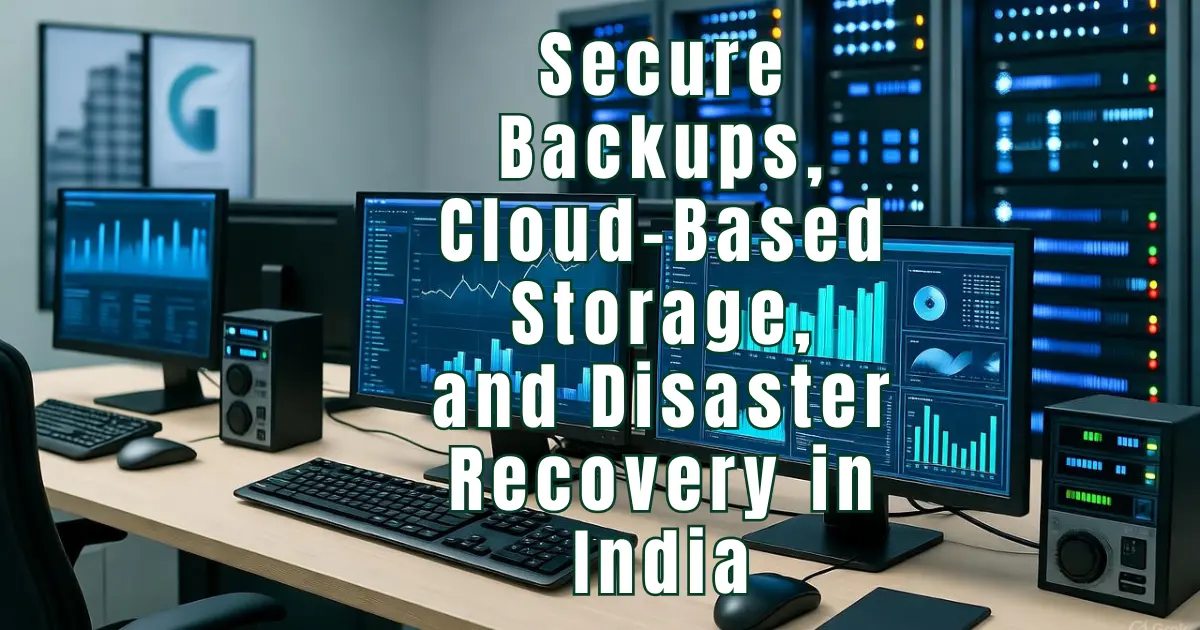




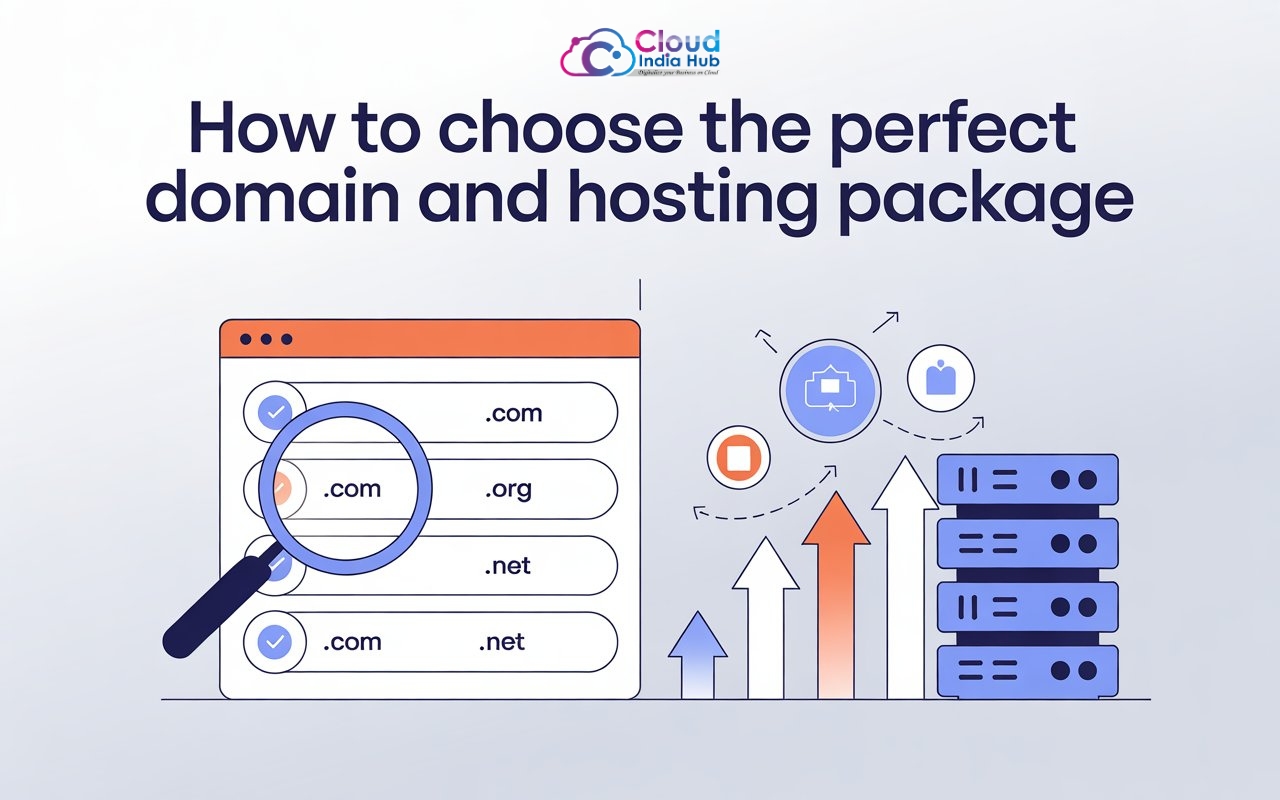
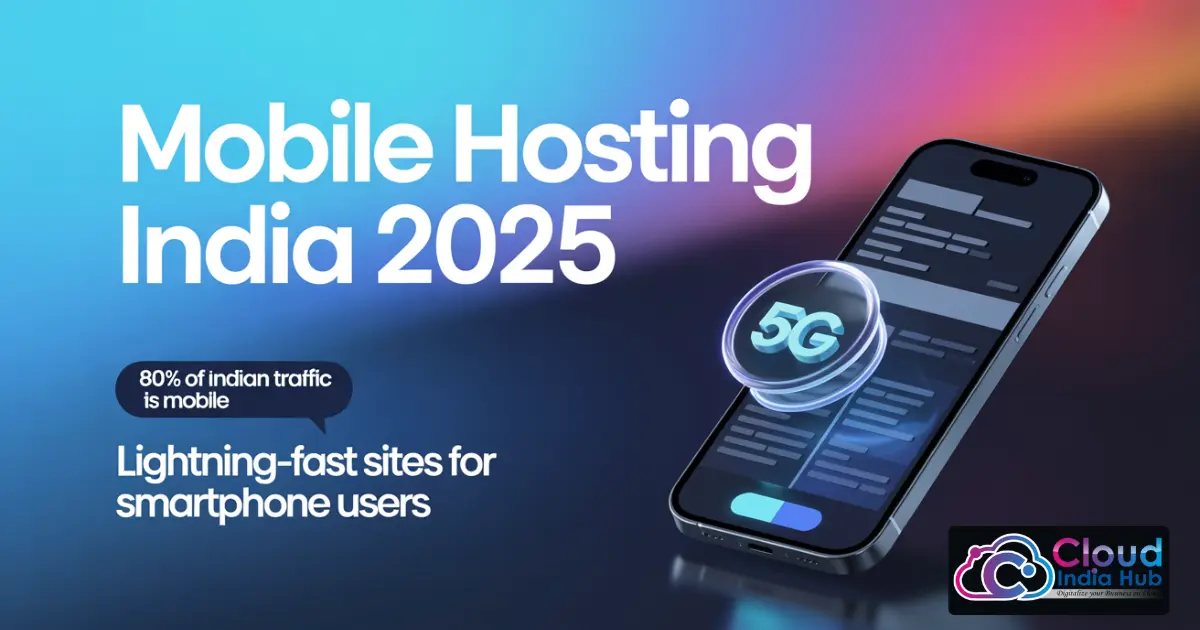
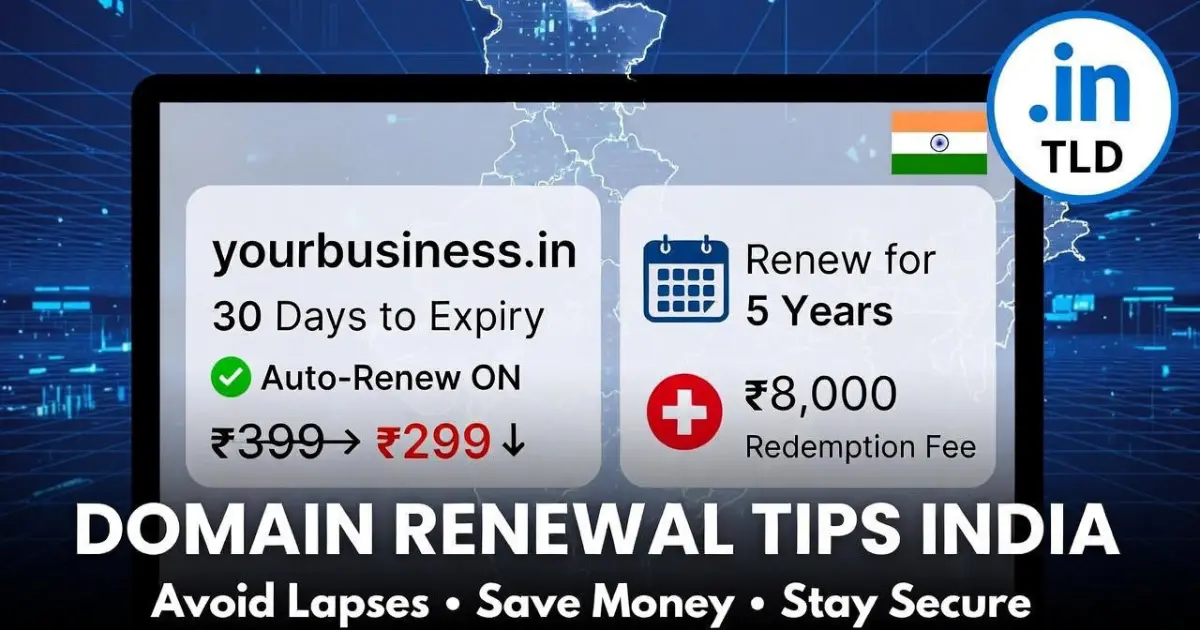
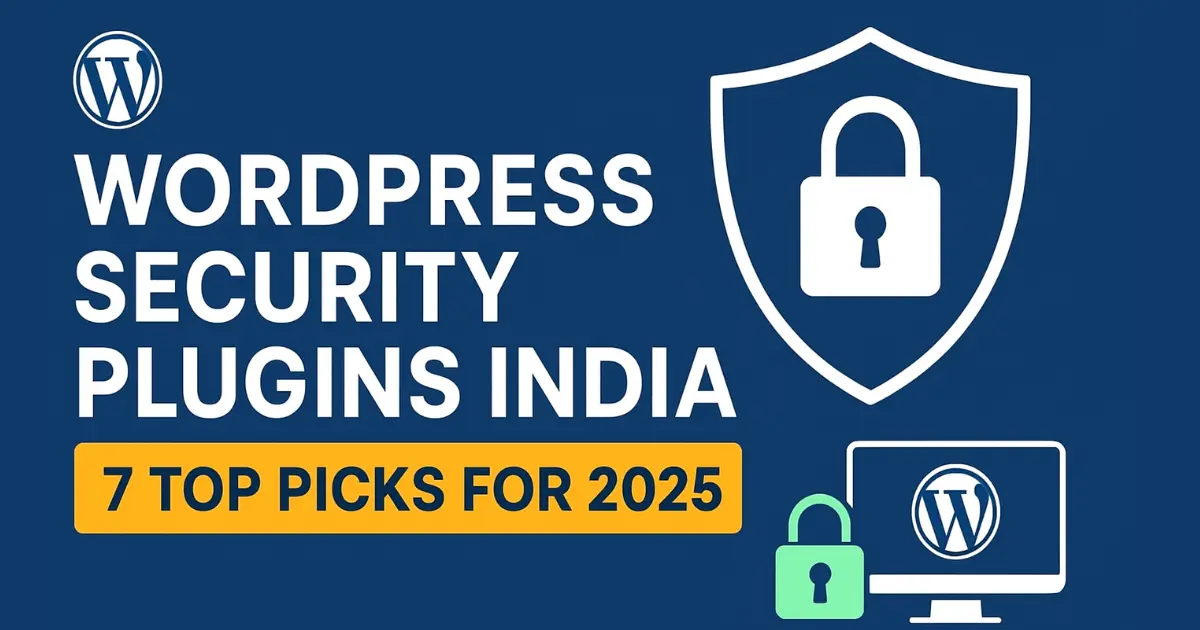
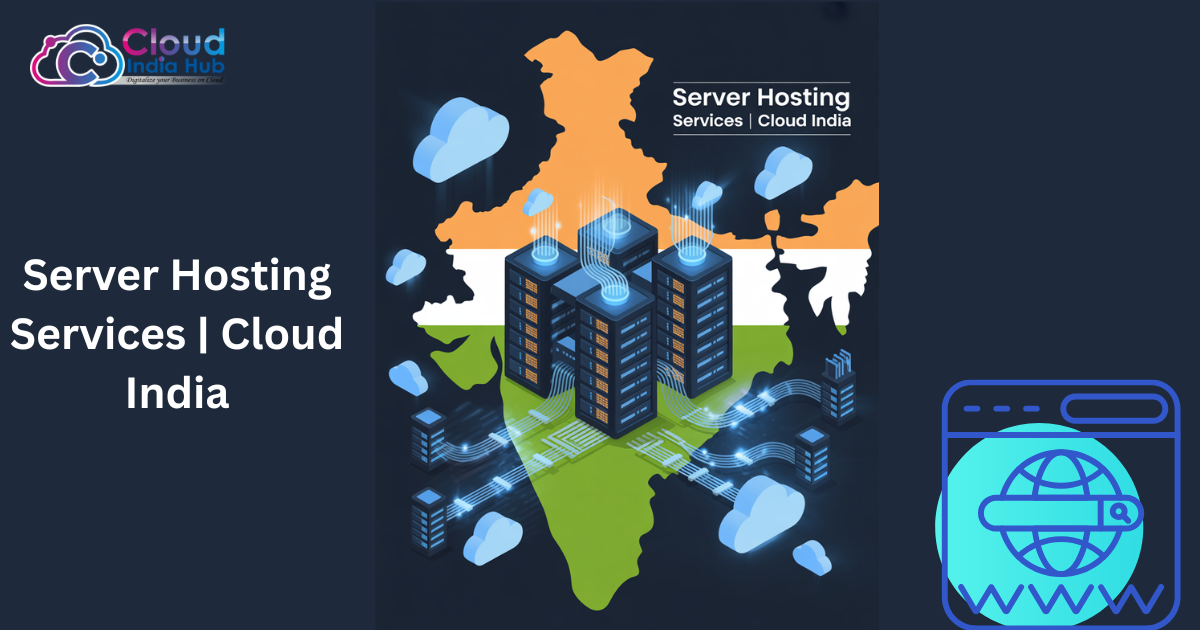
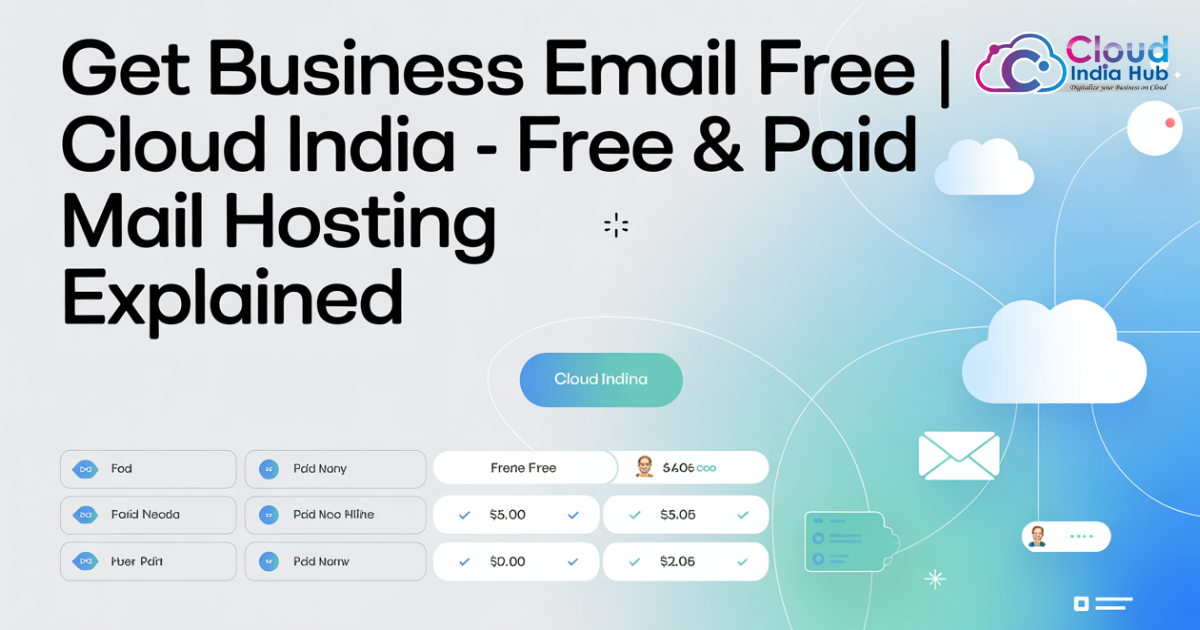

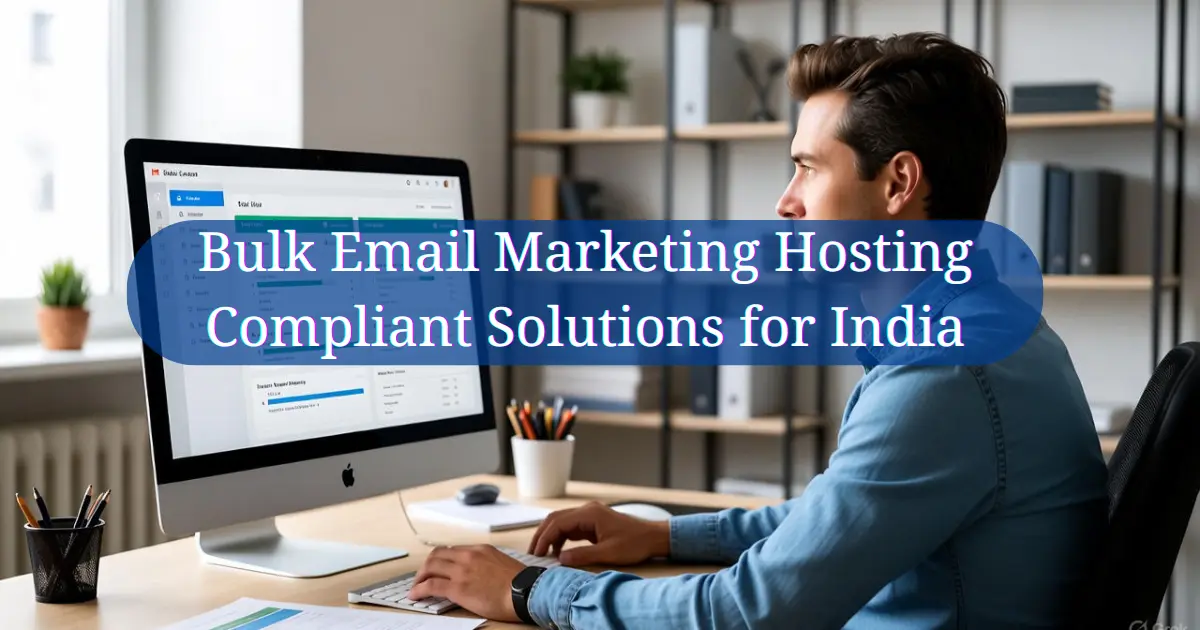

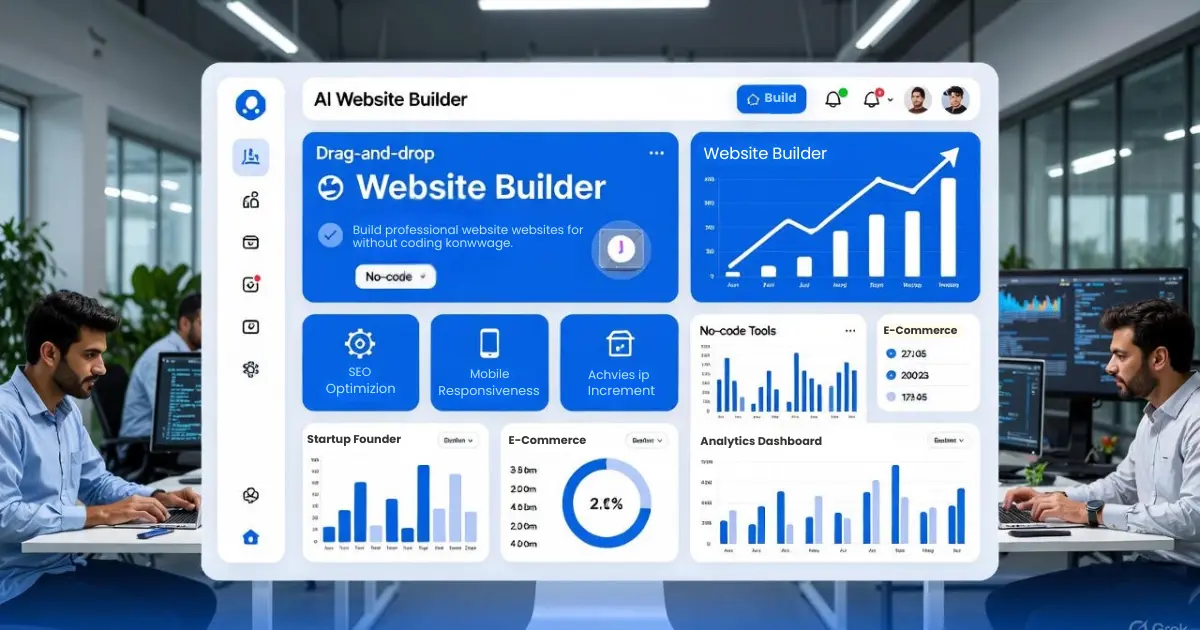




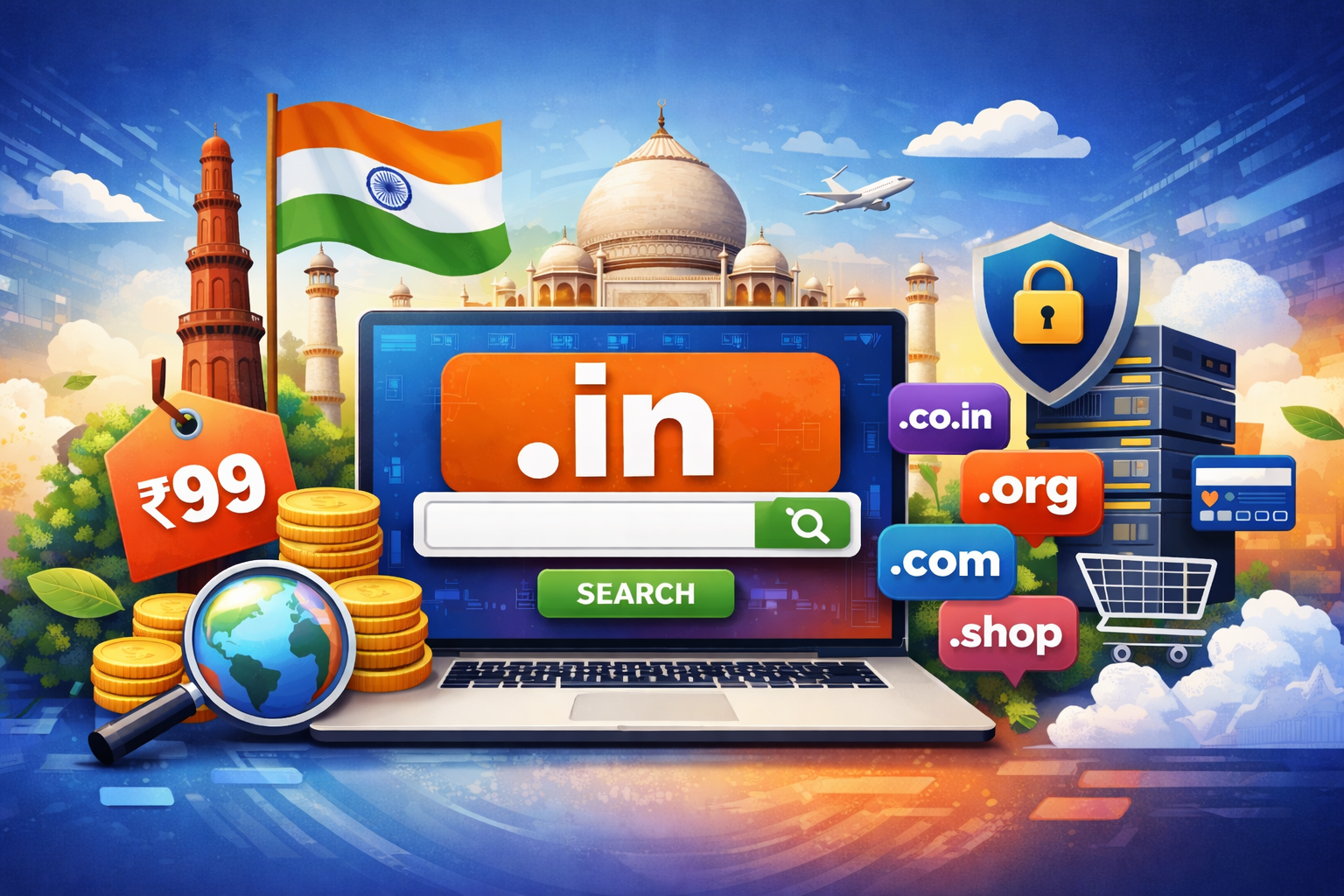
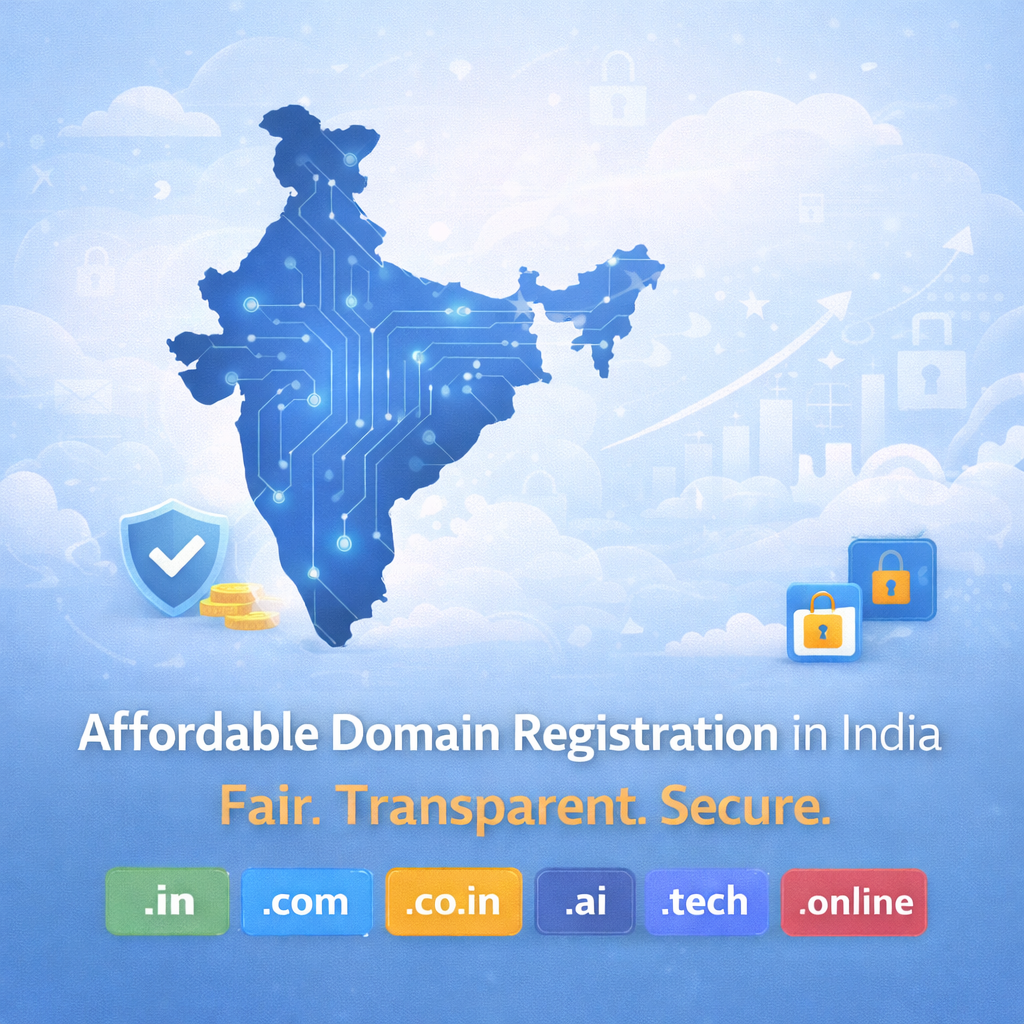
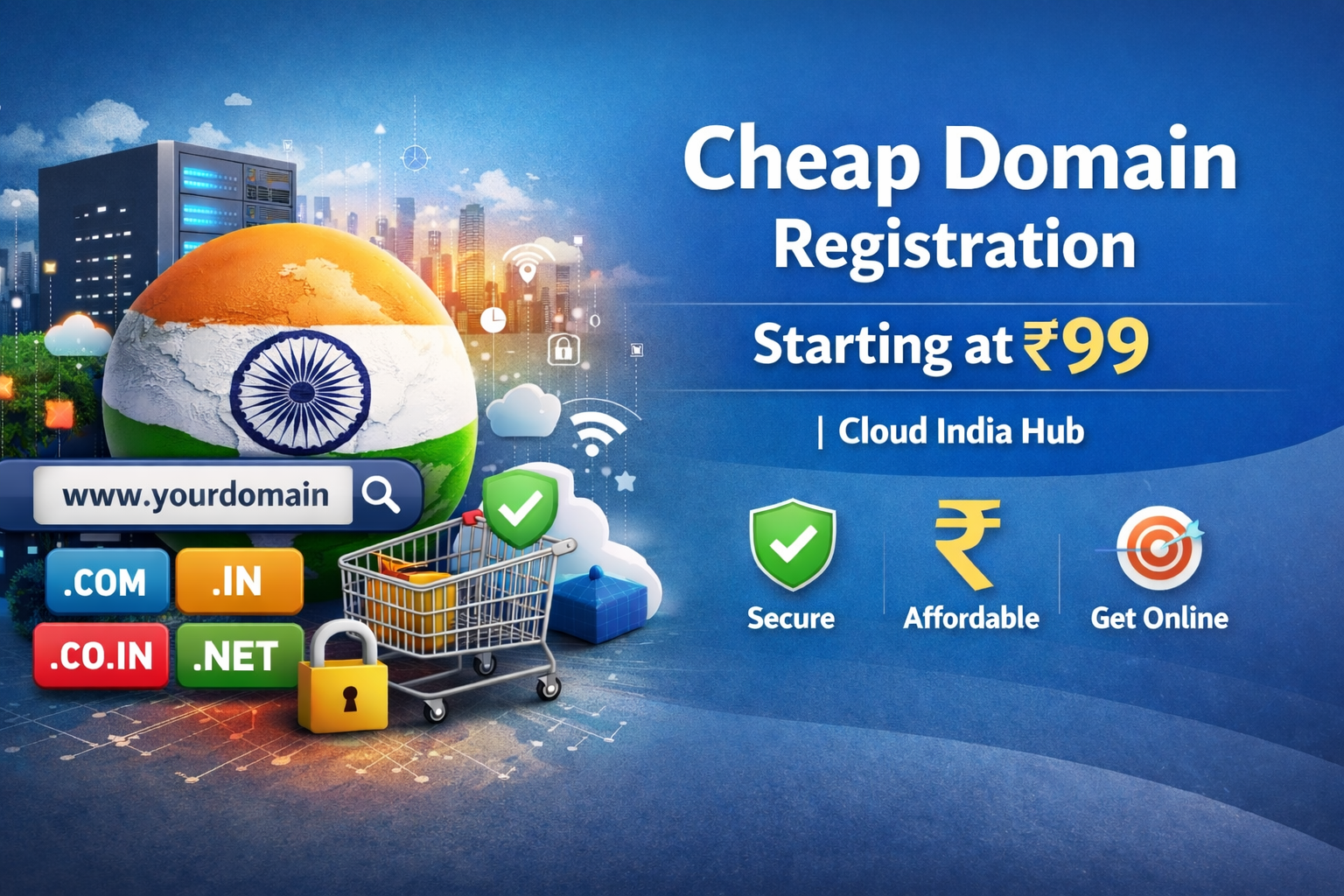
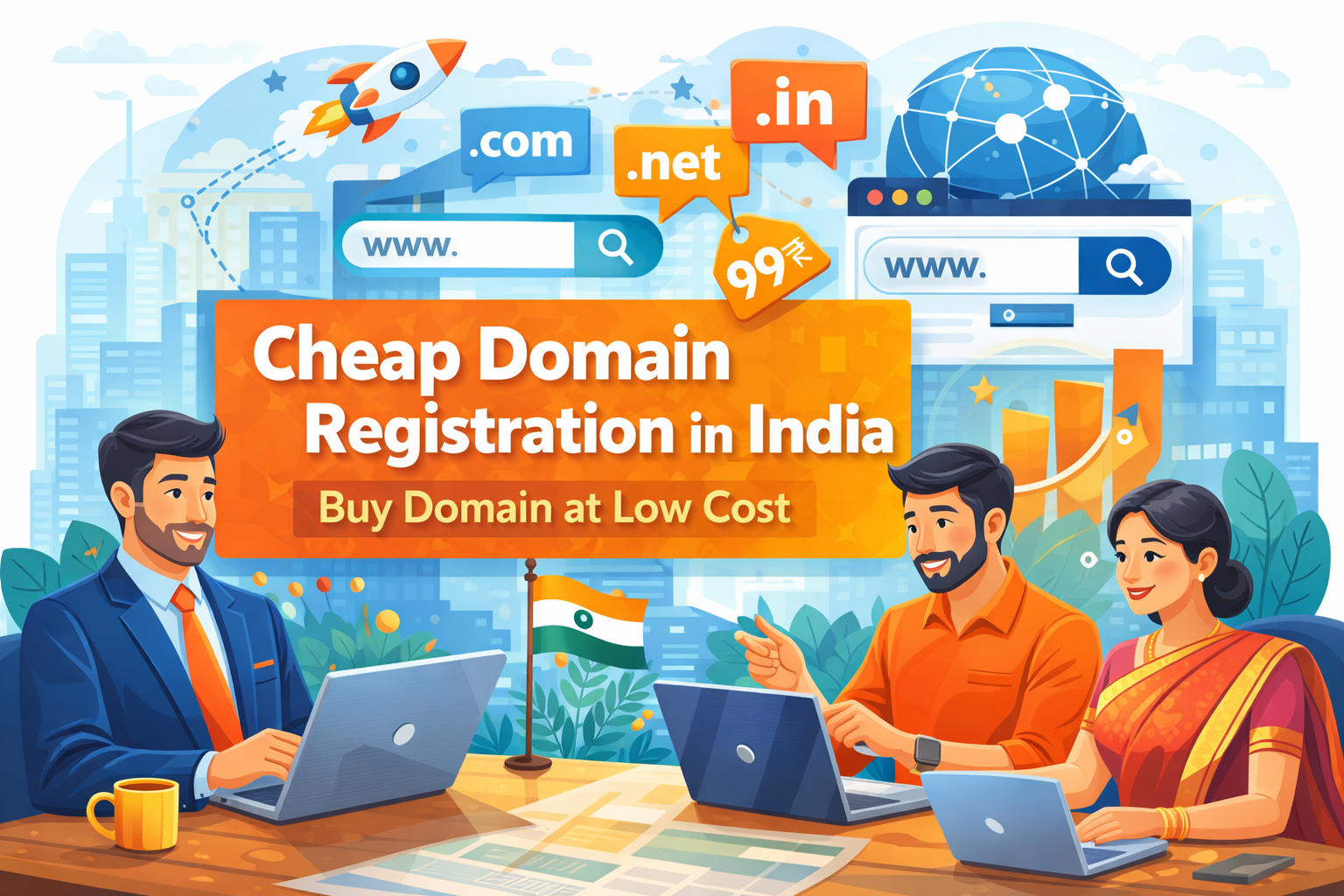
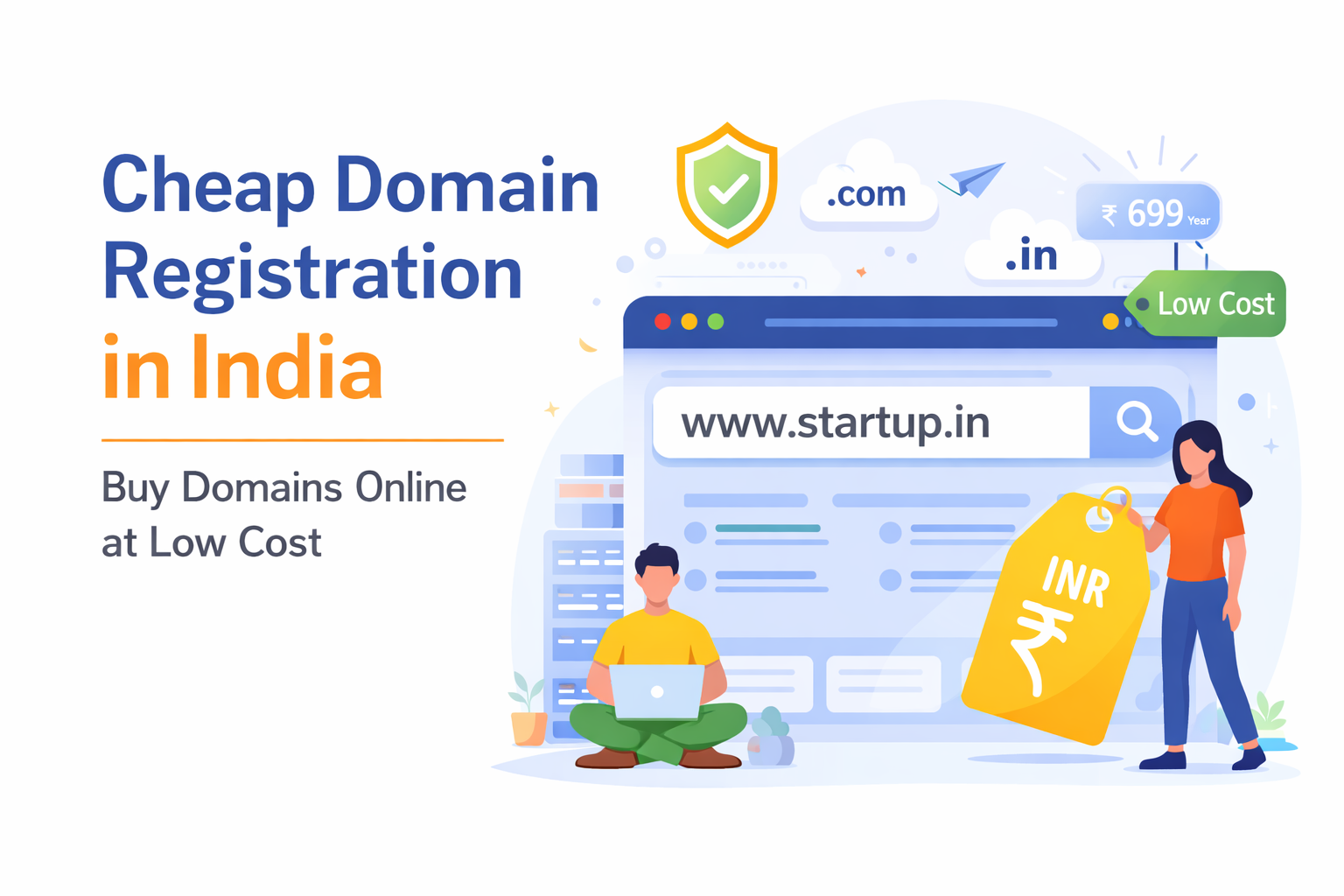



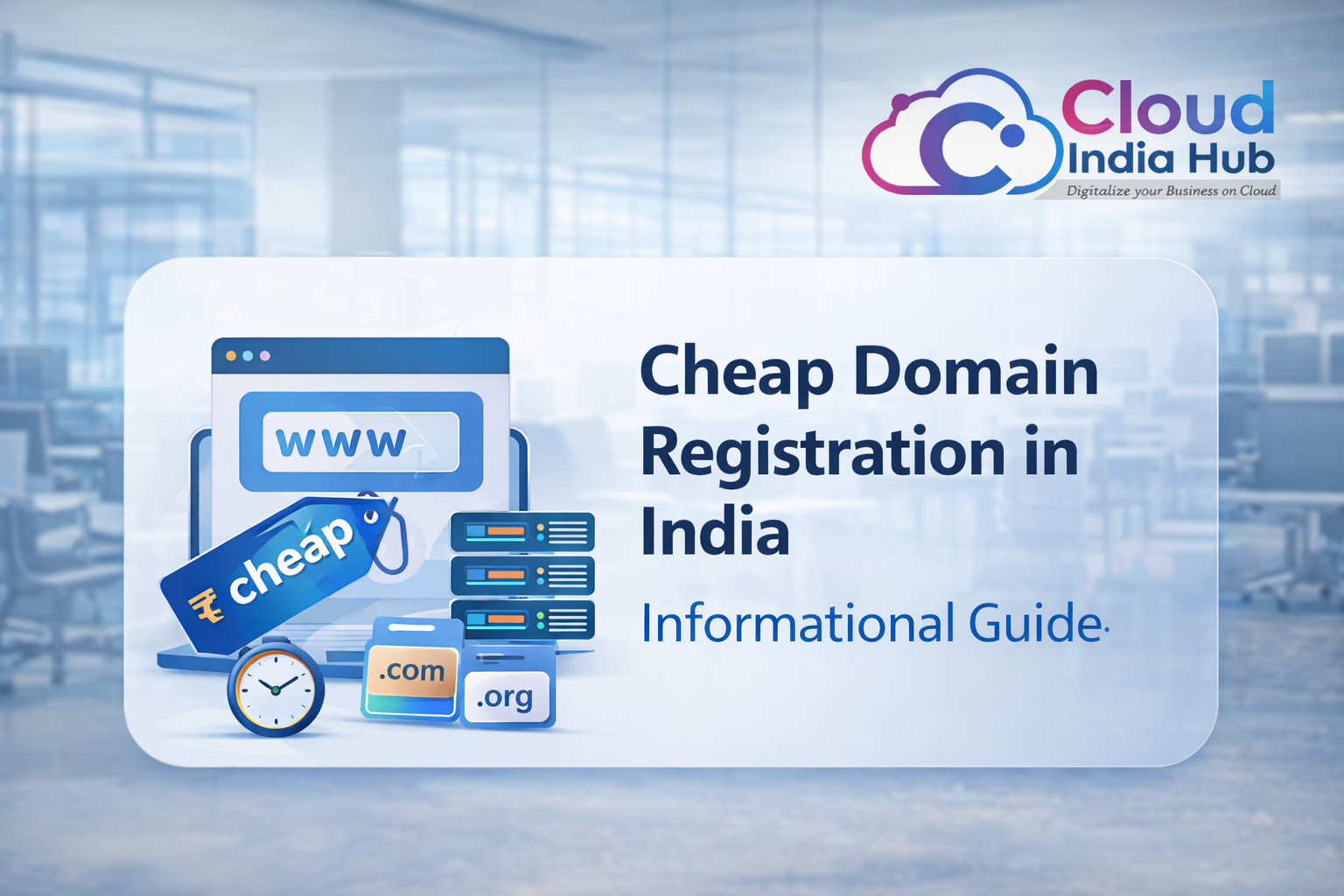

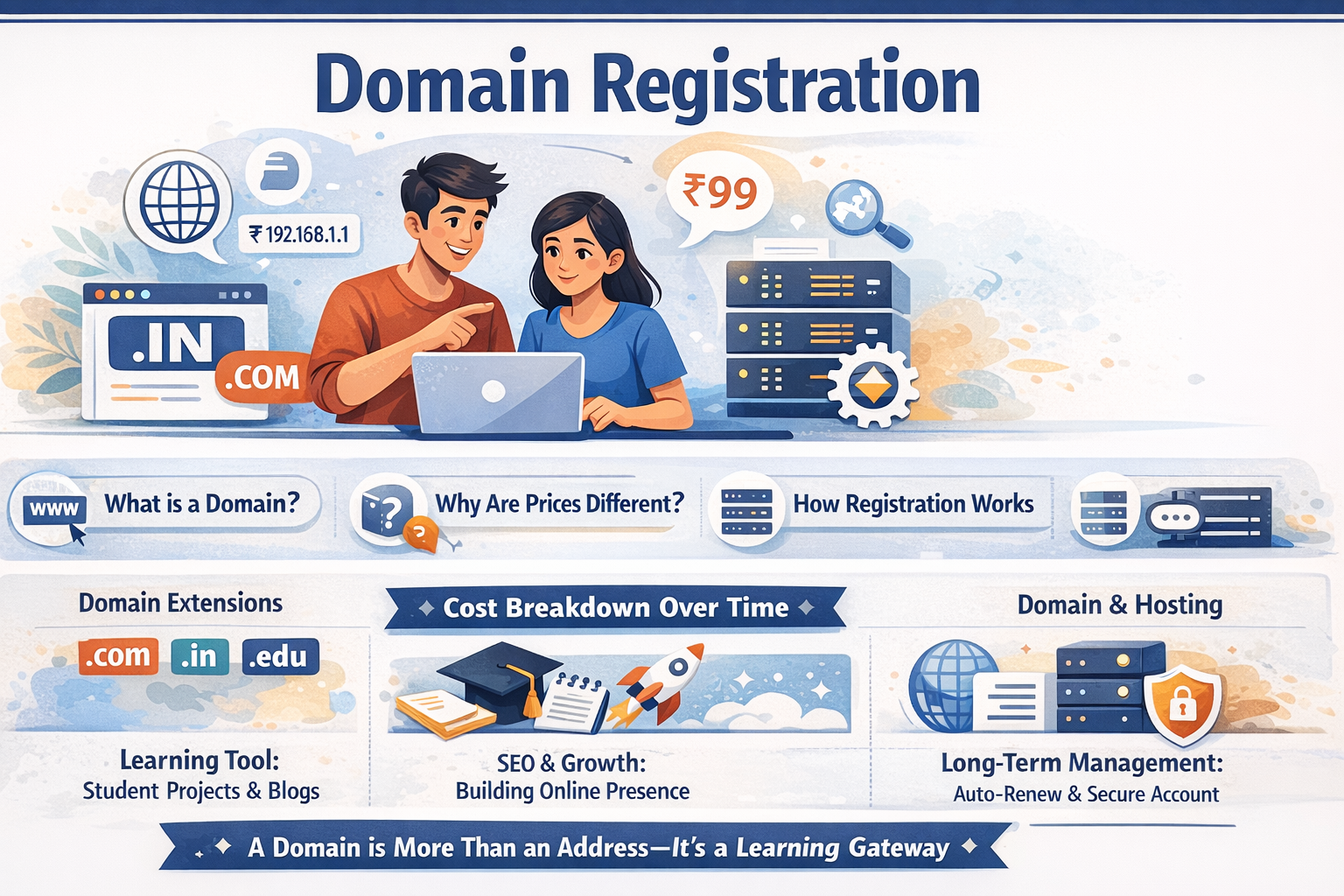
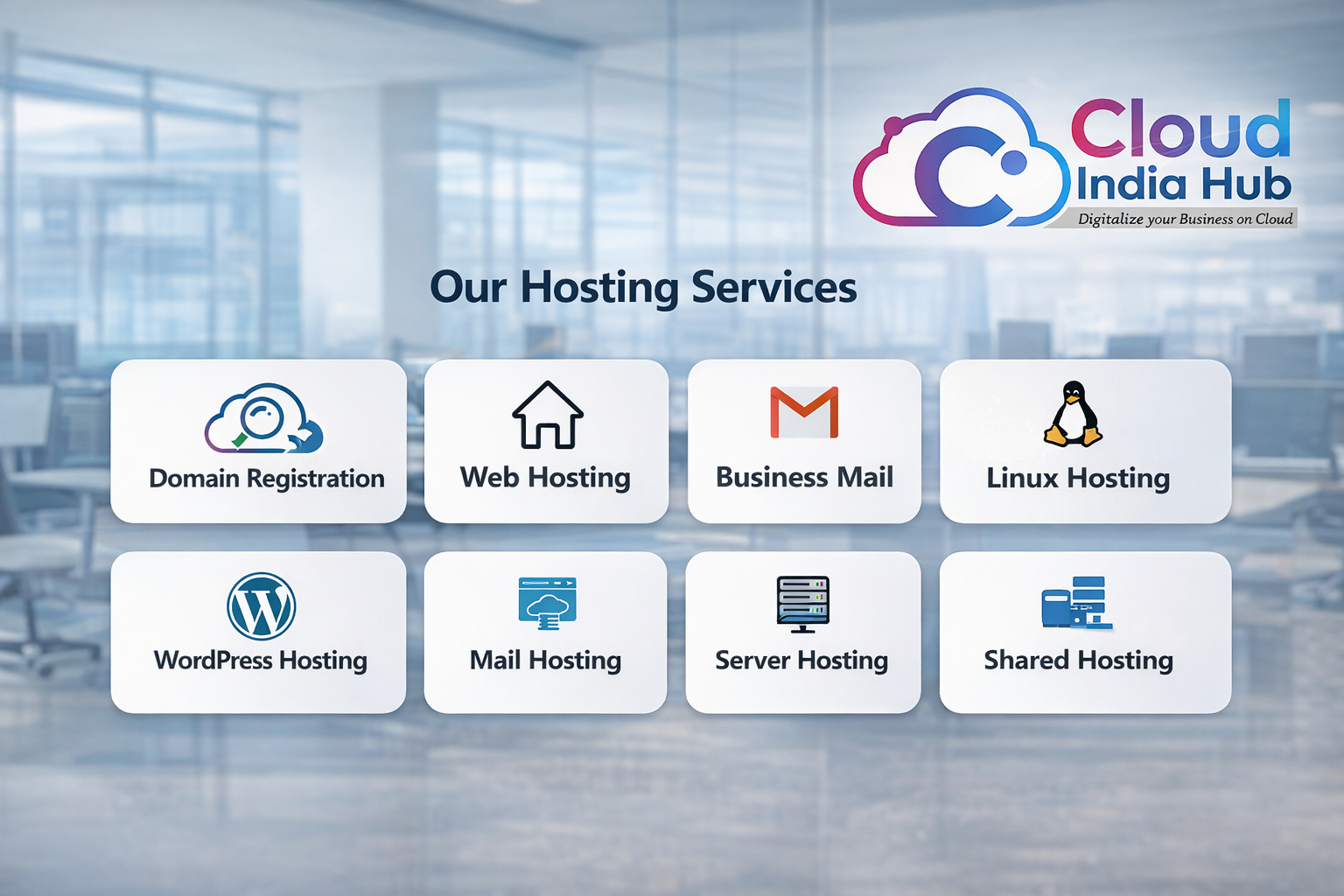





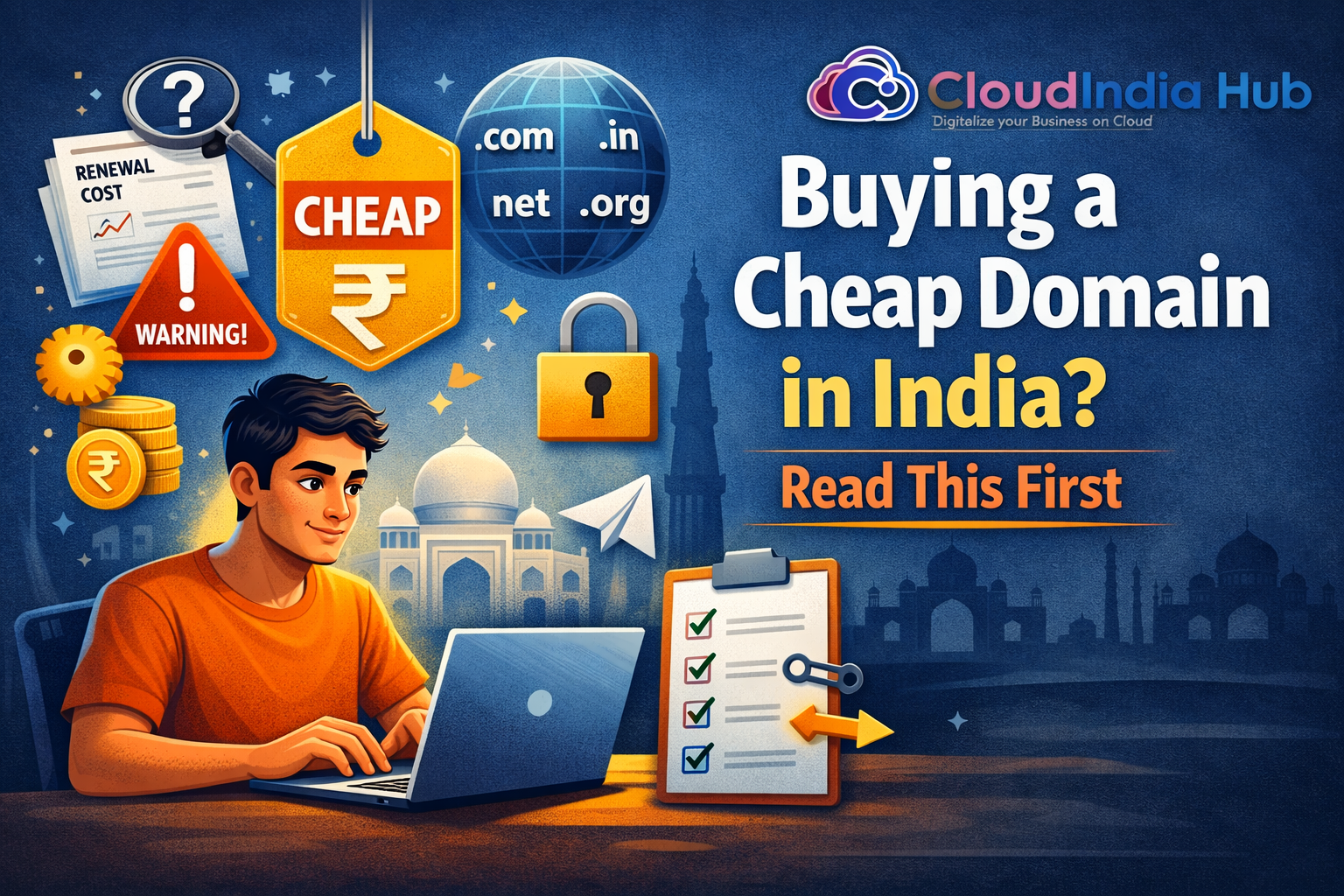



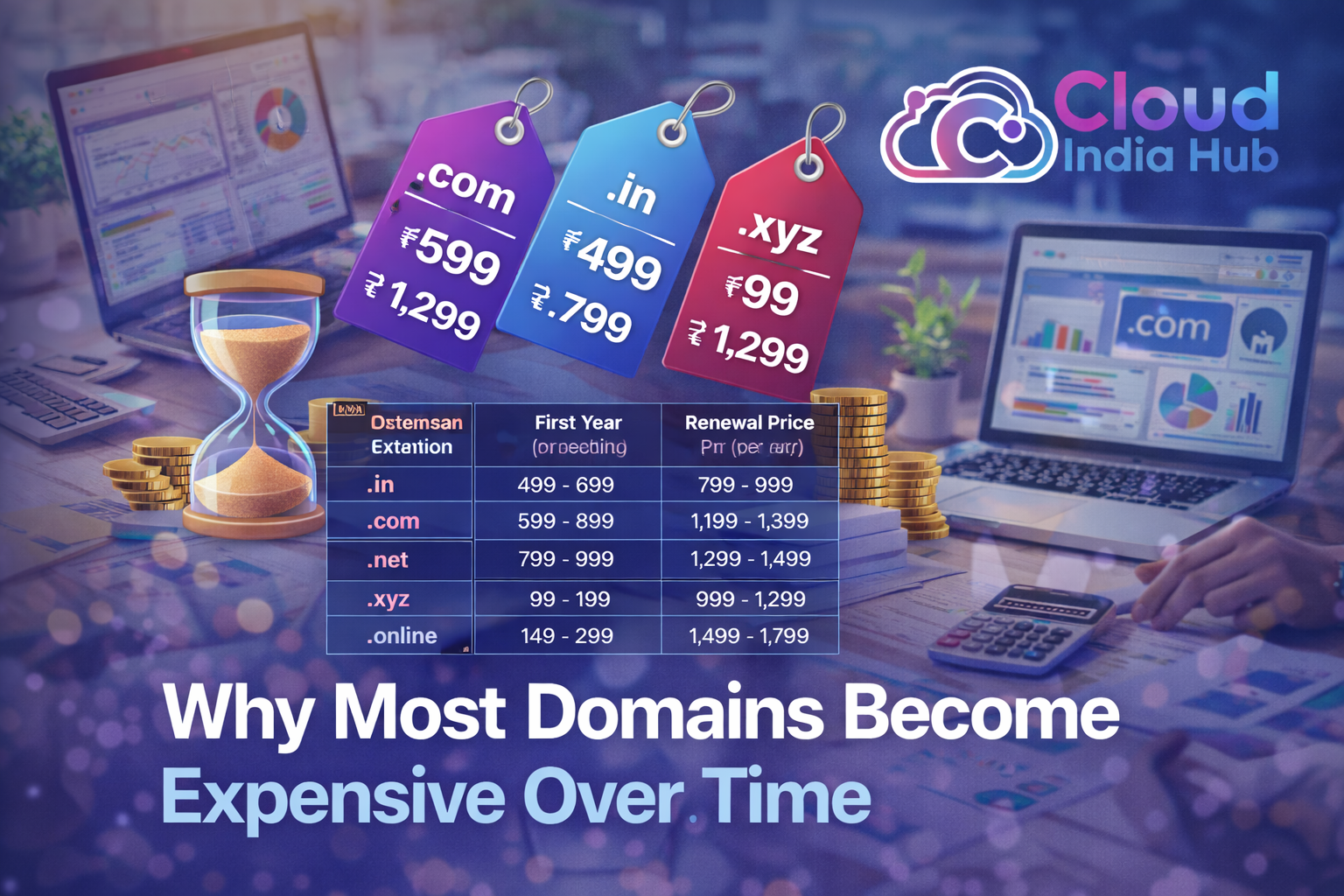


Leave A Comment